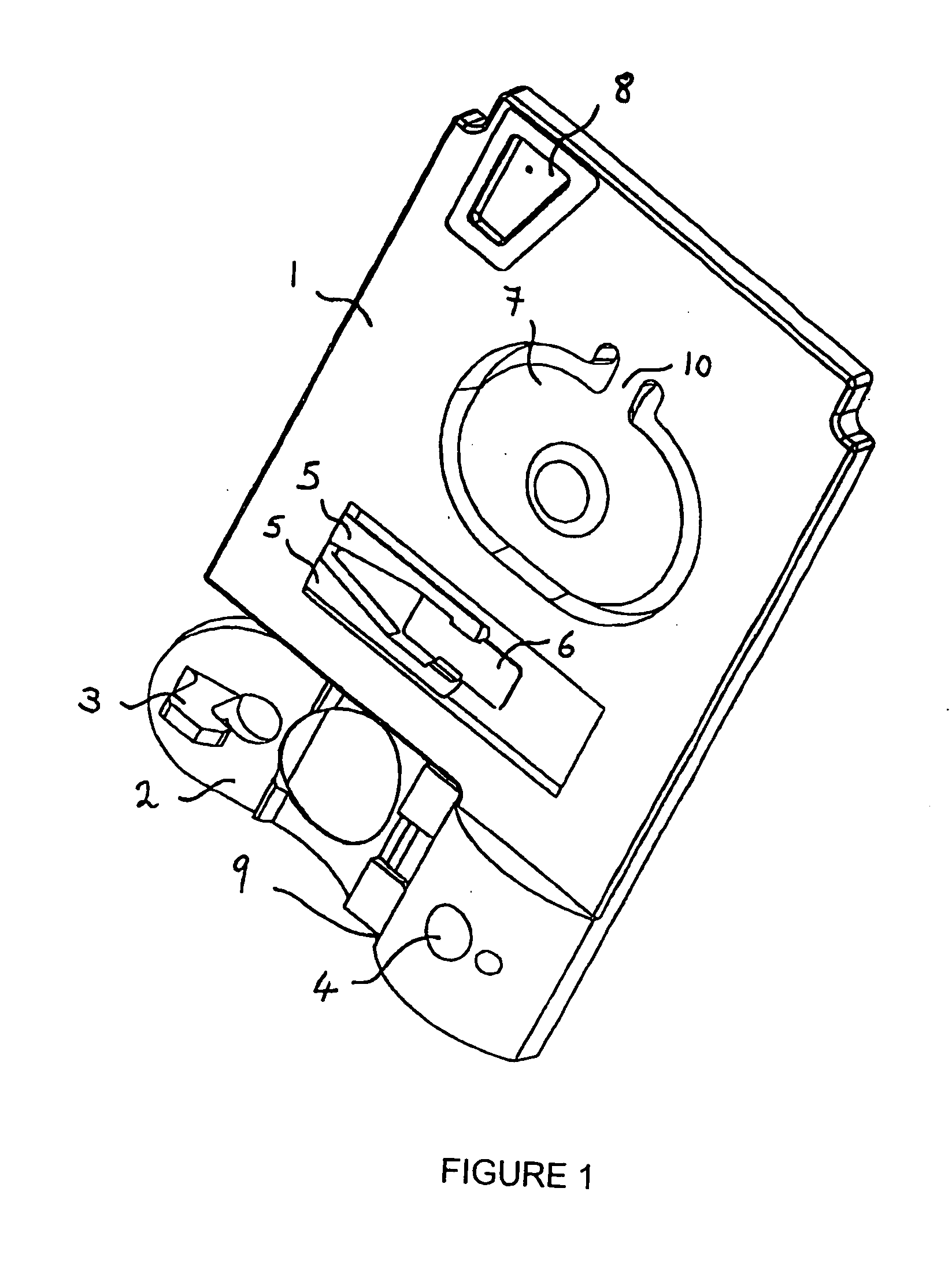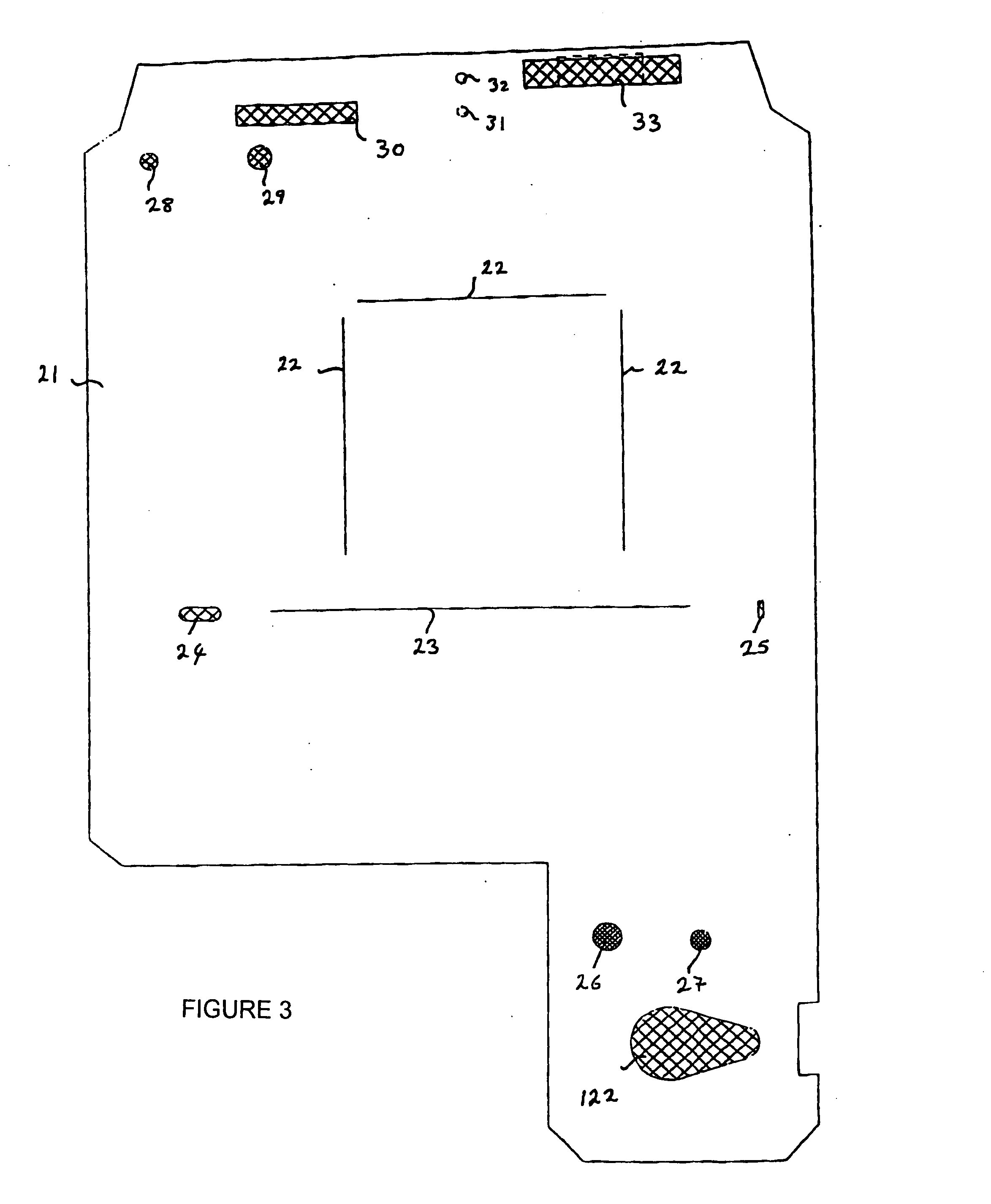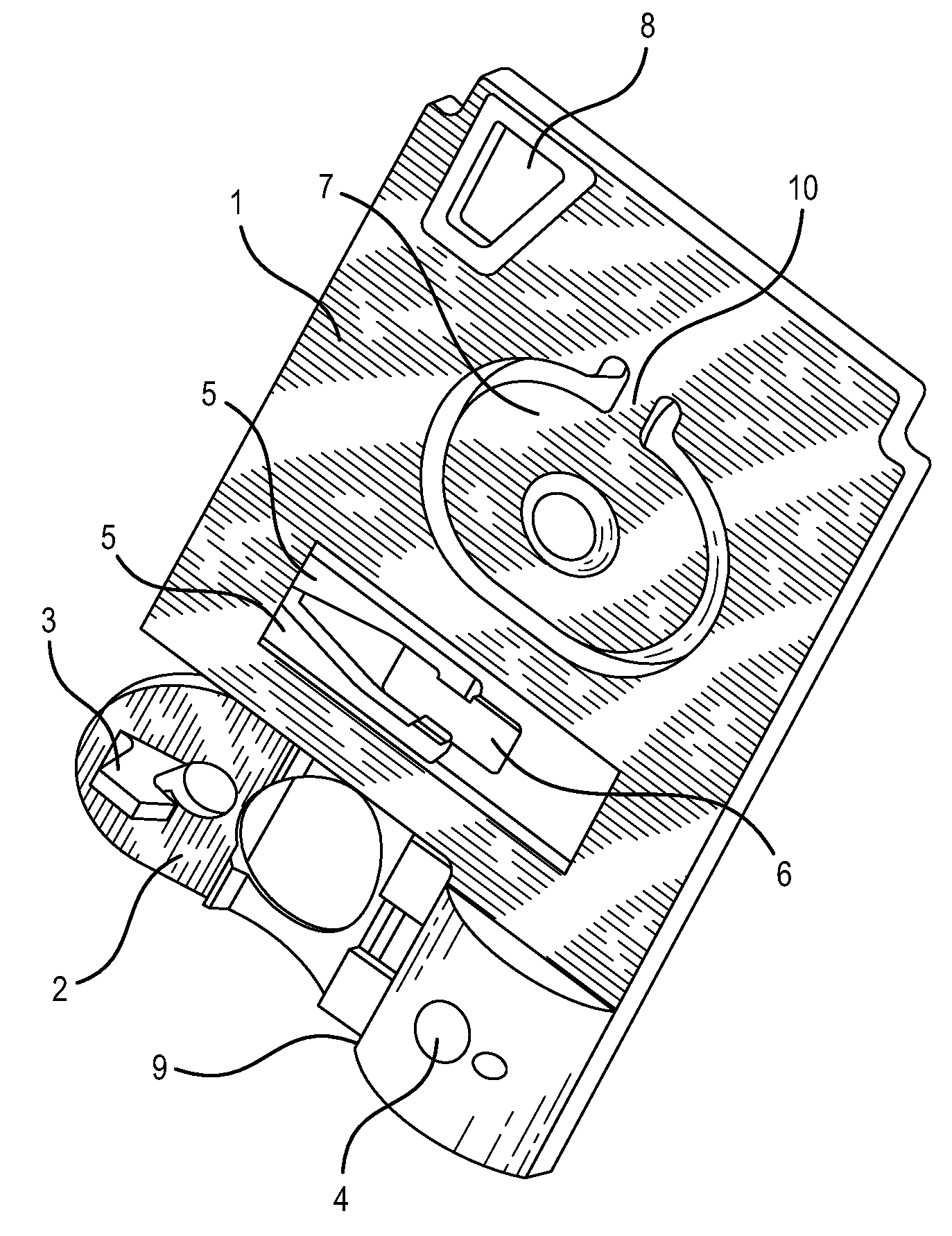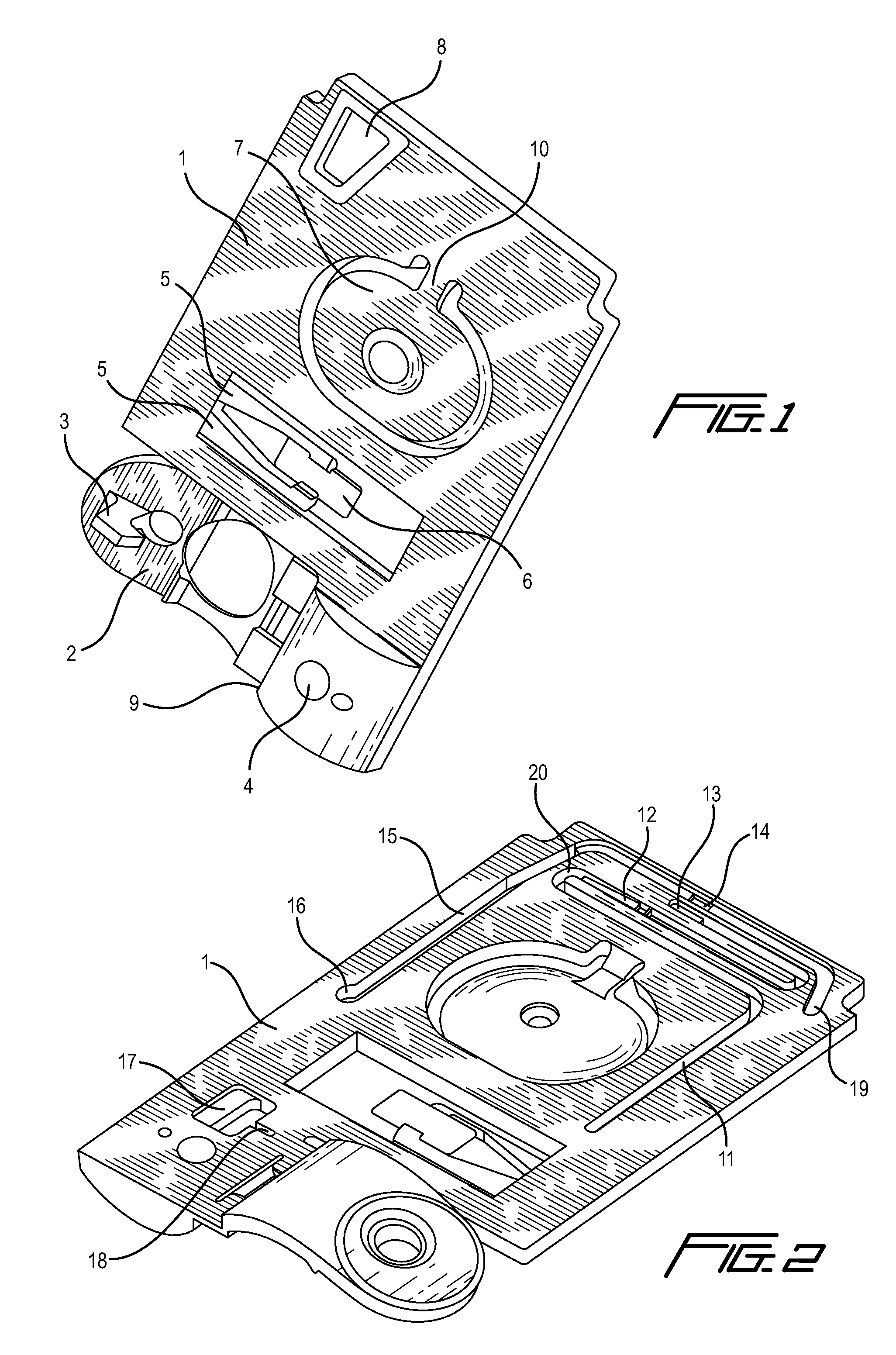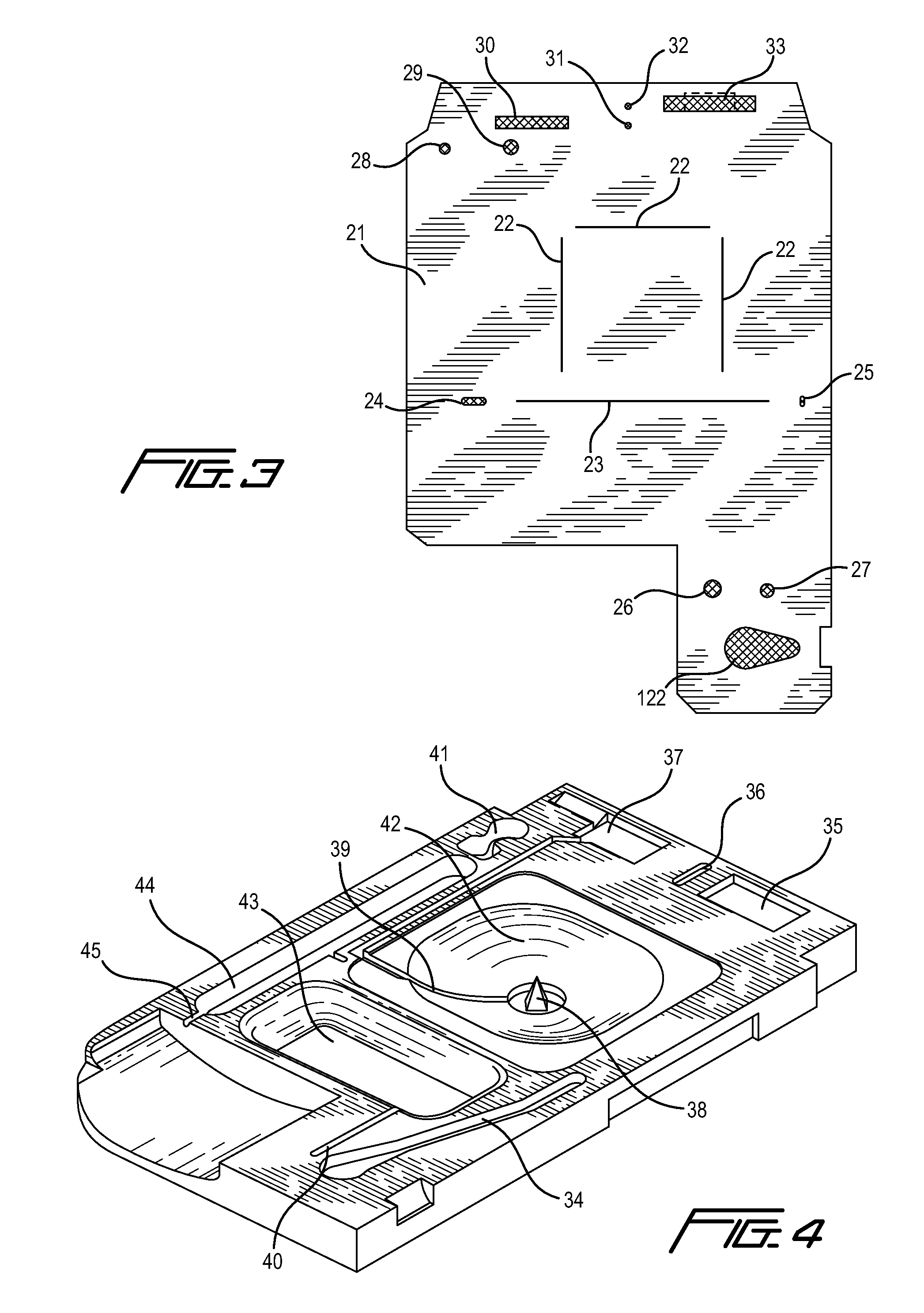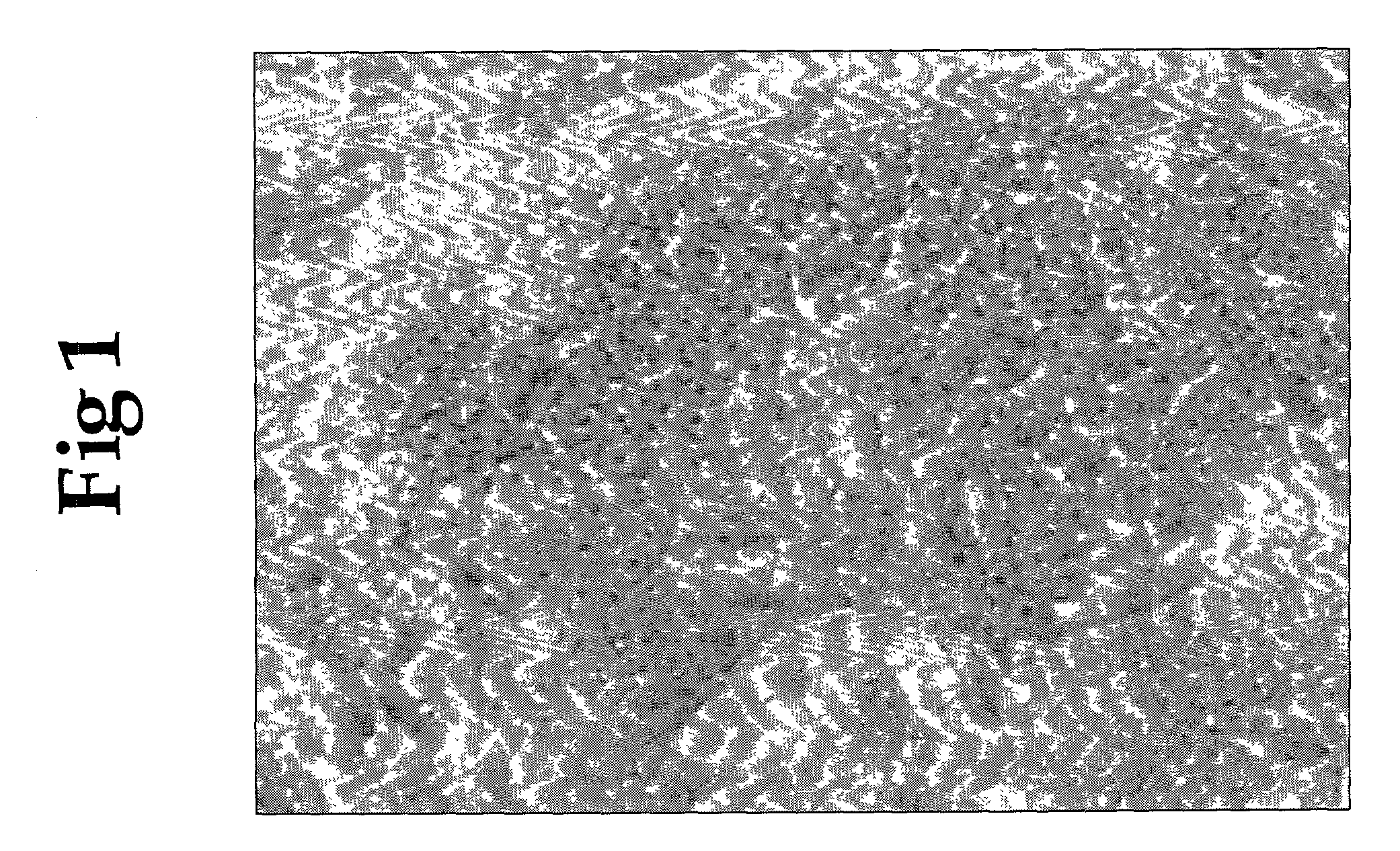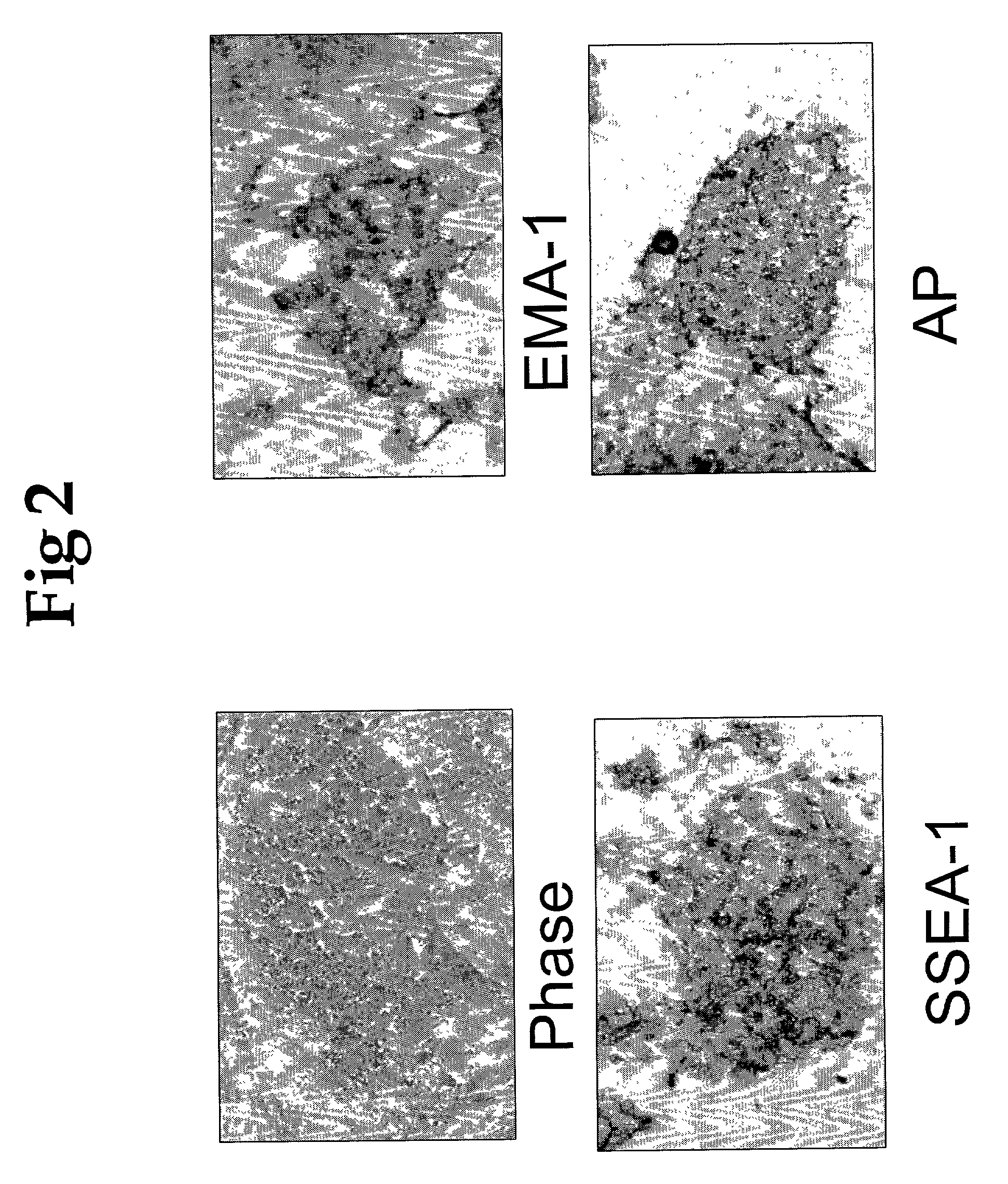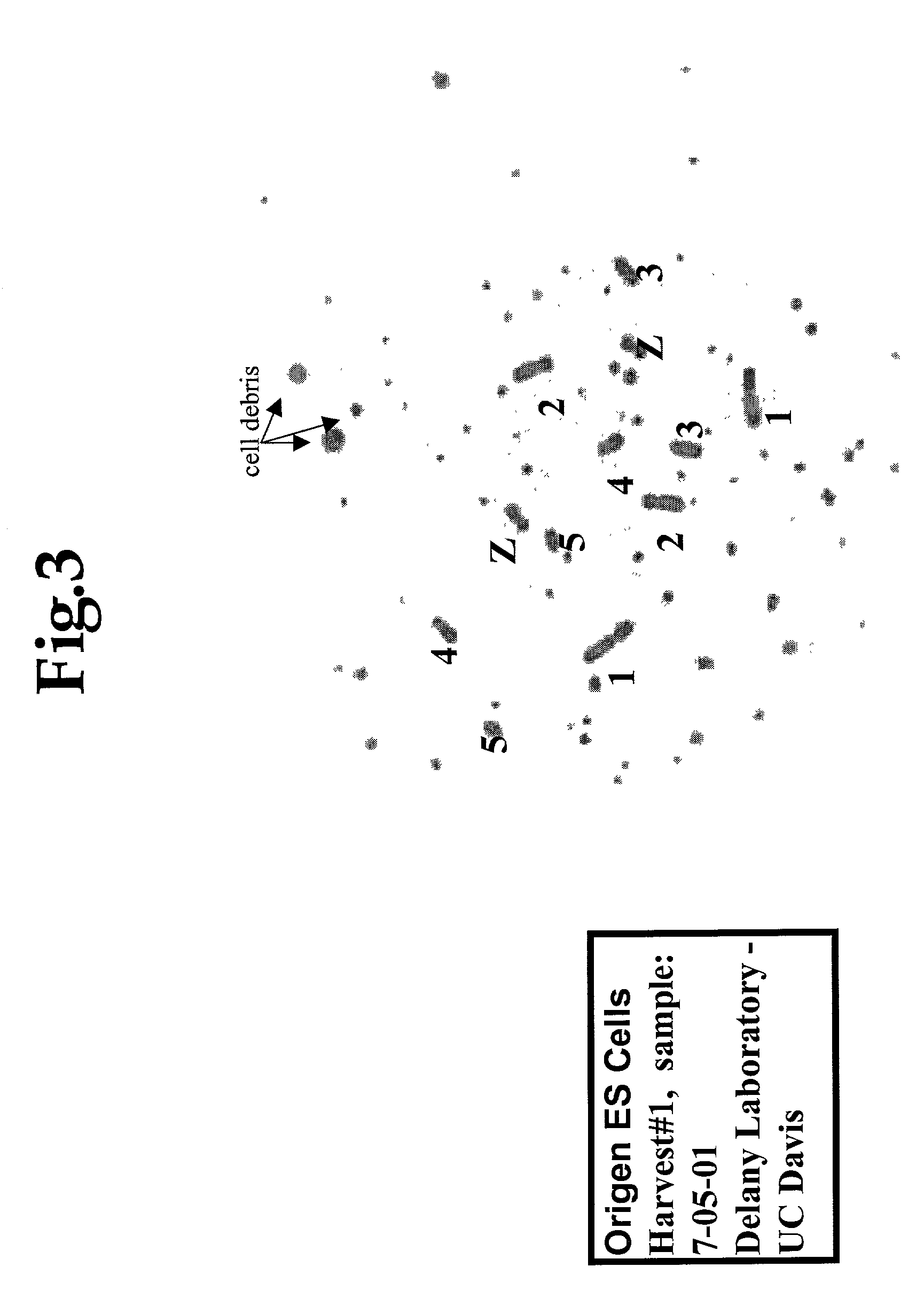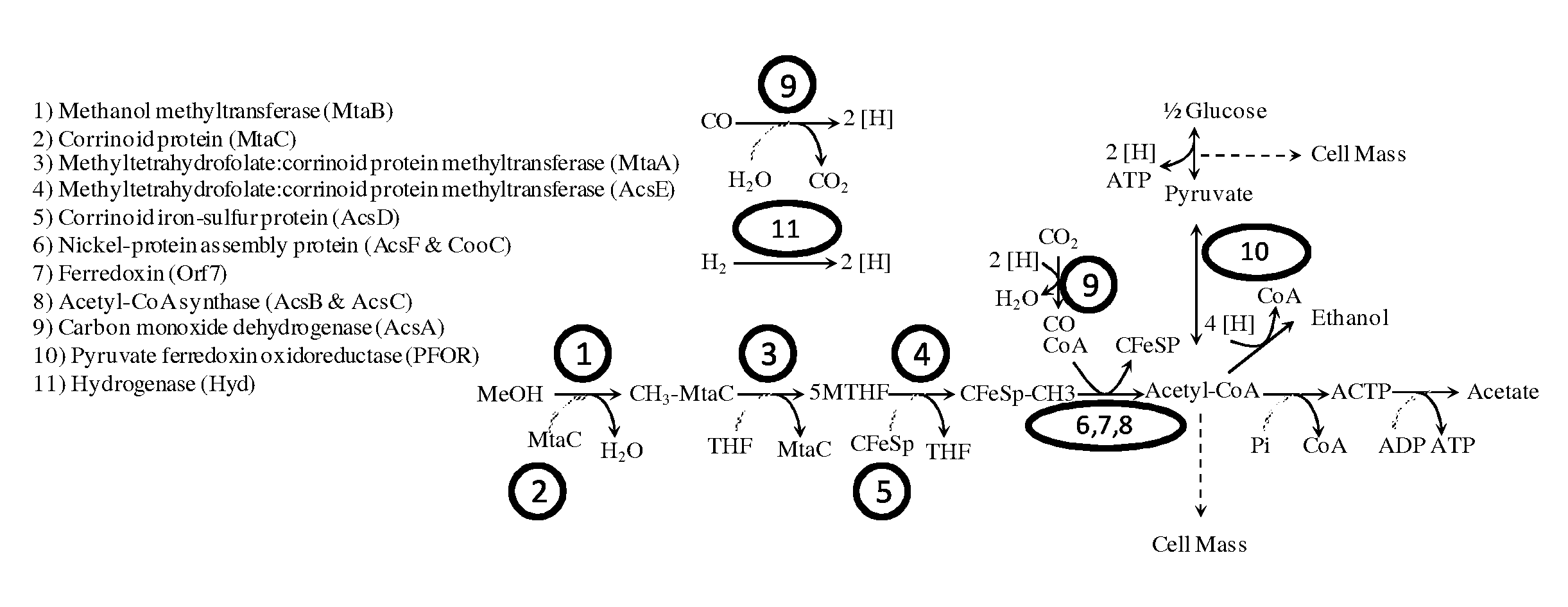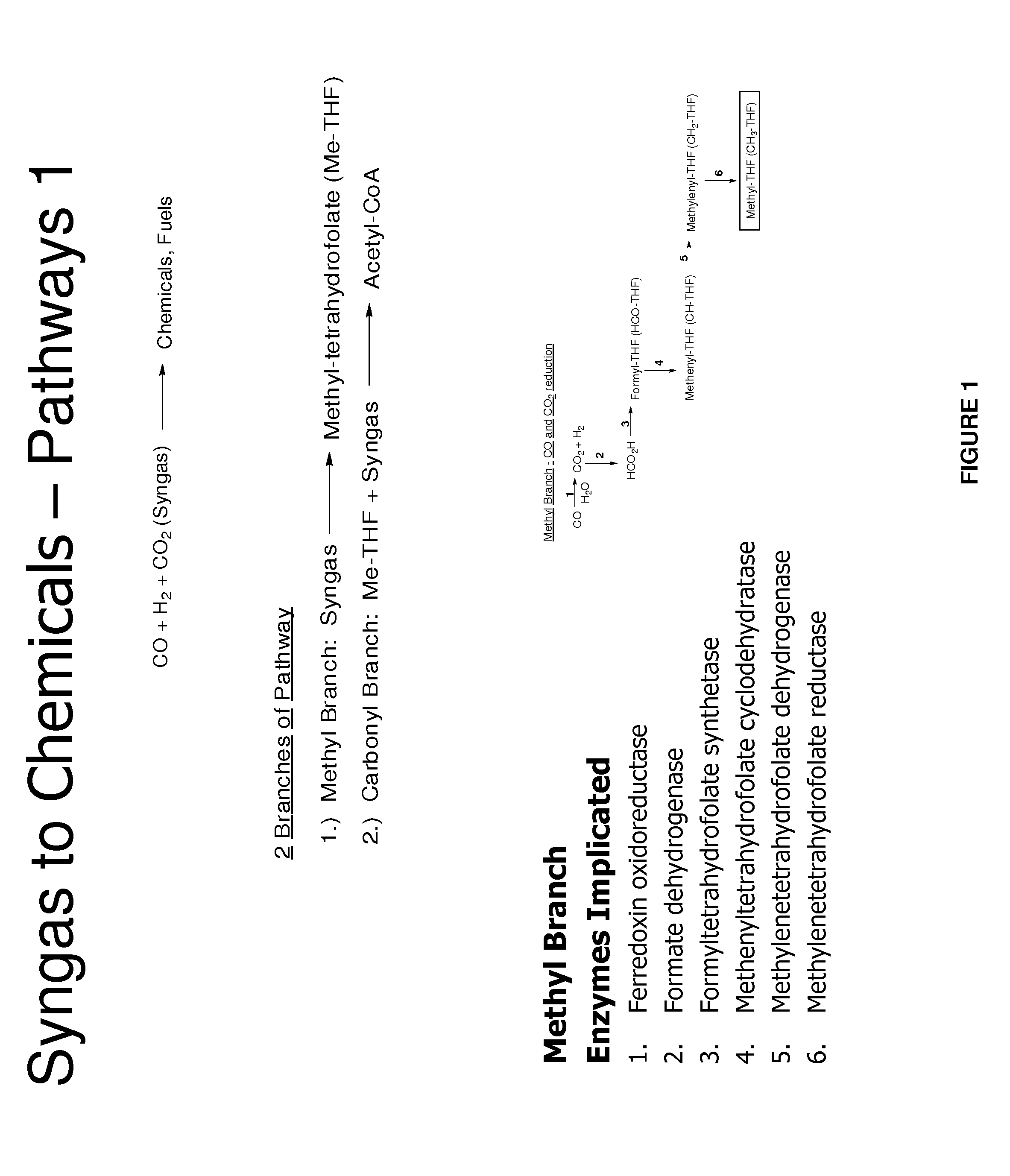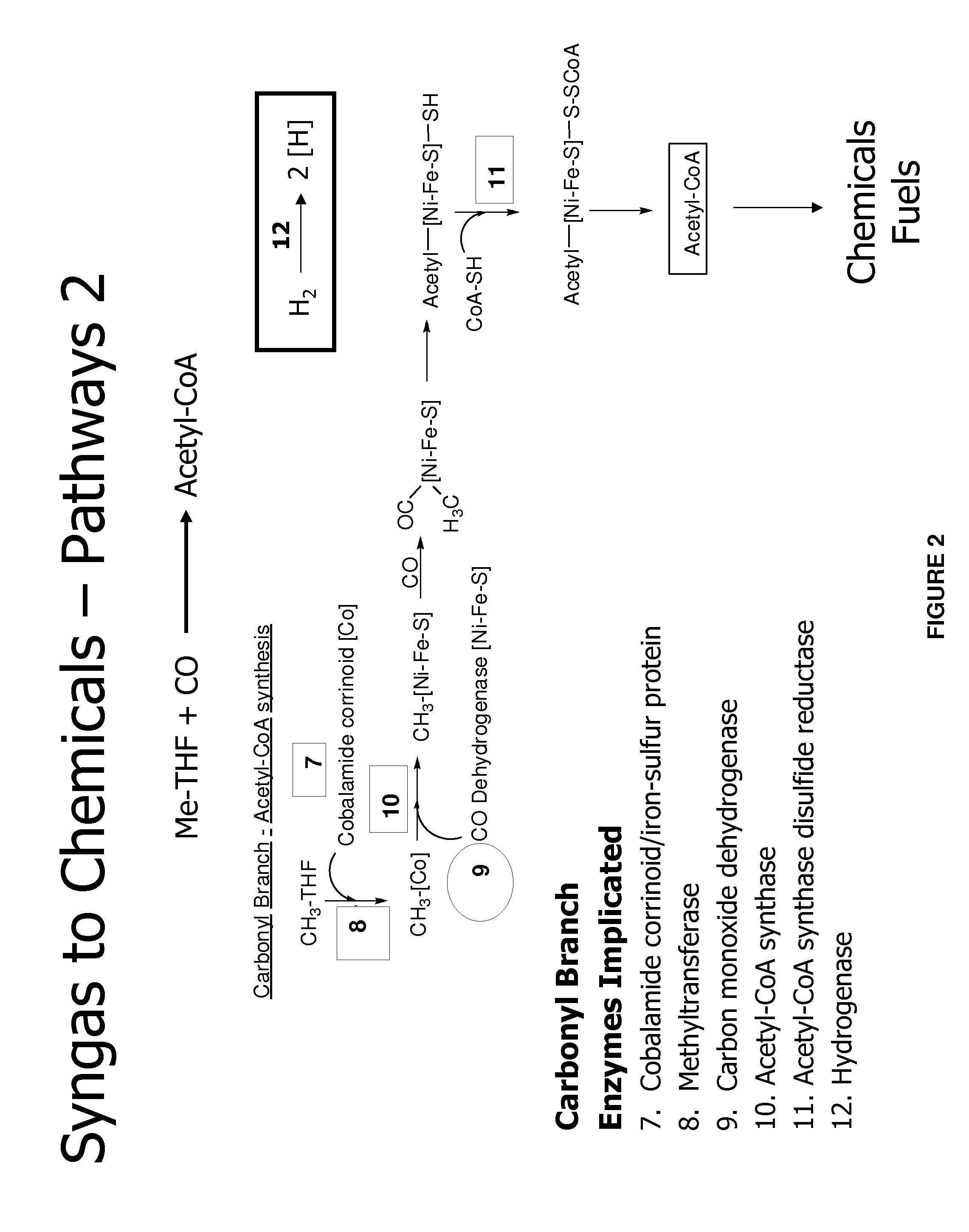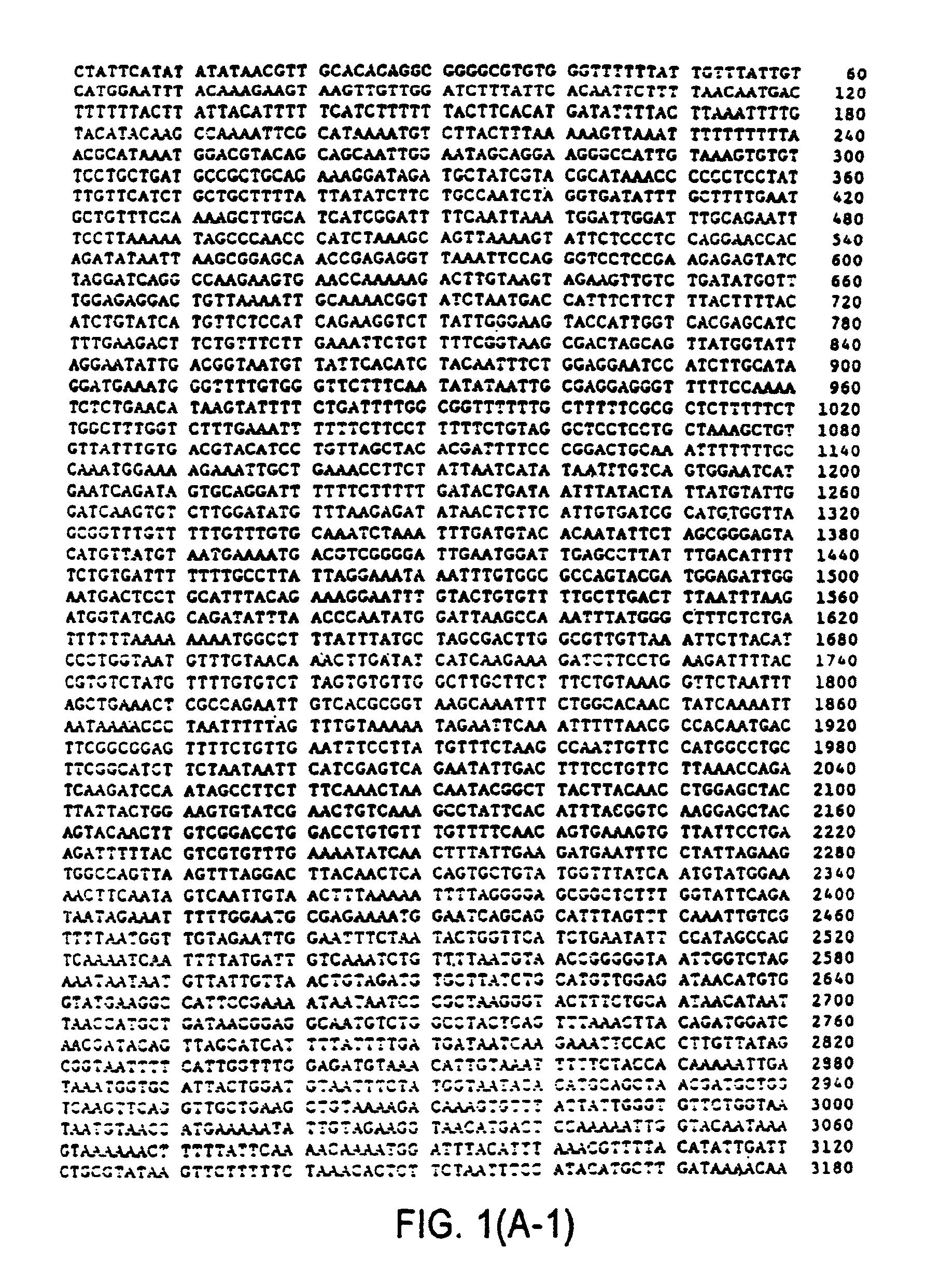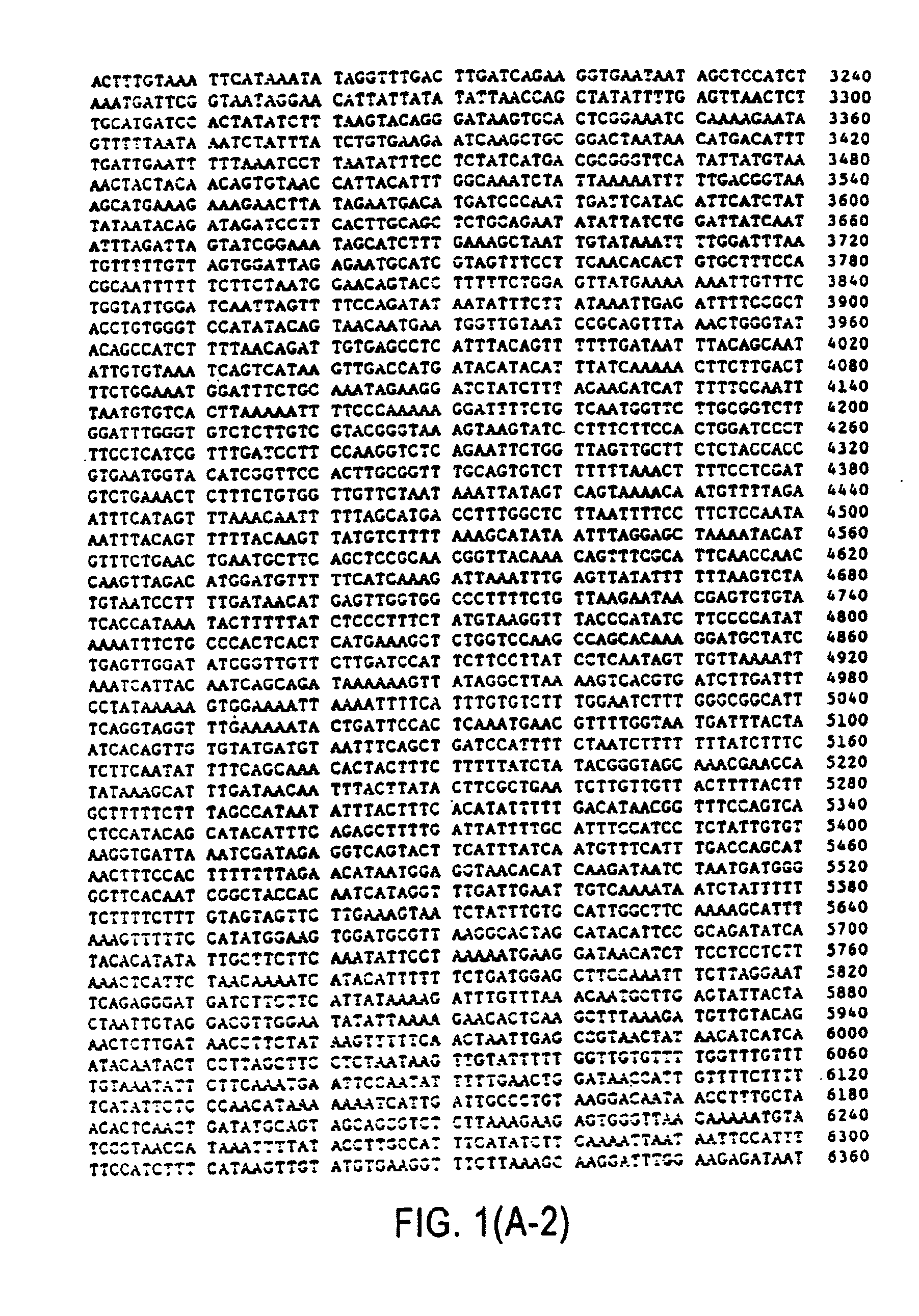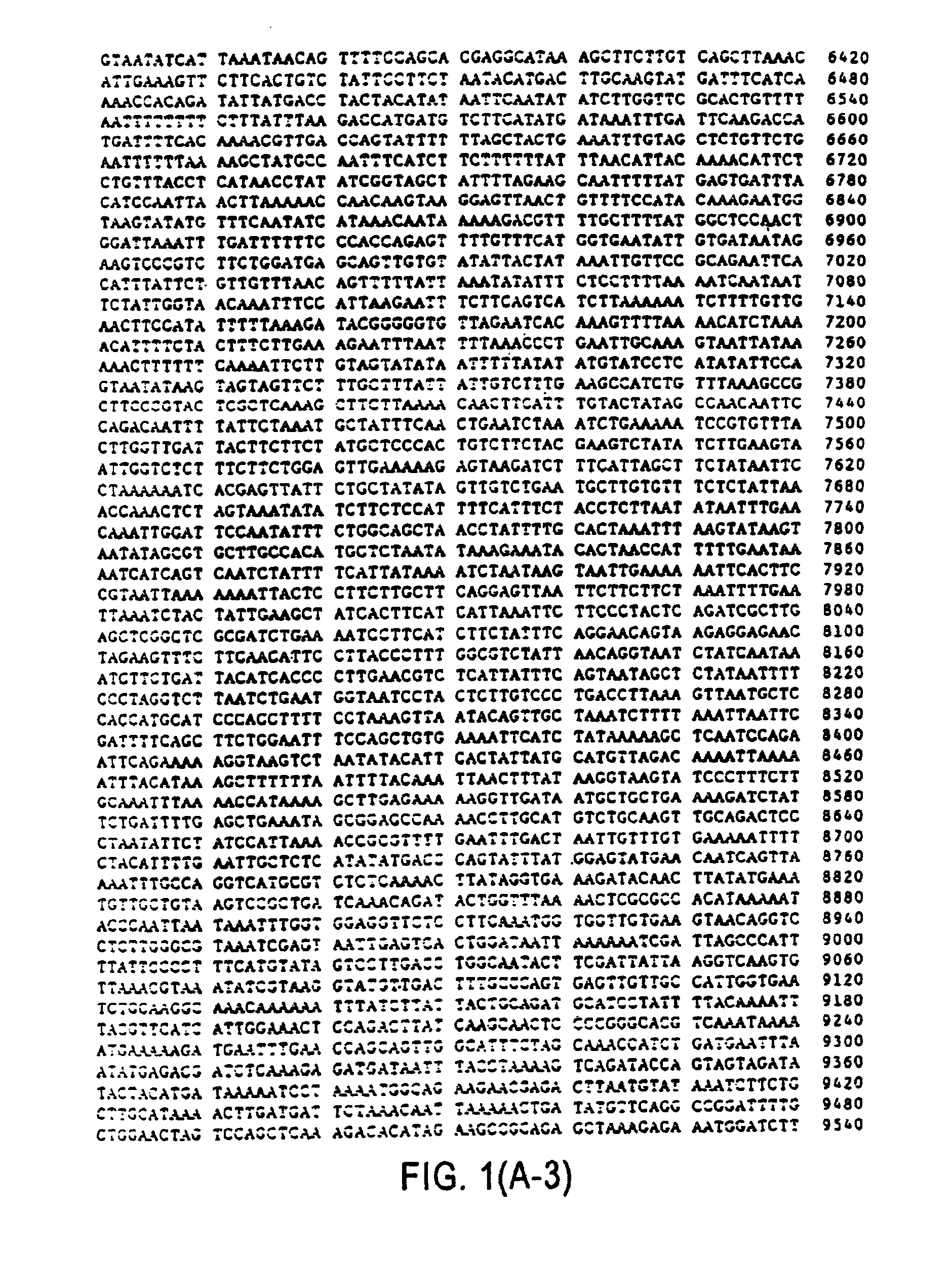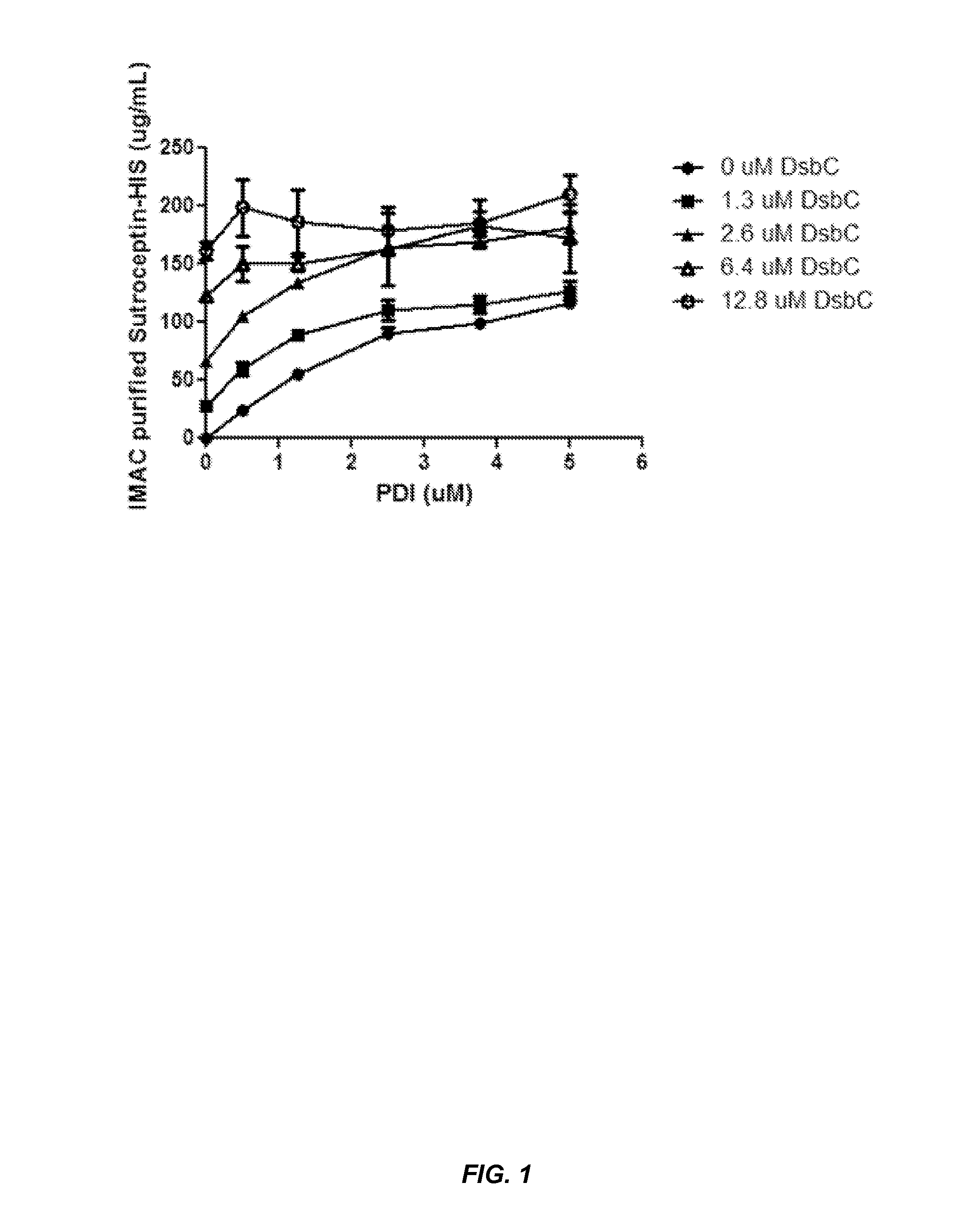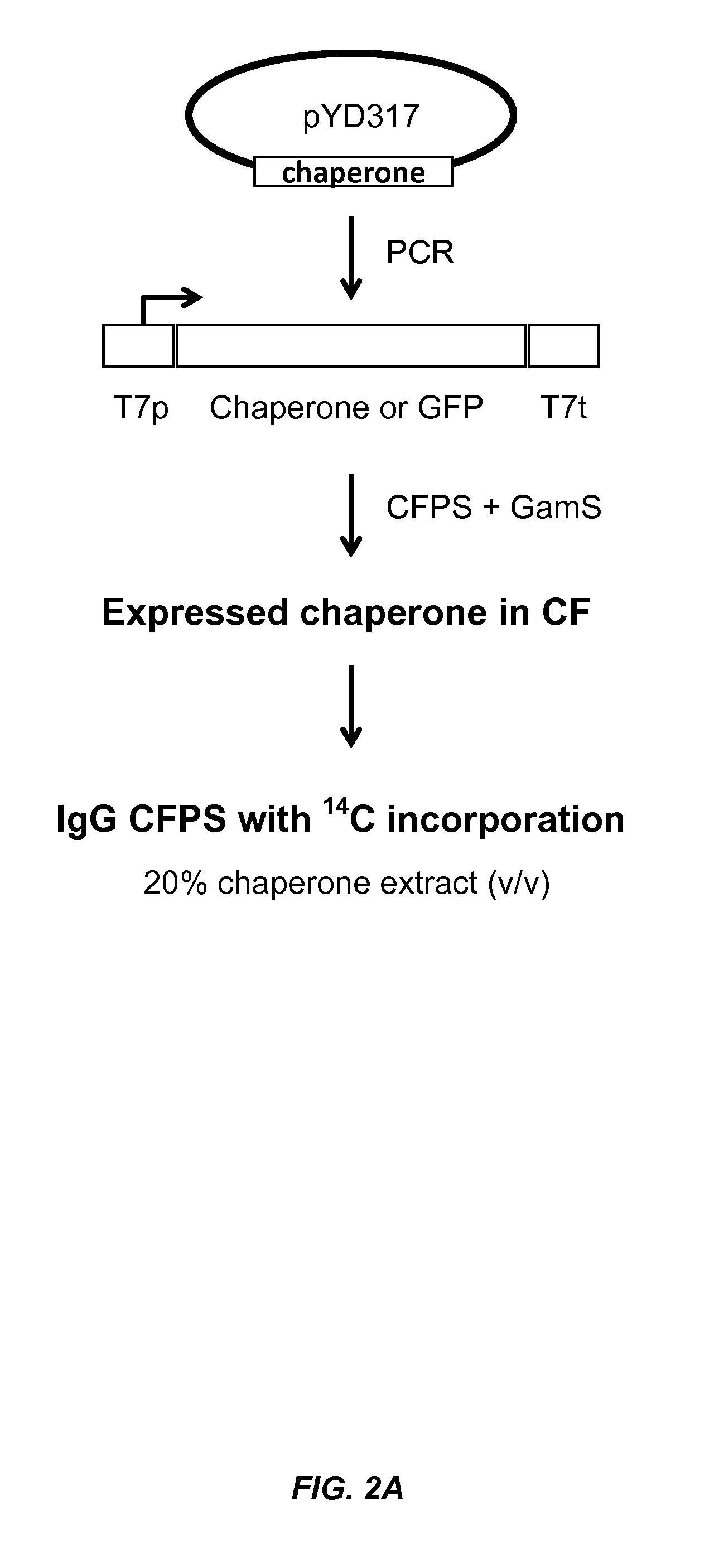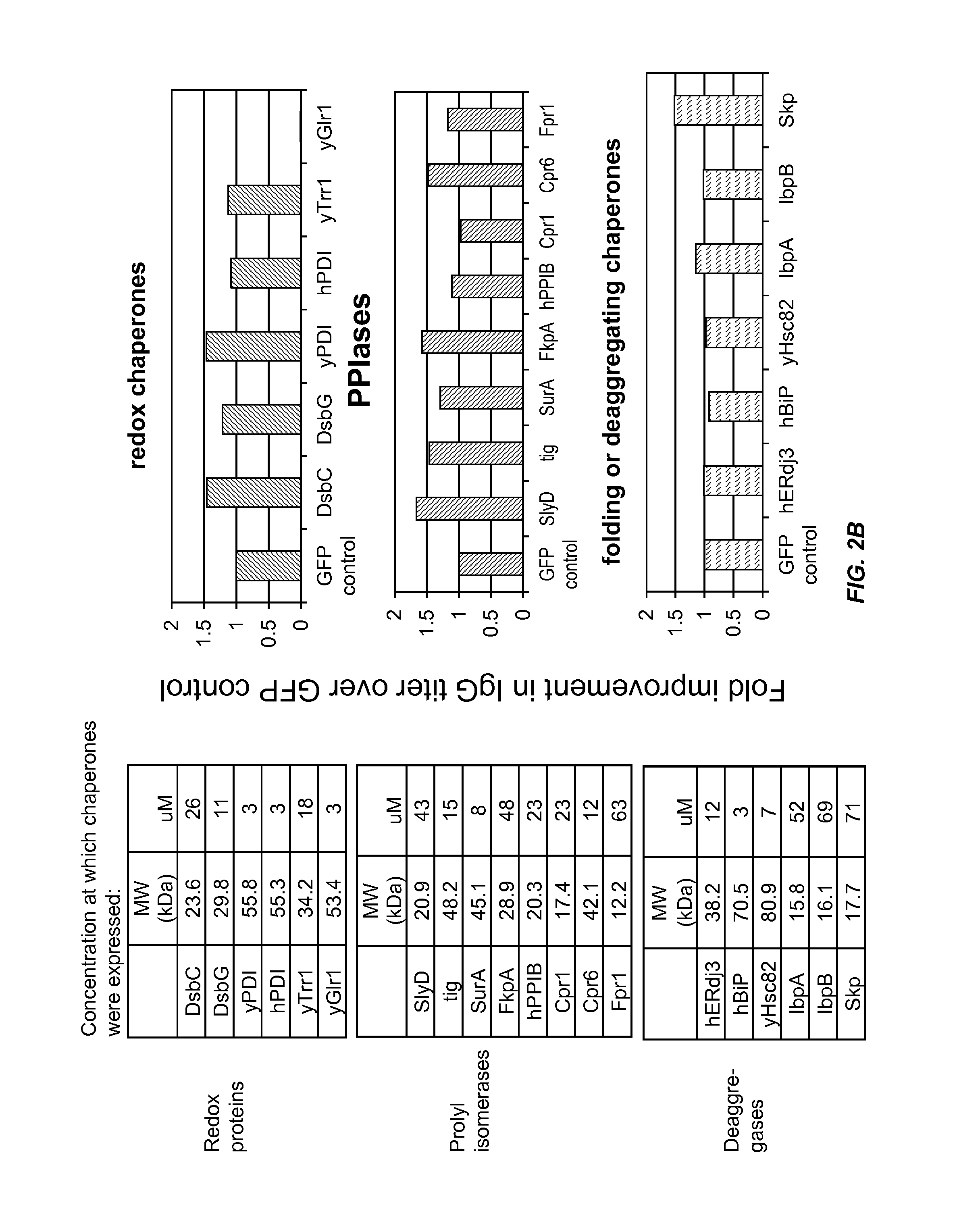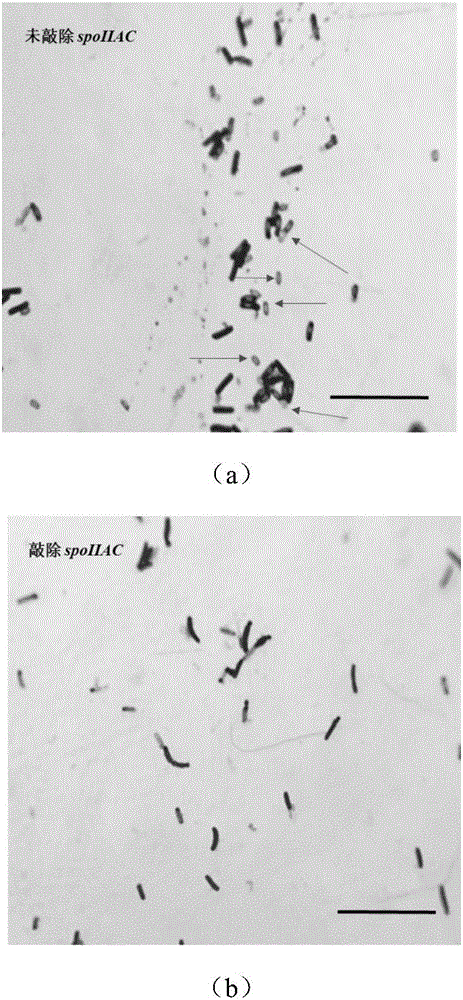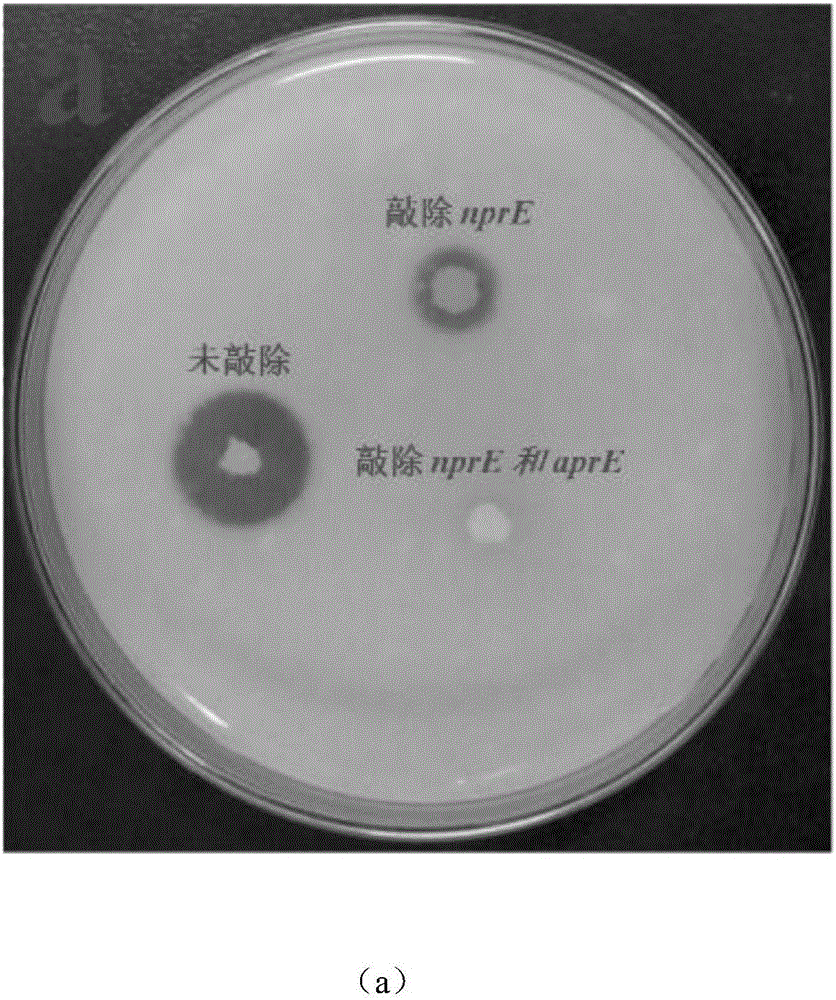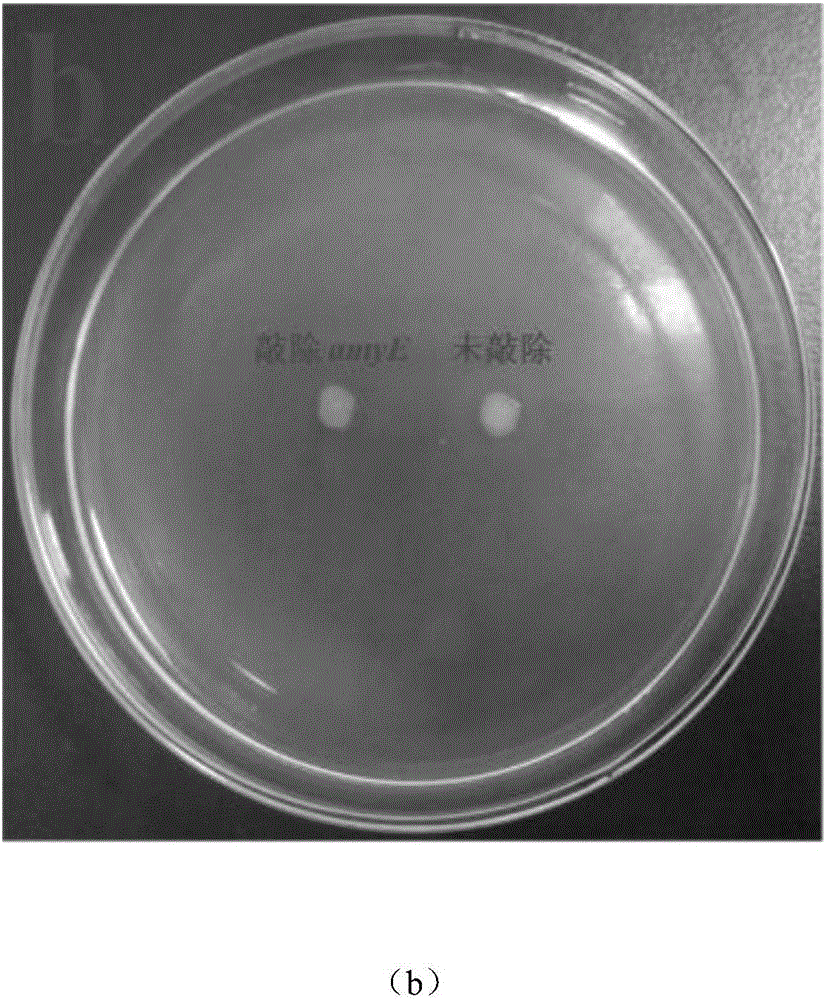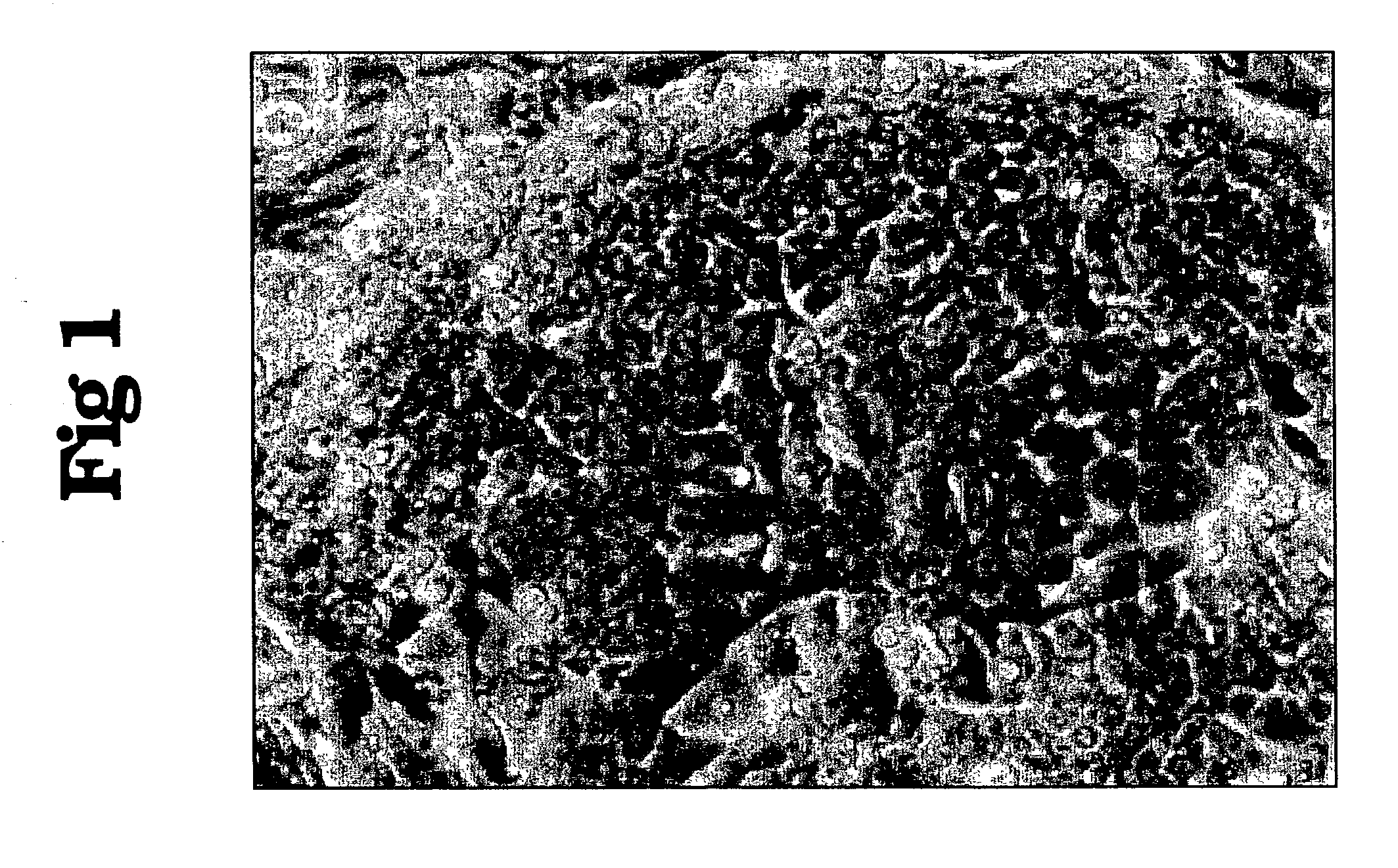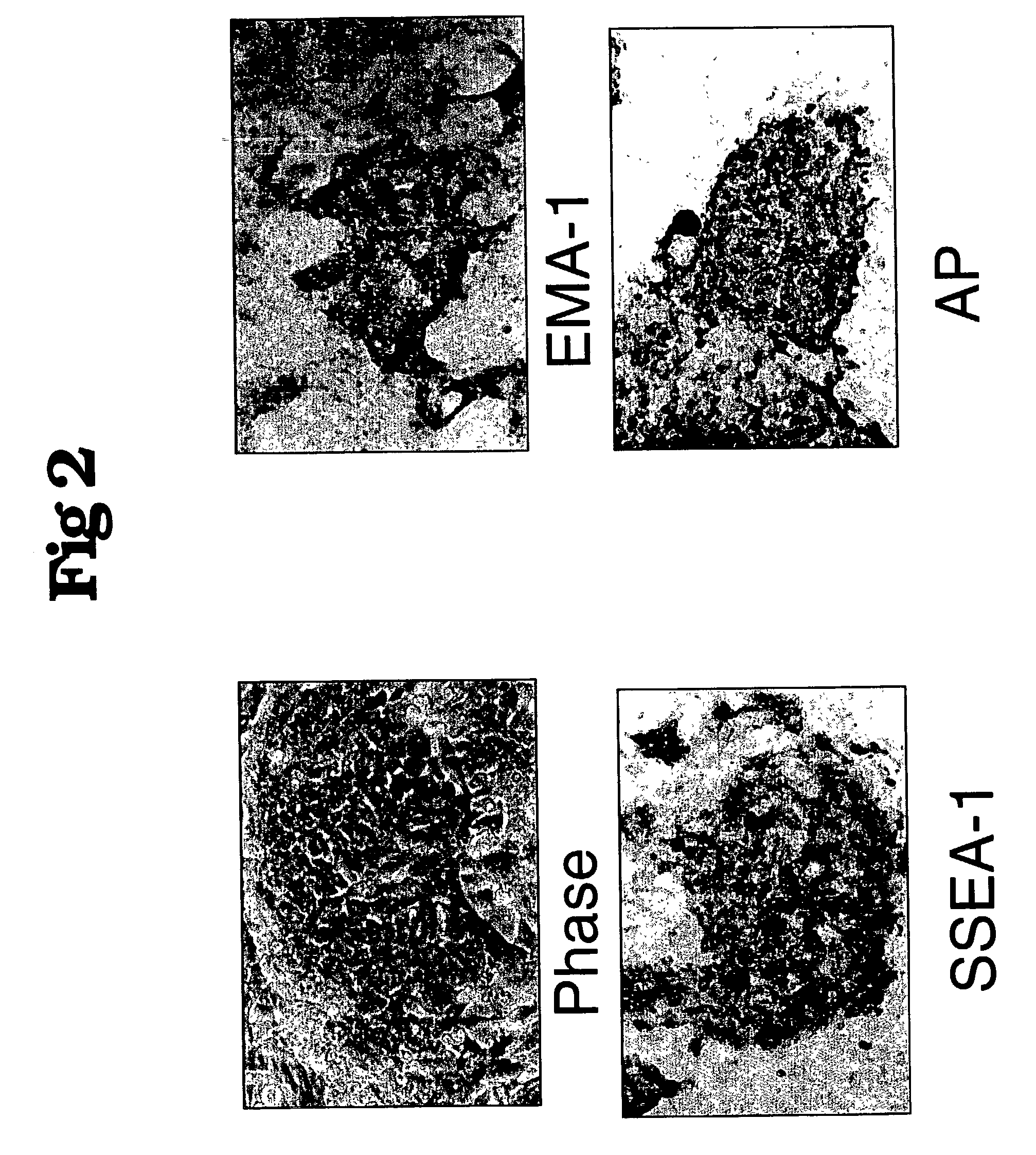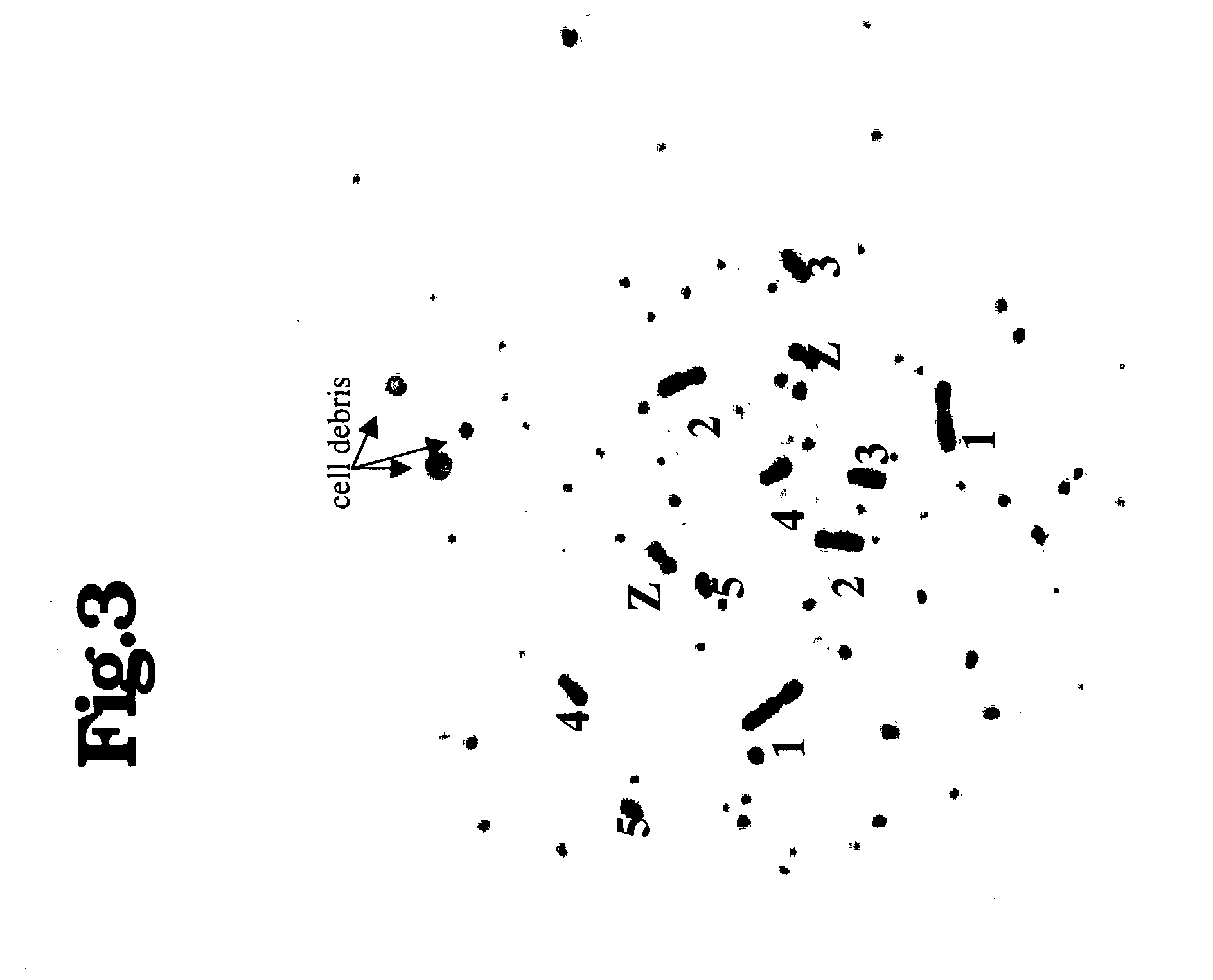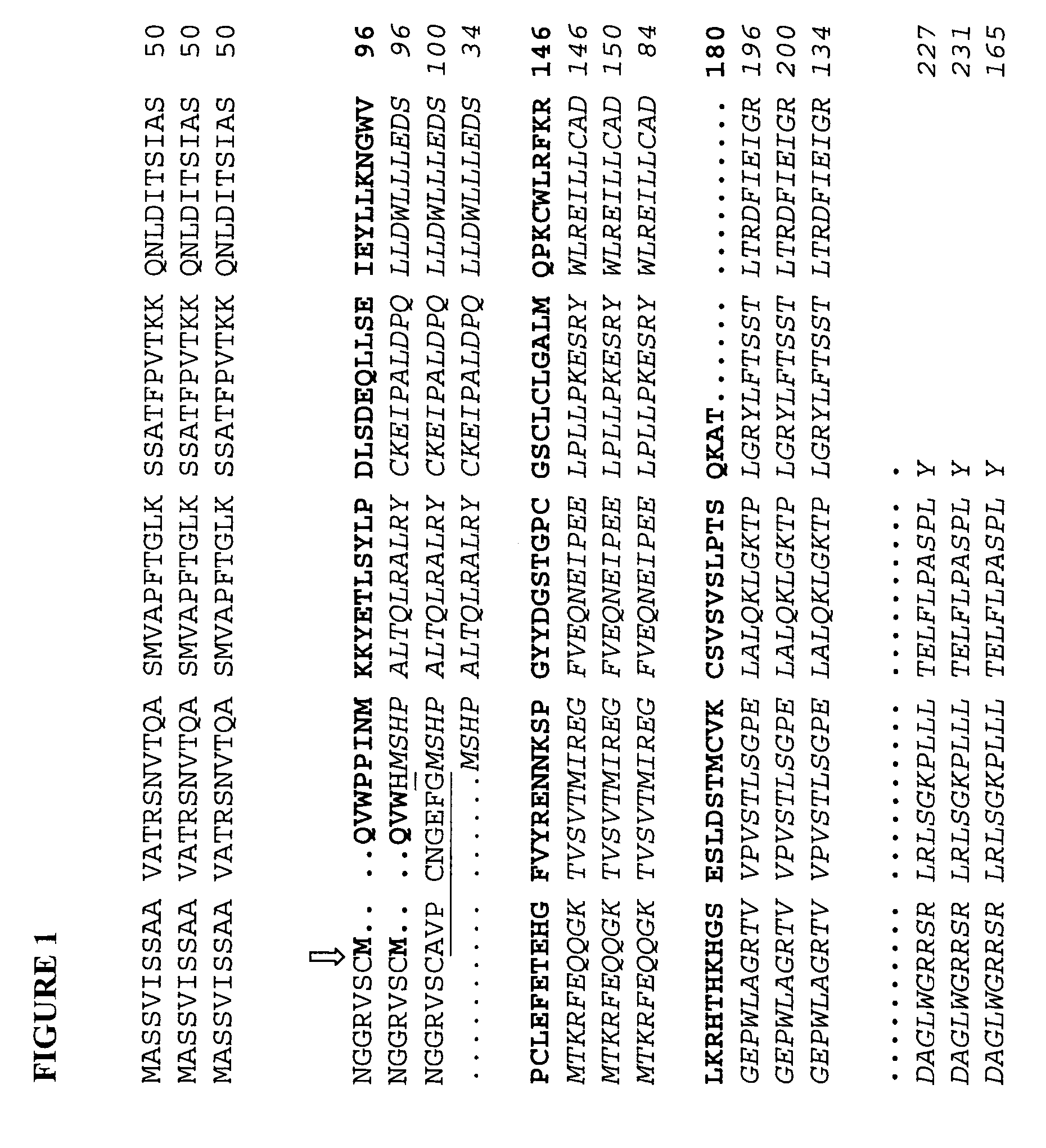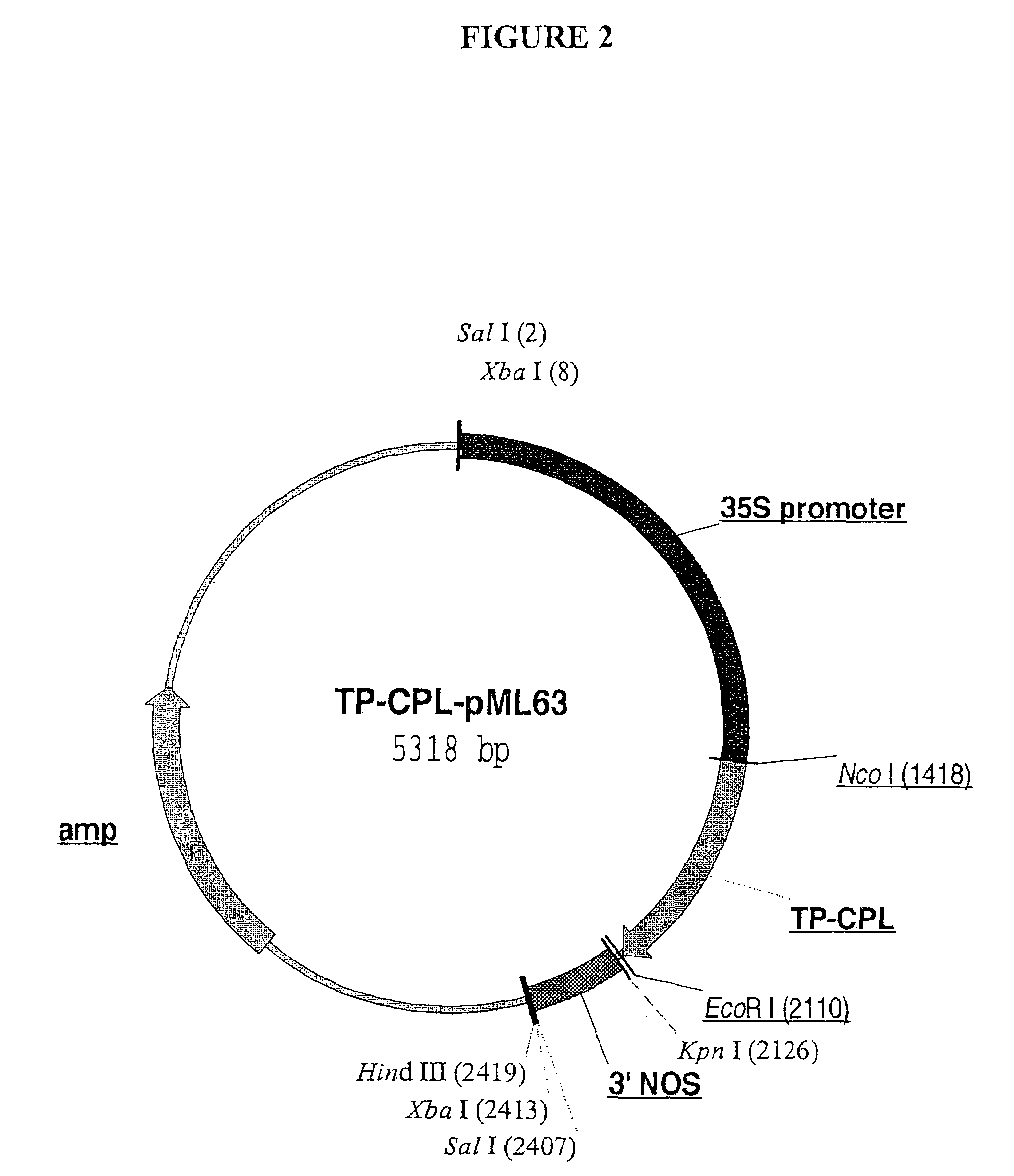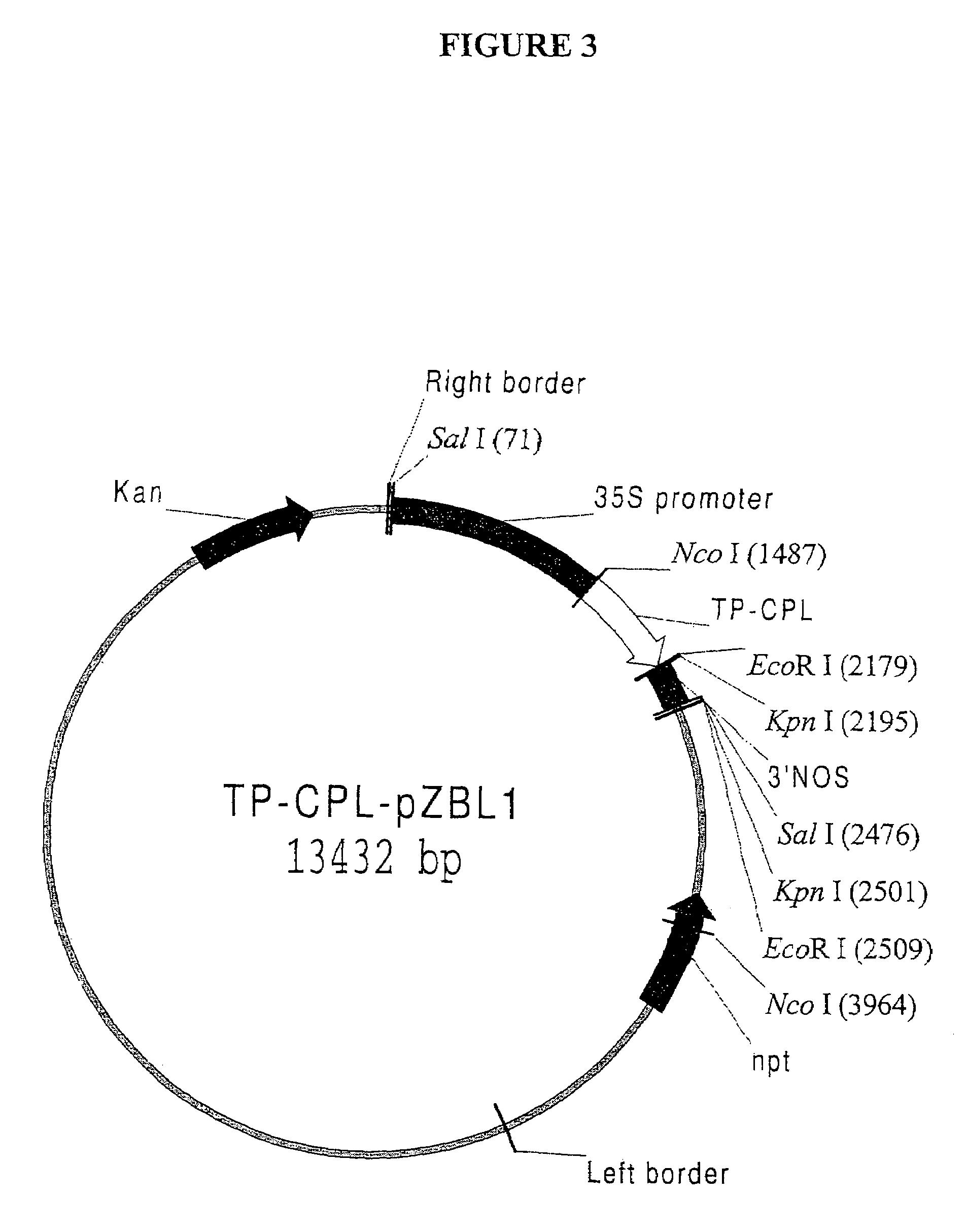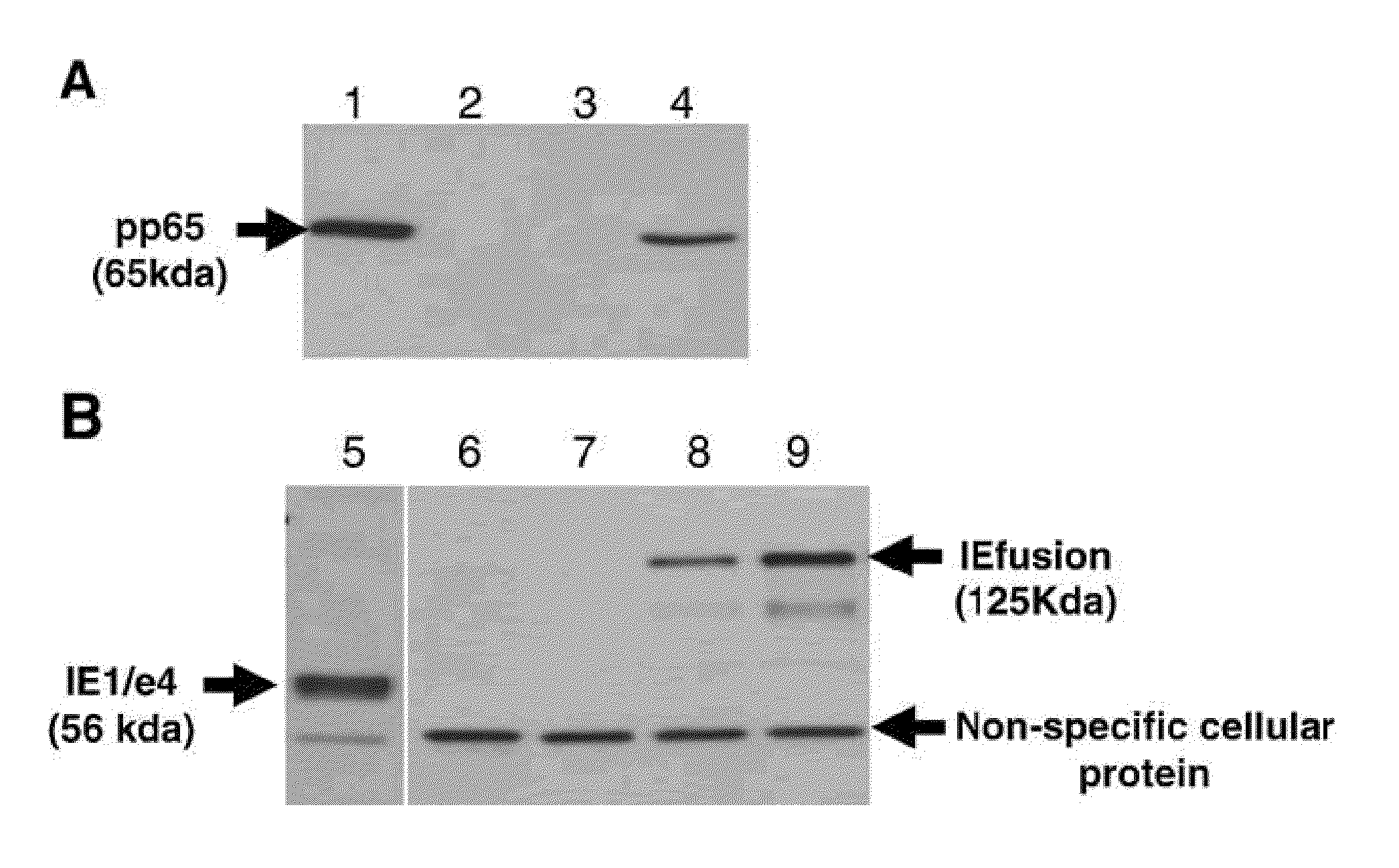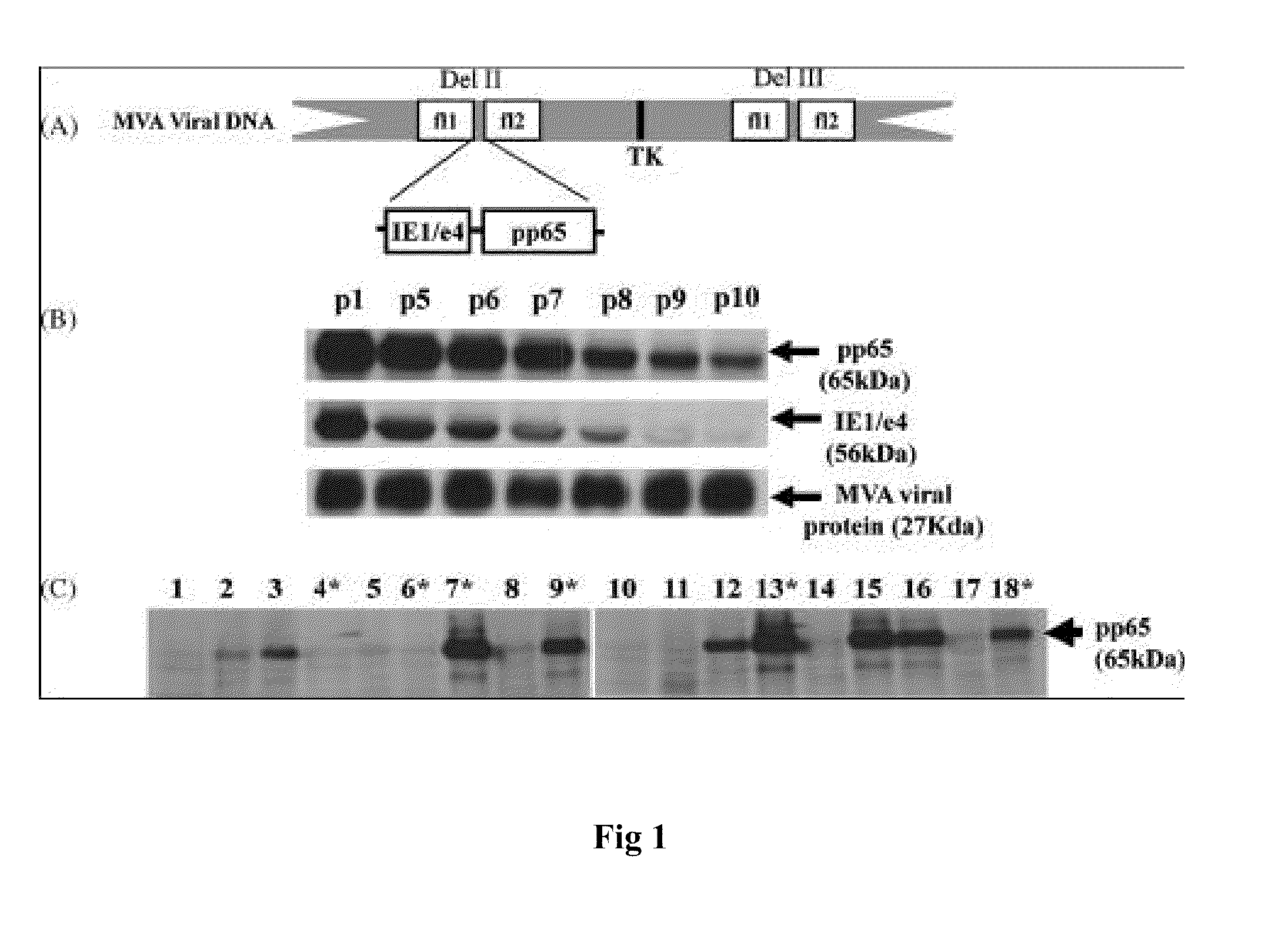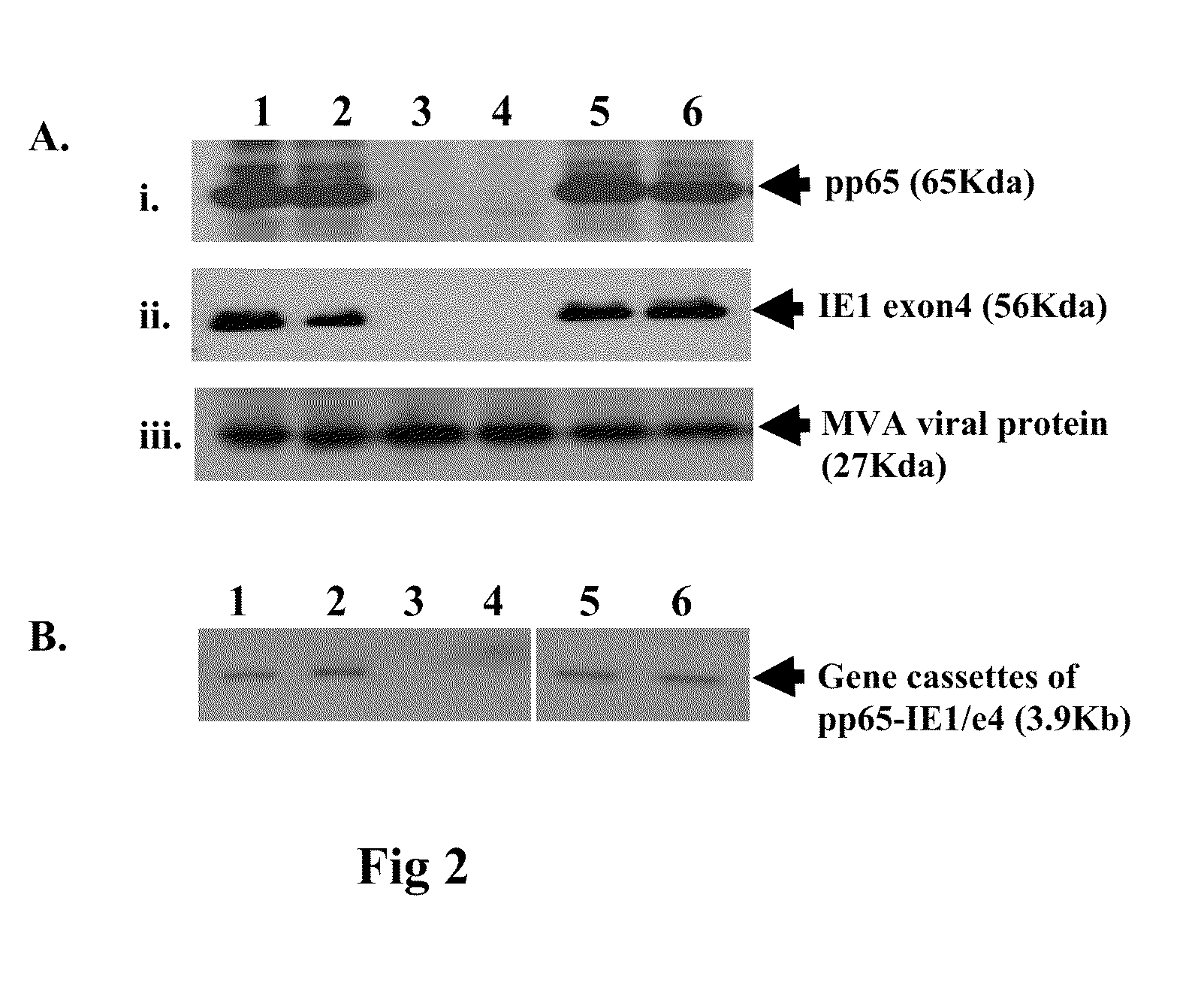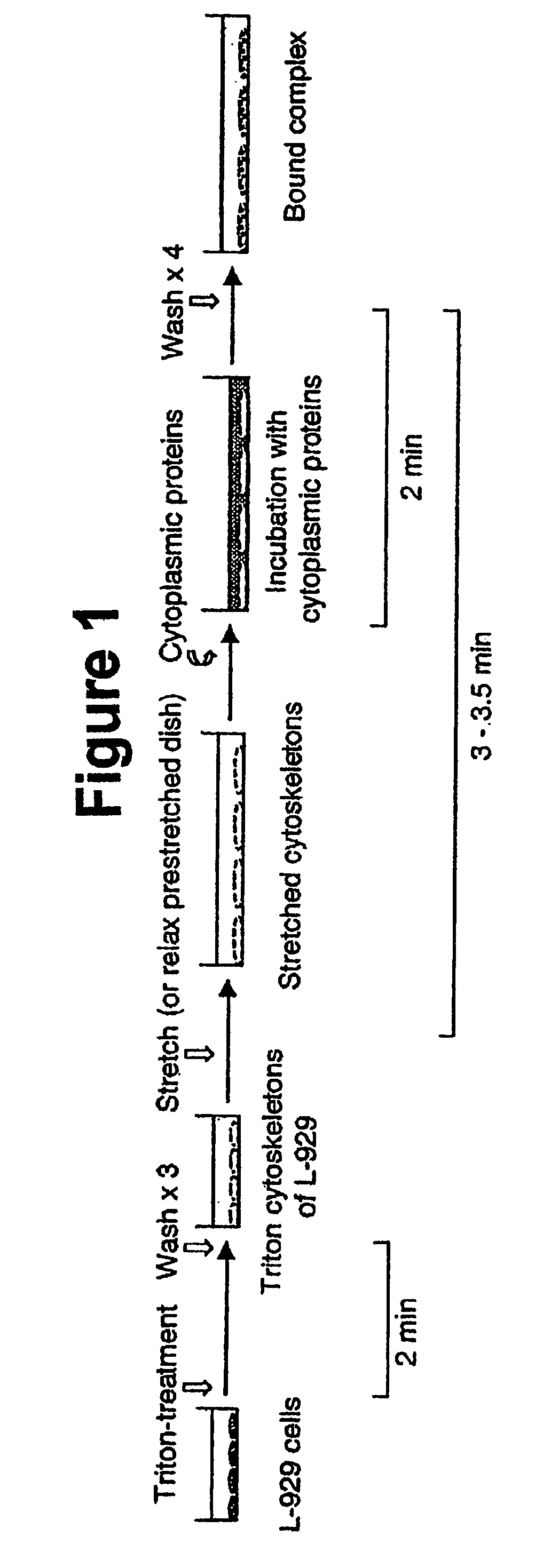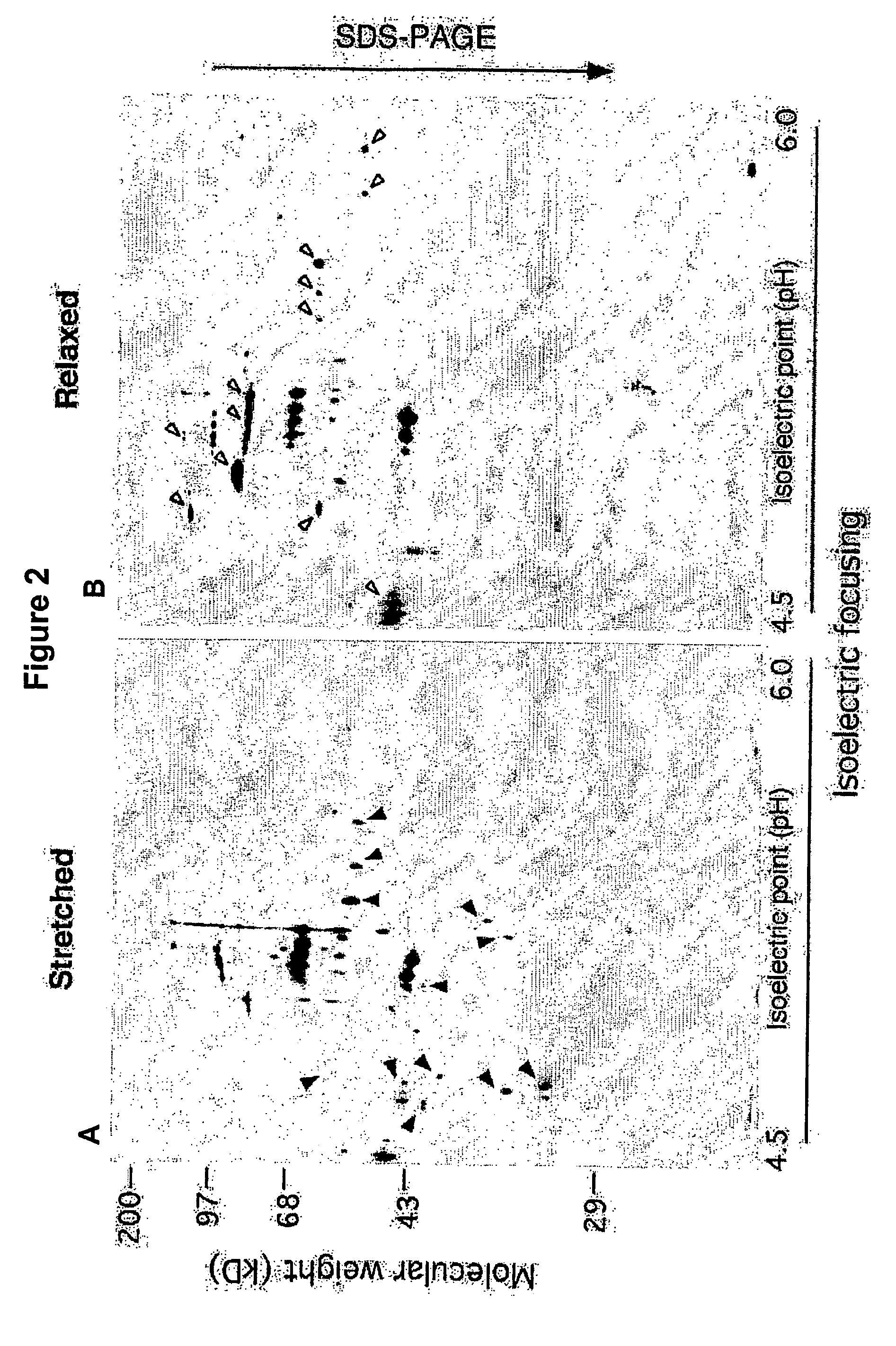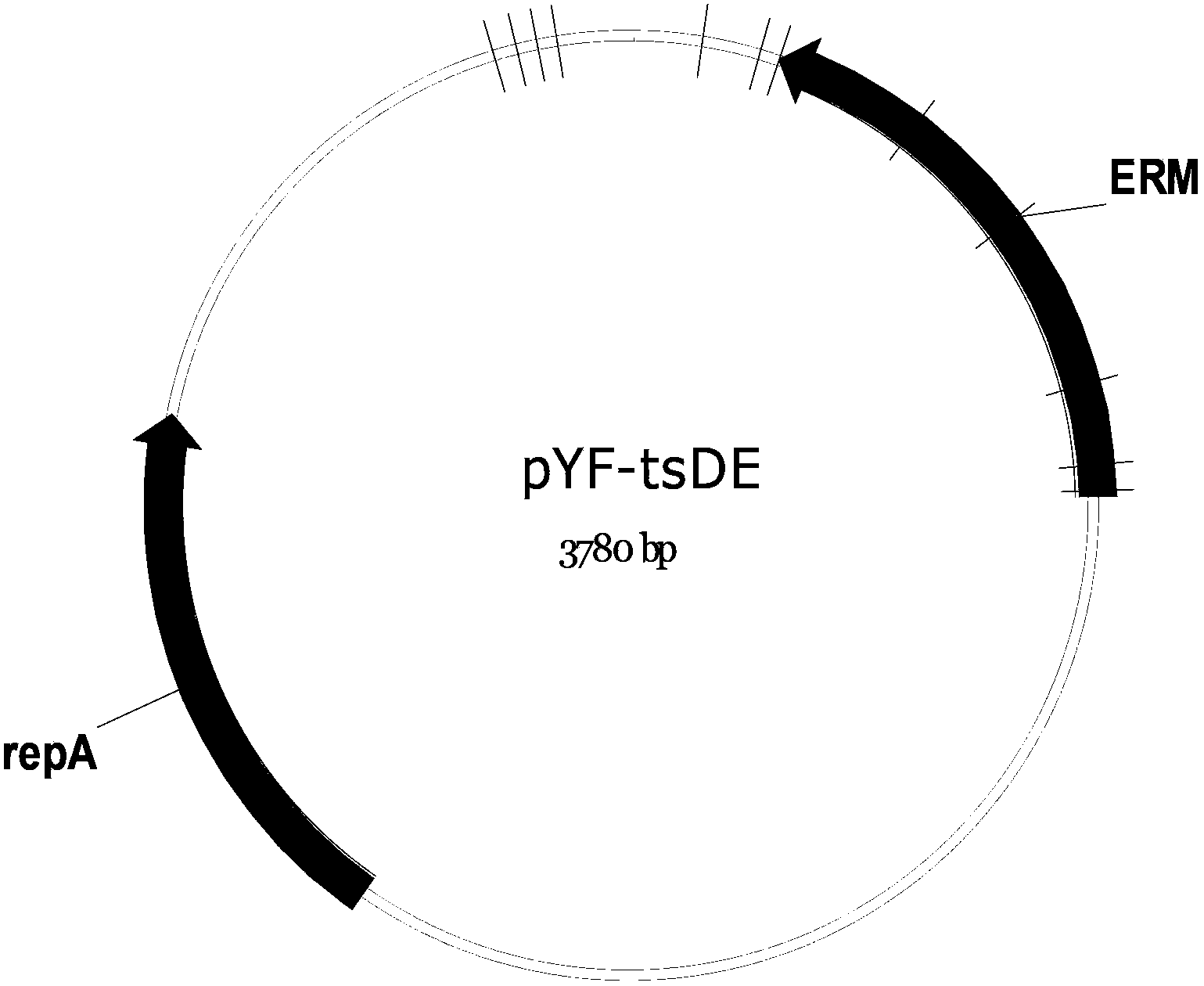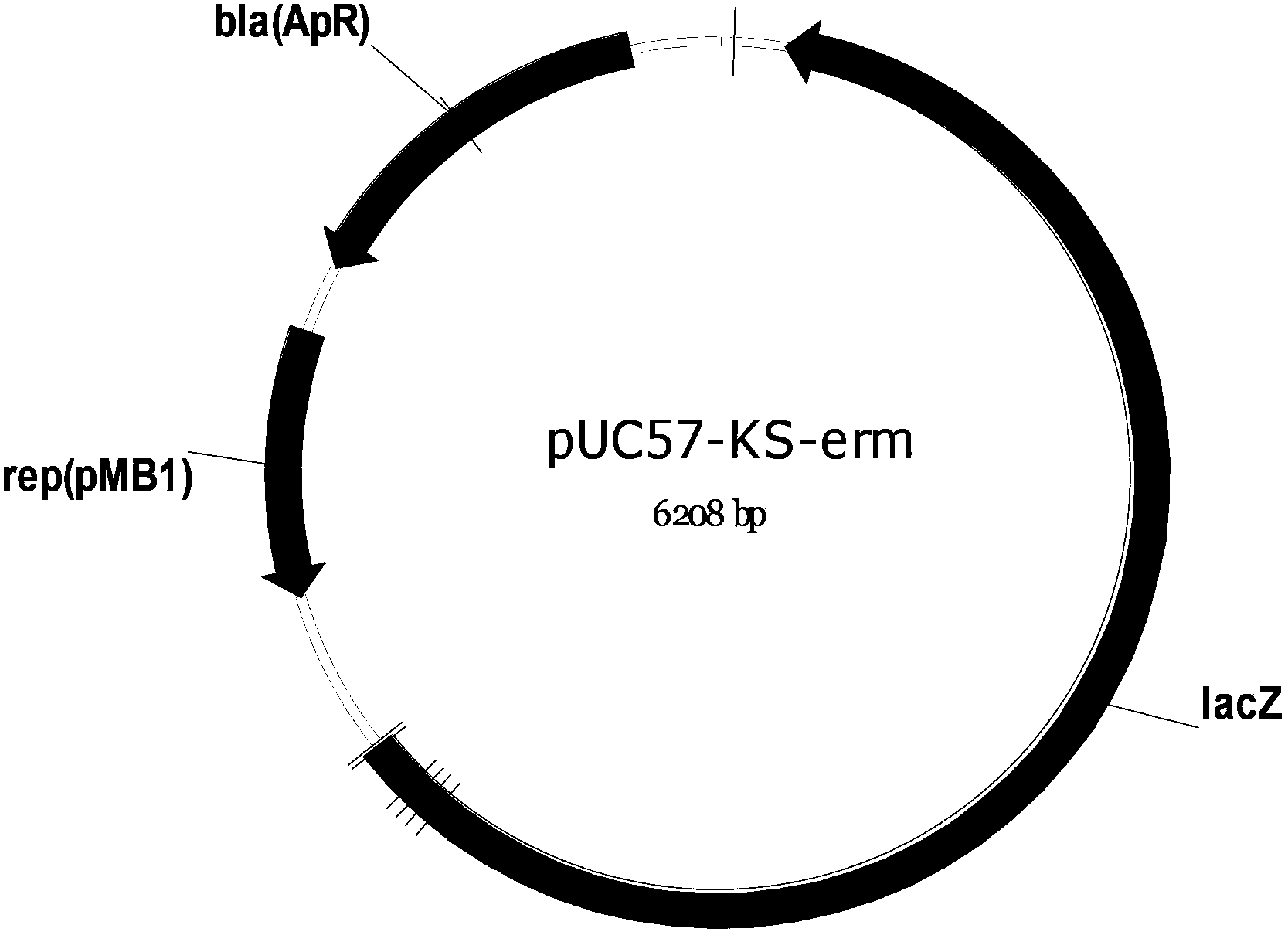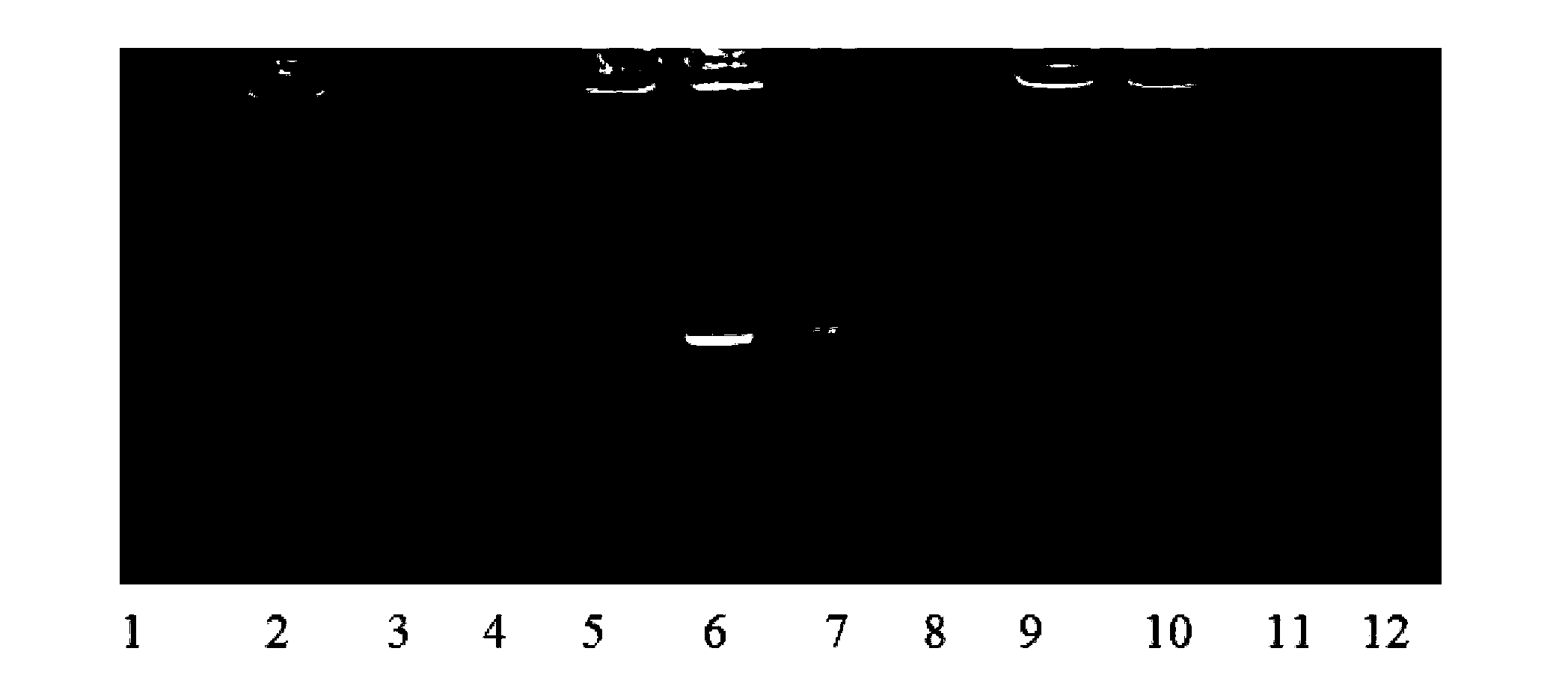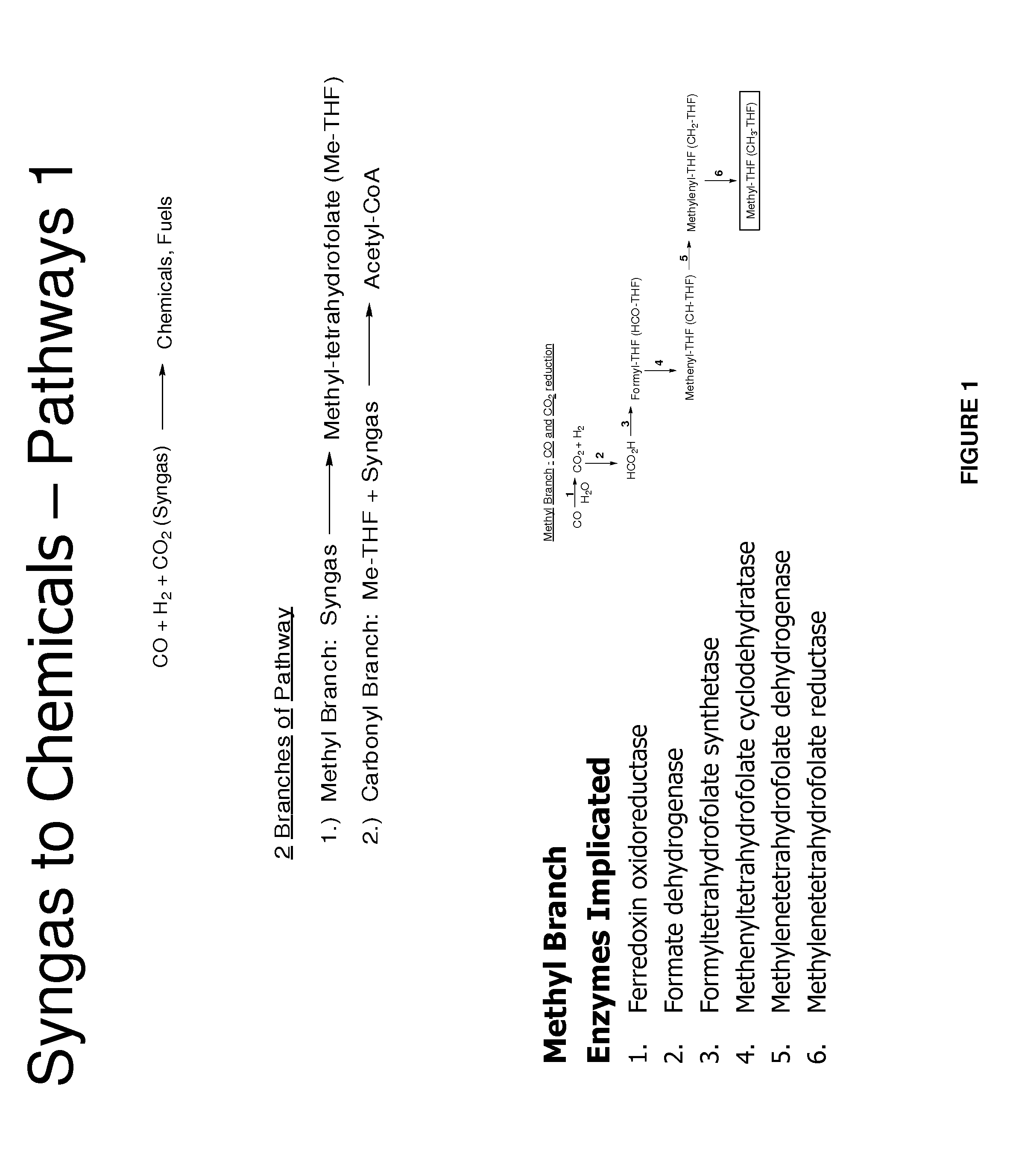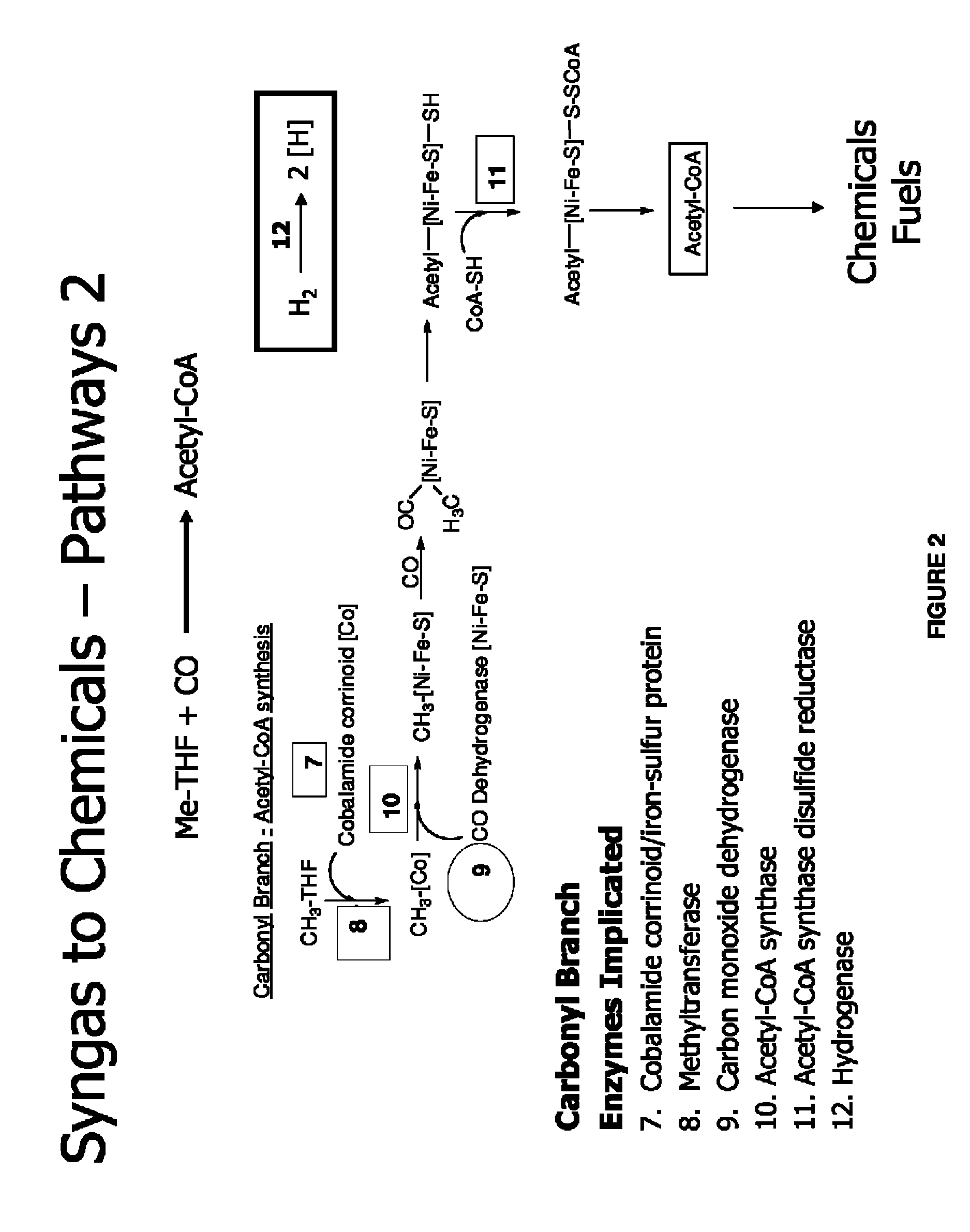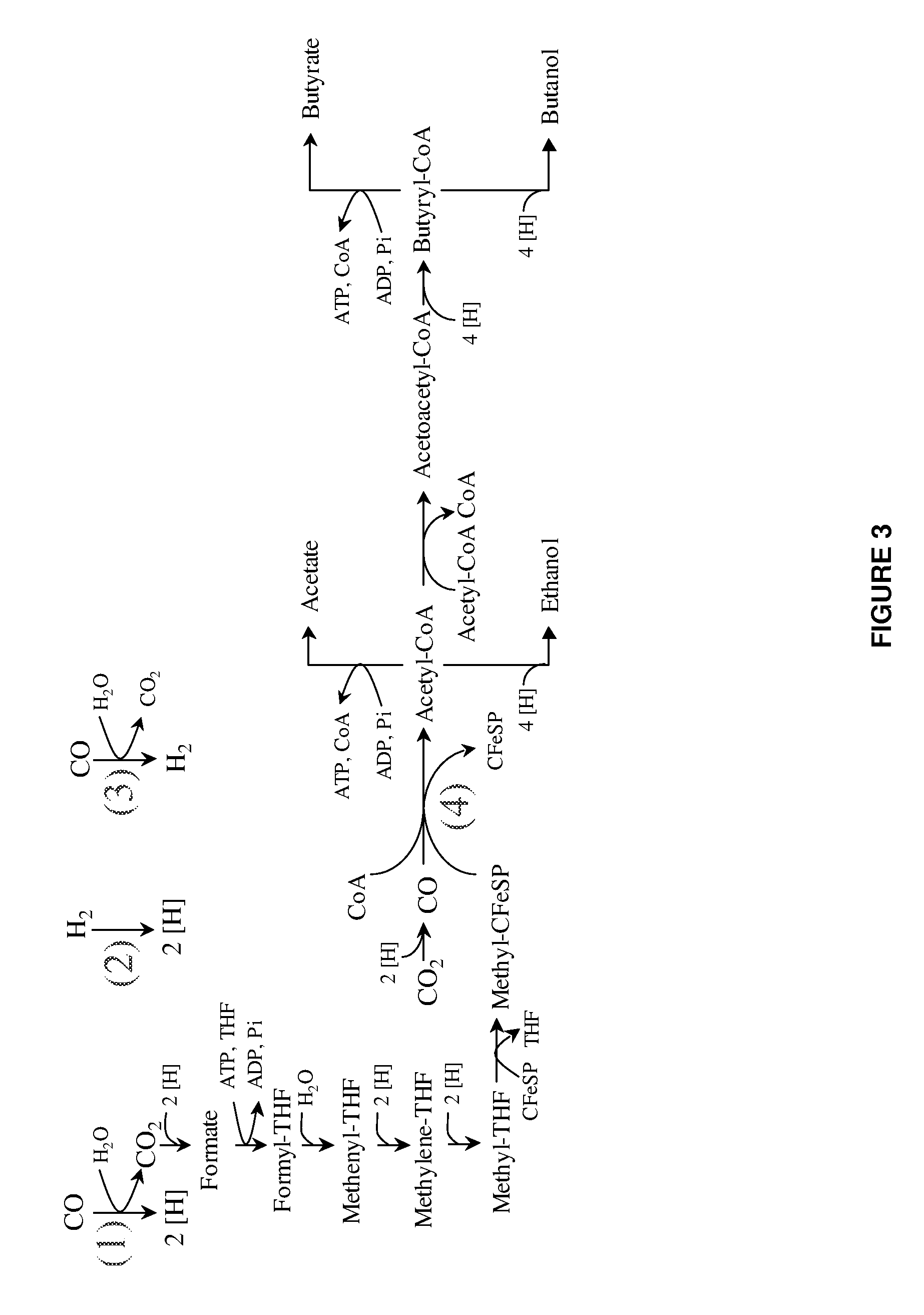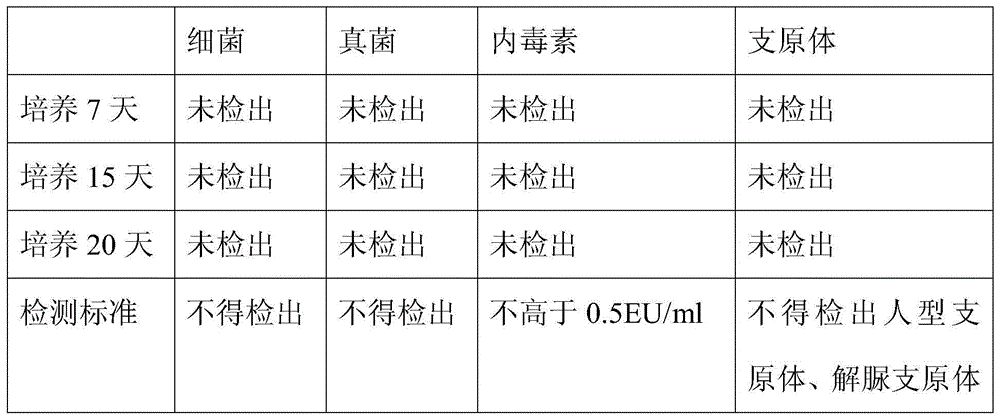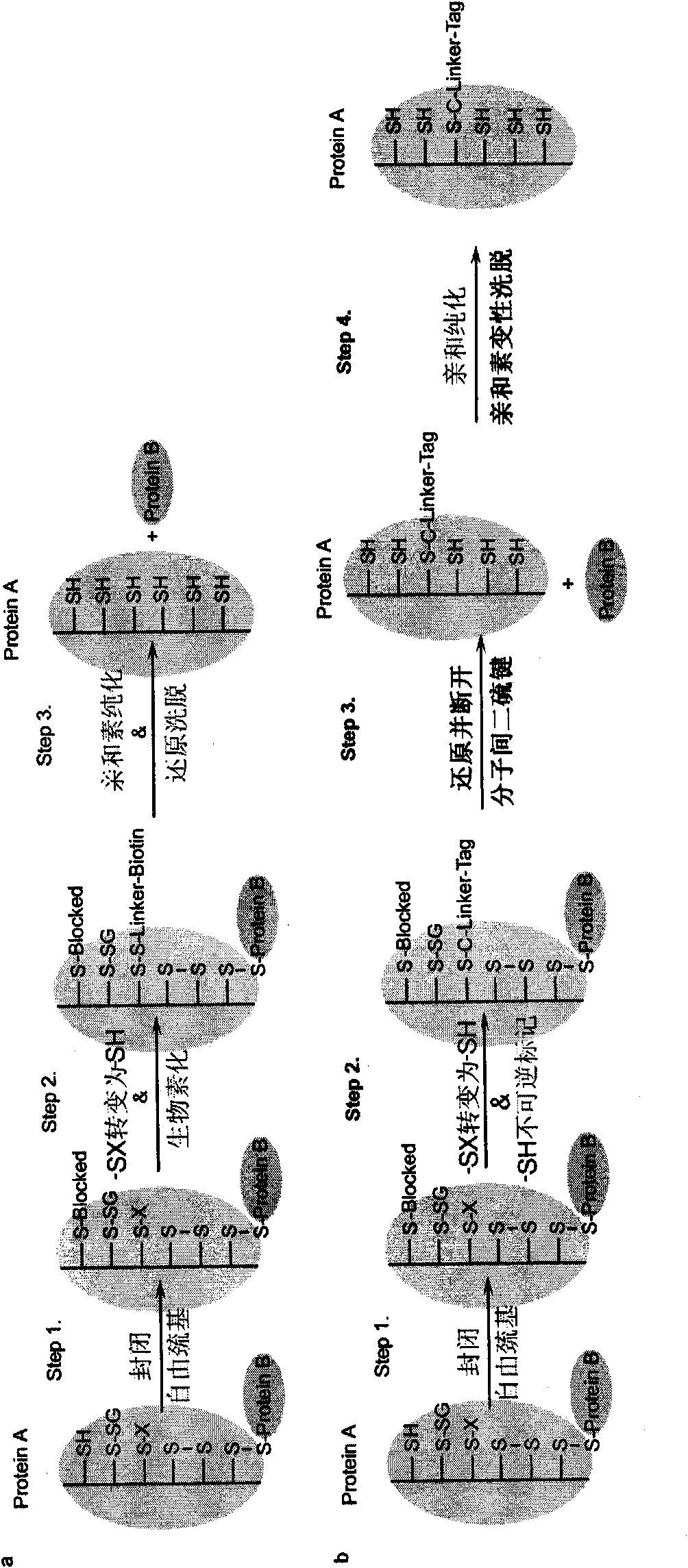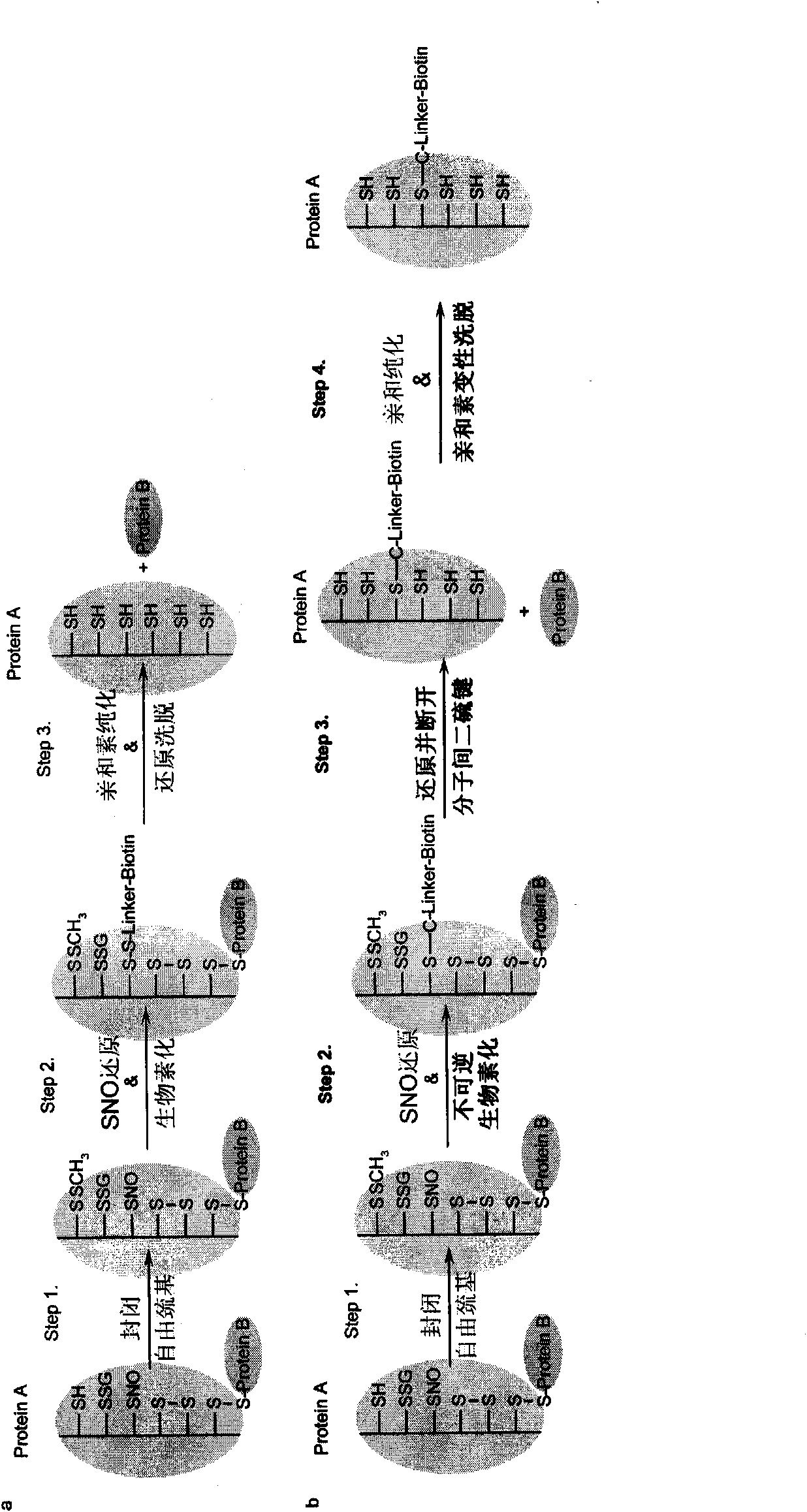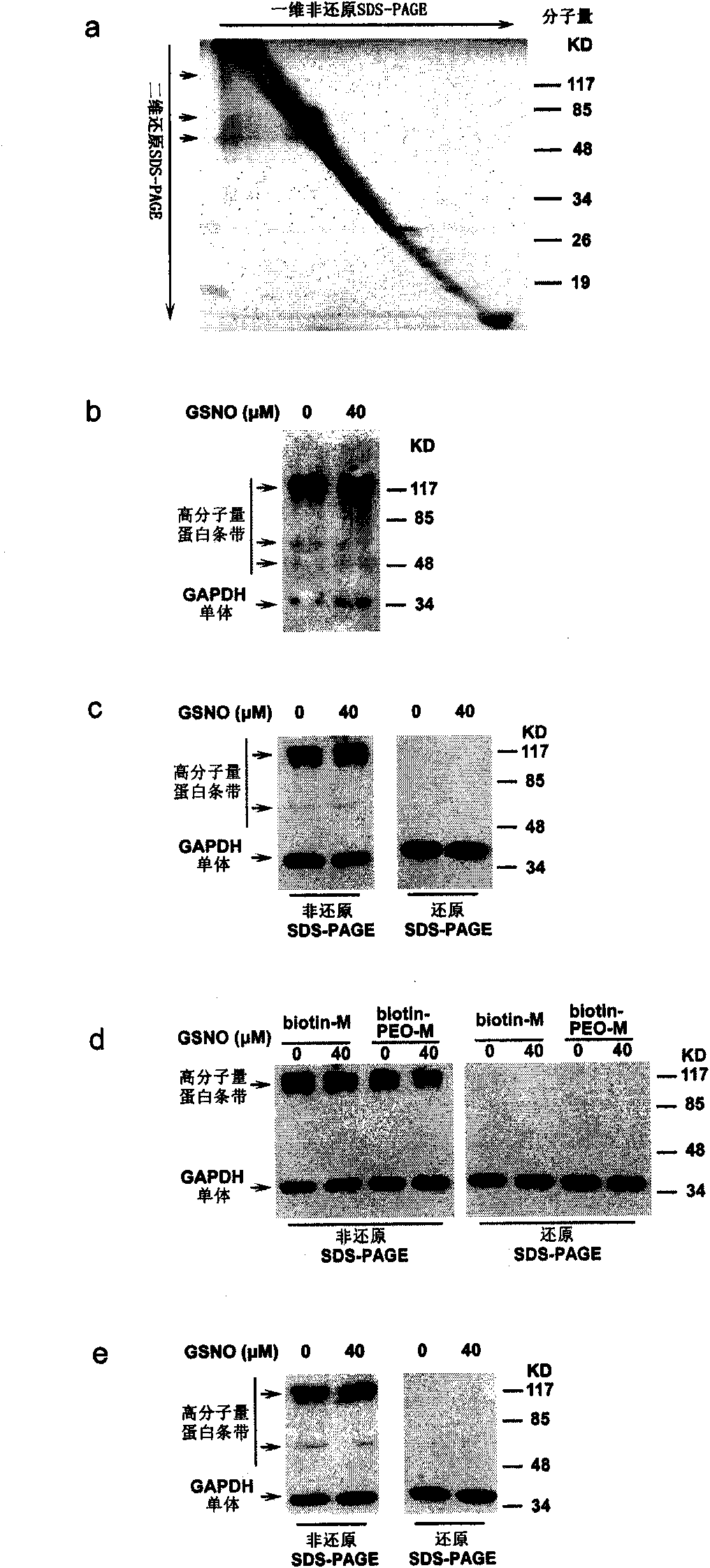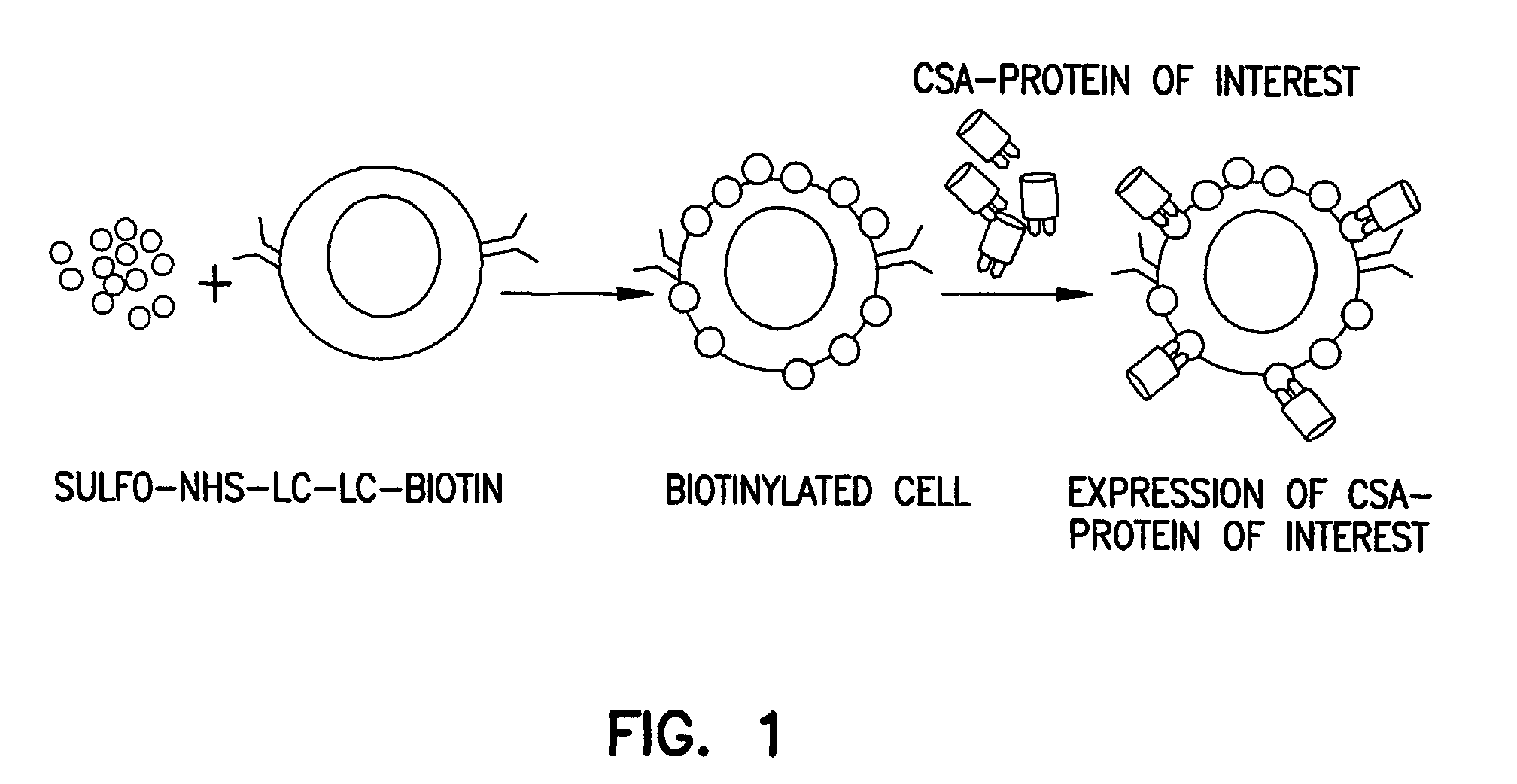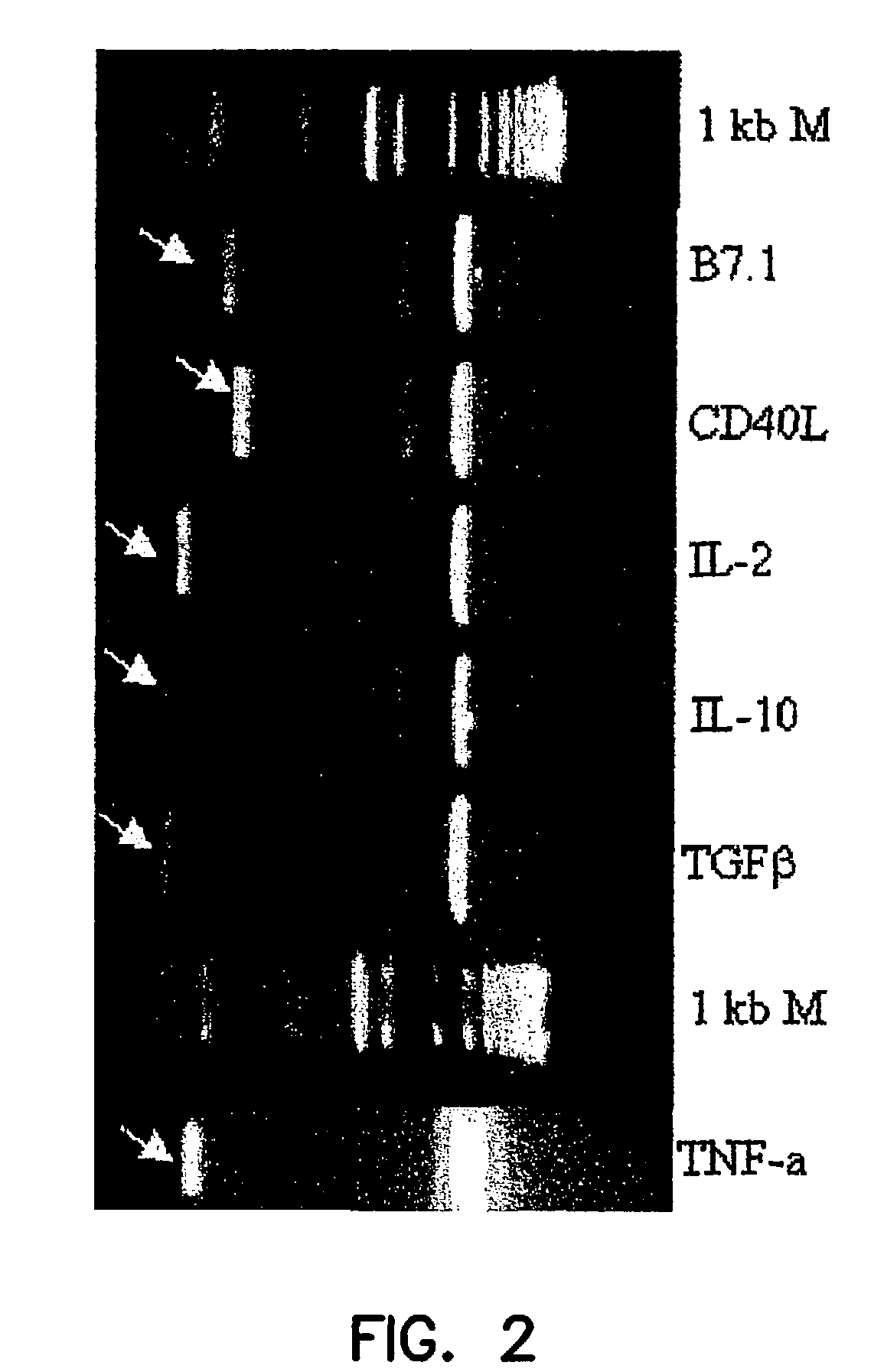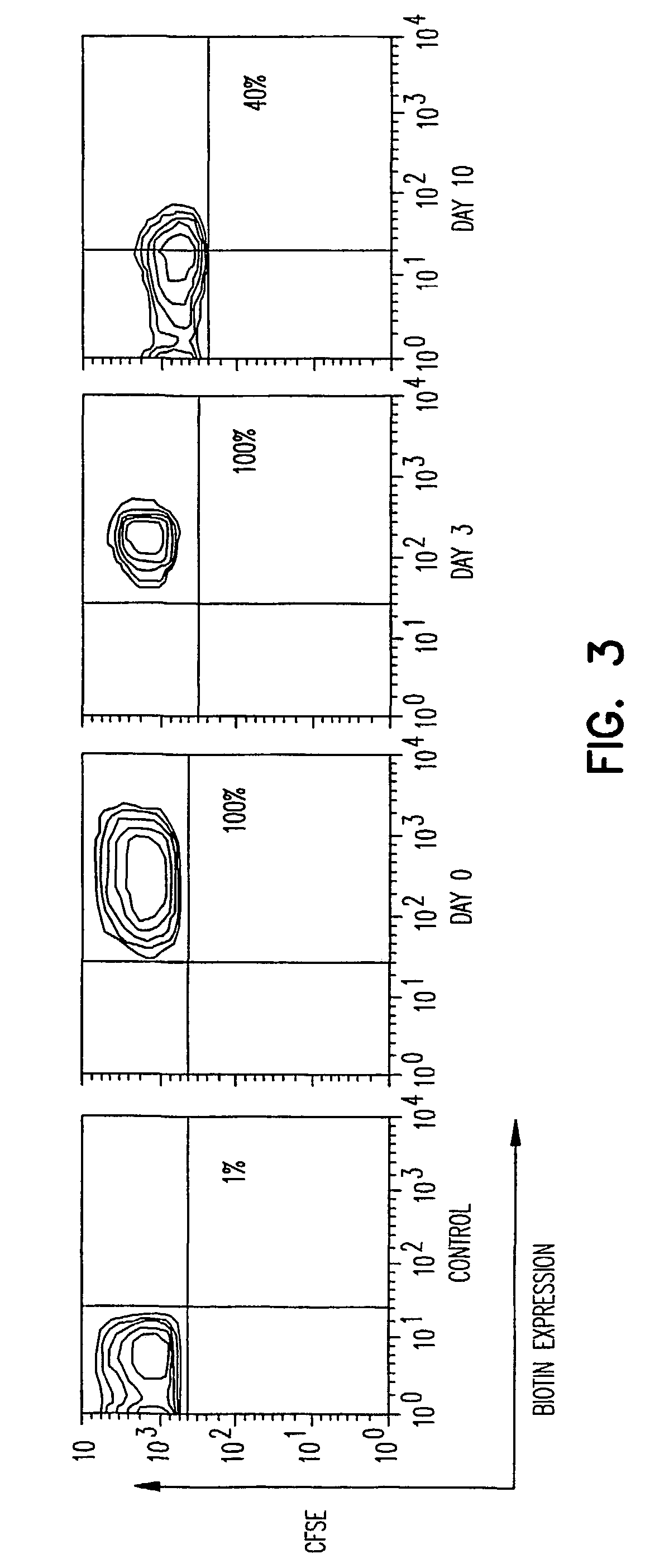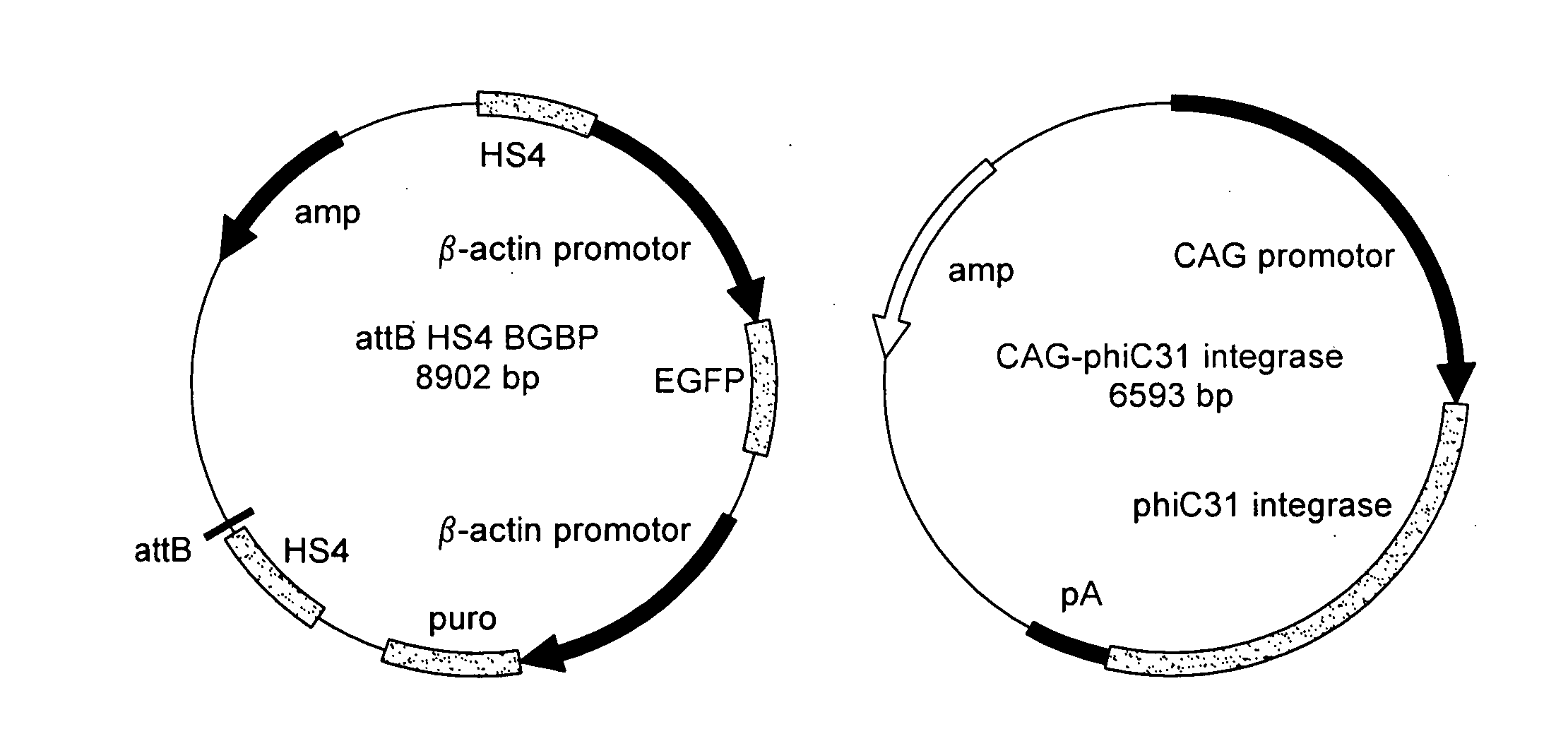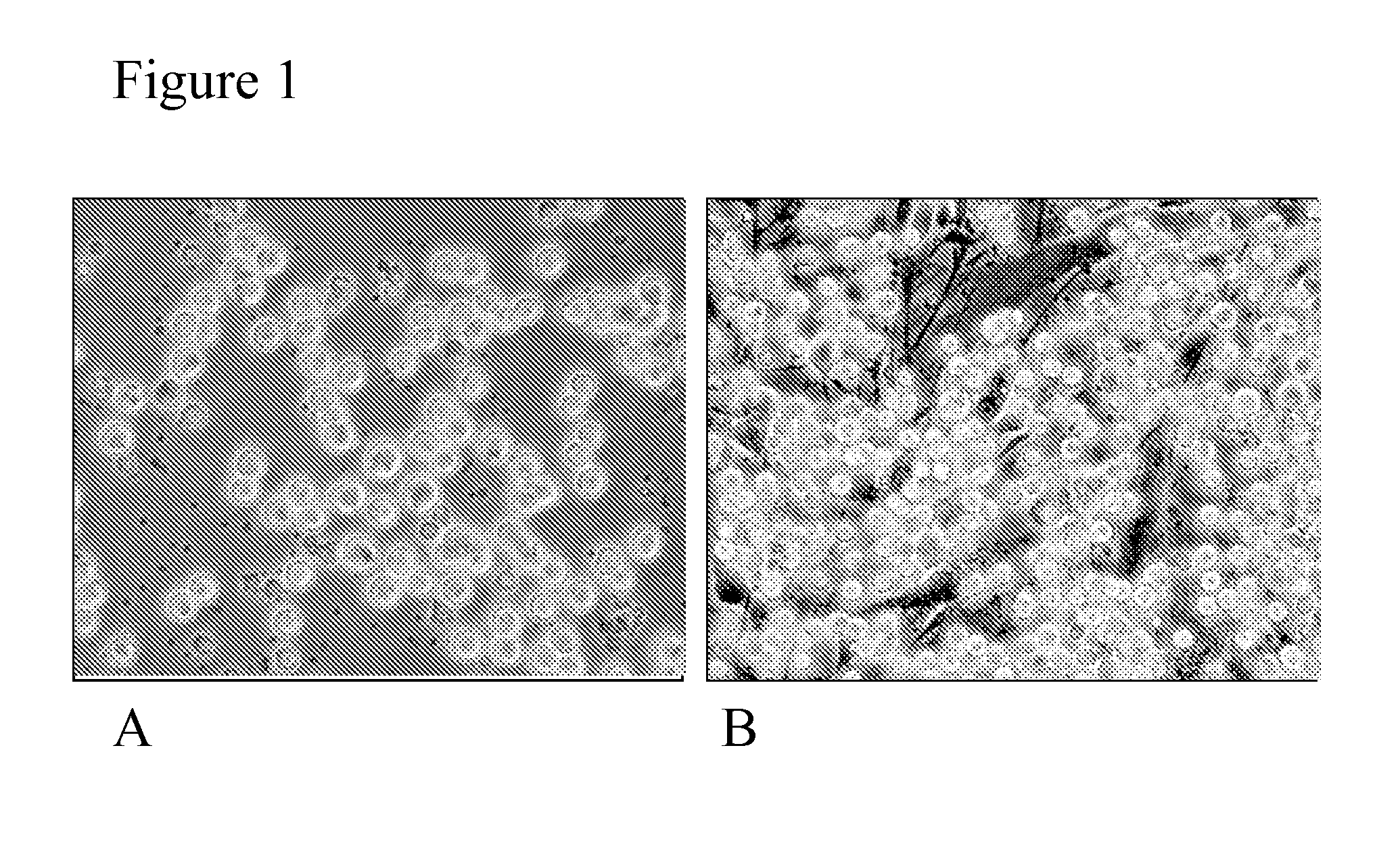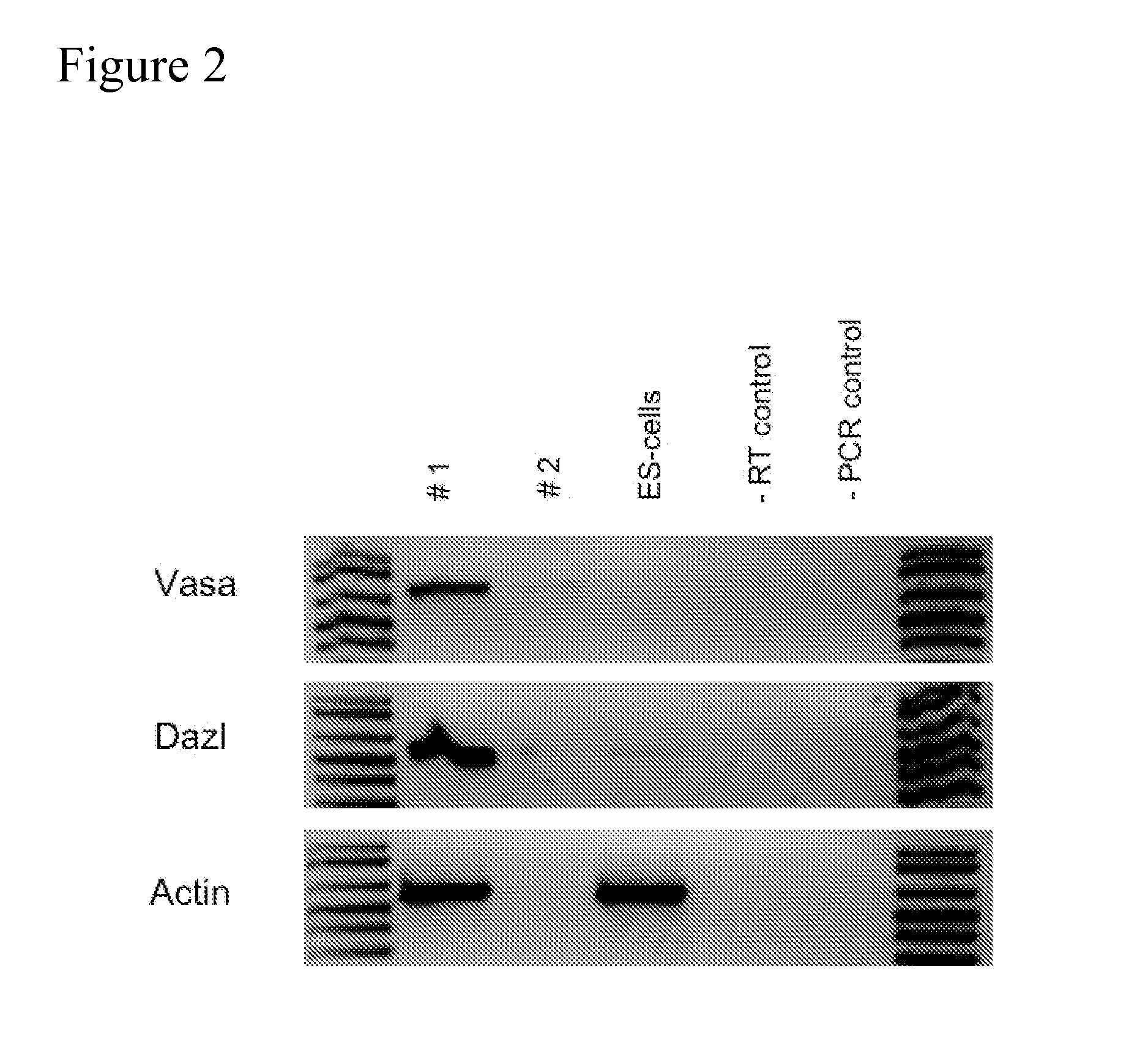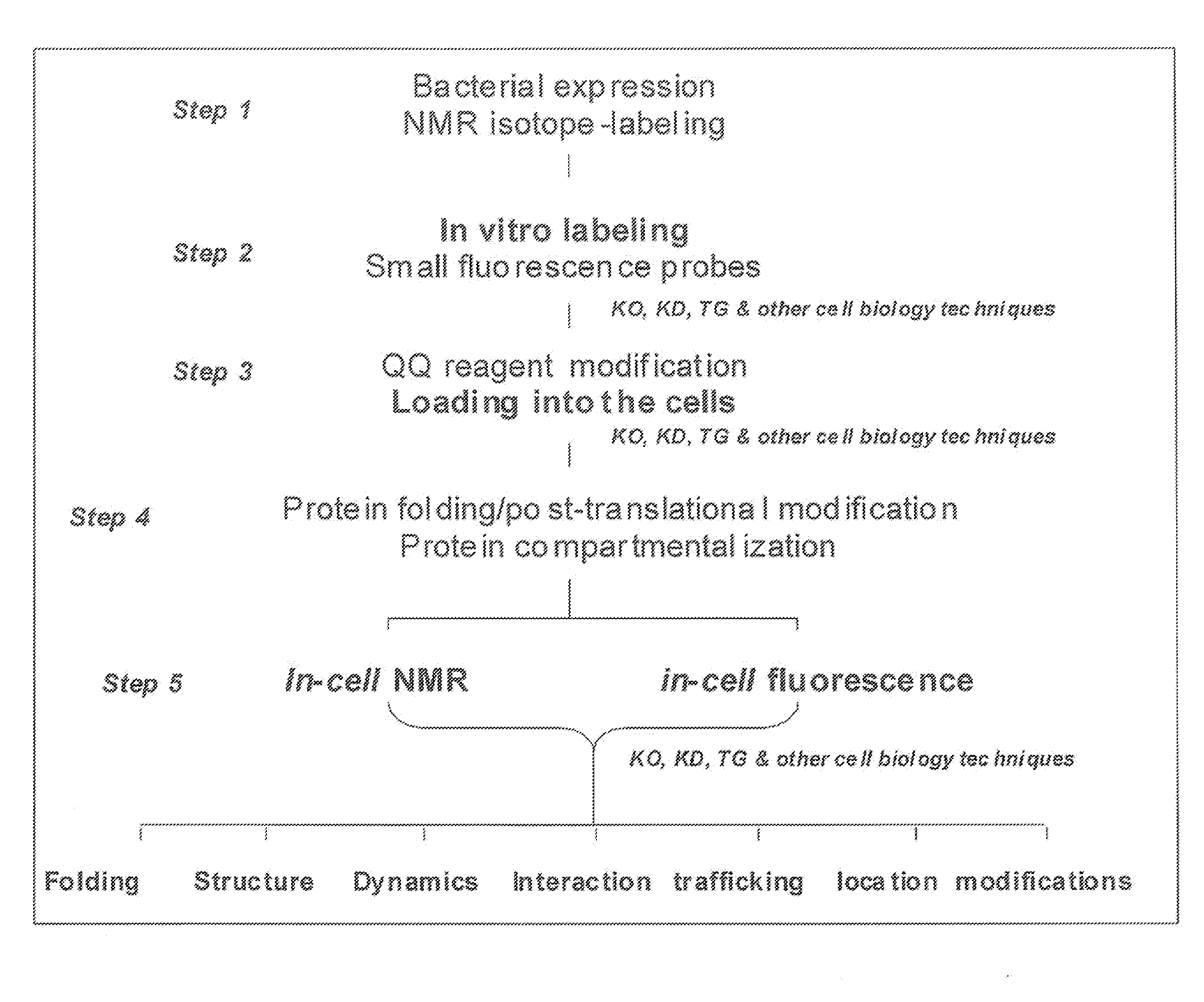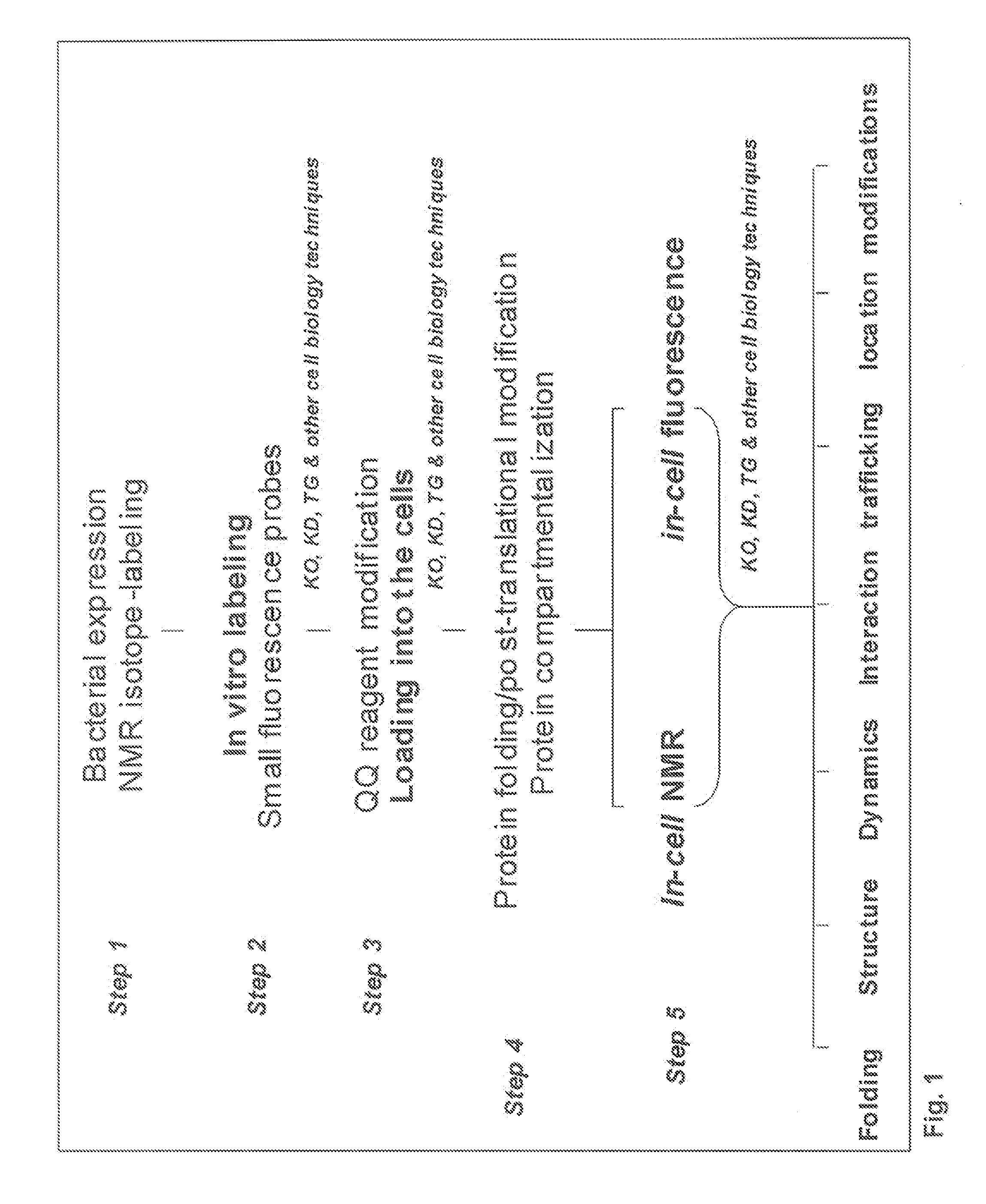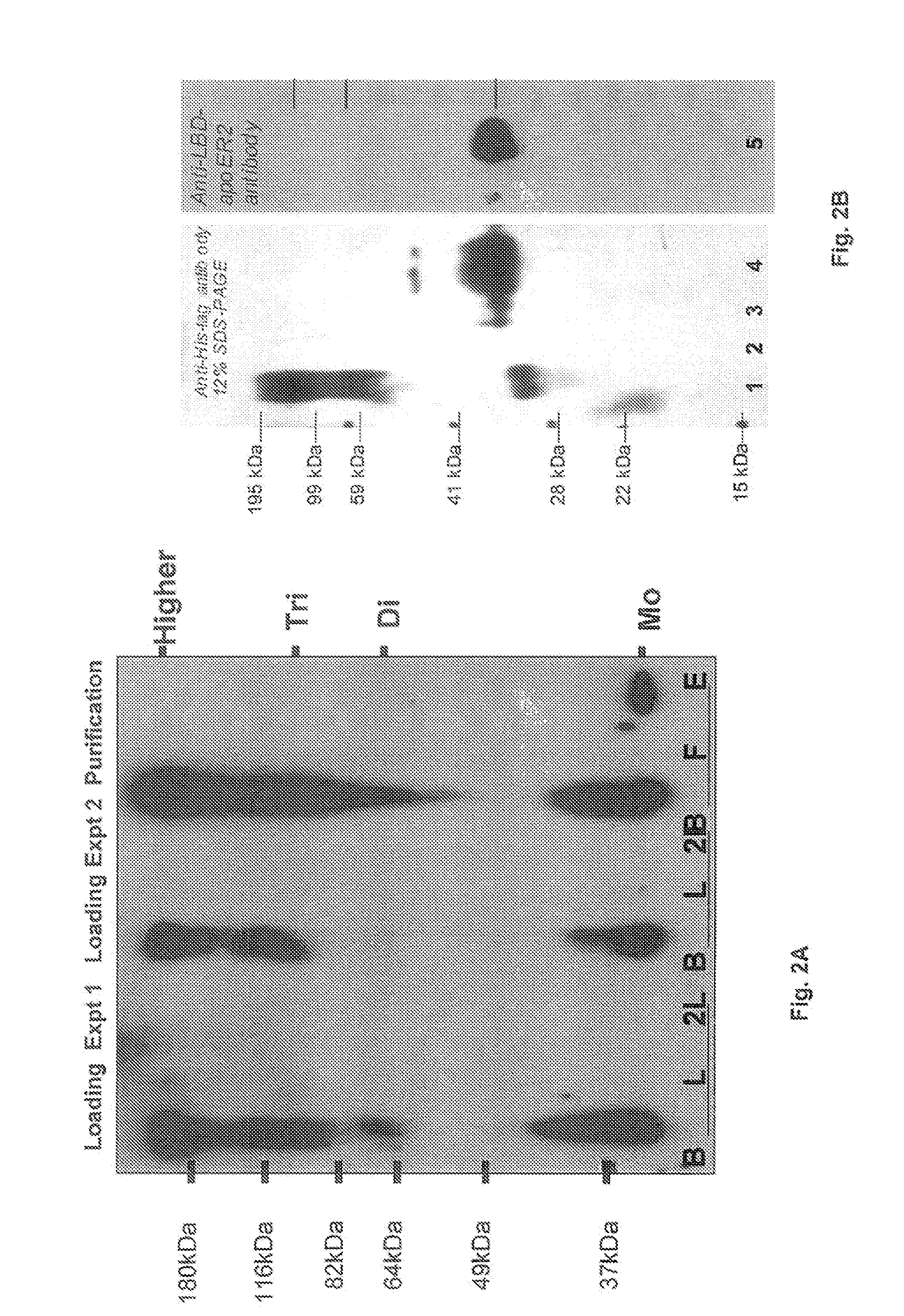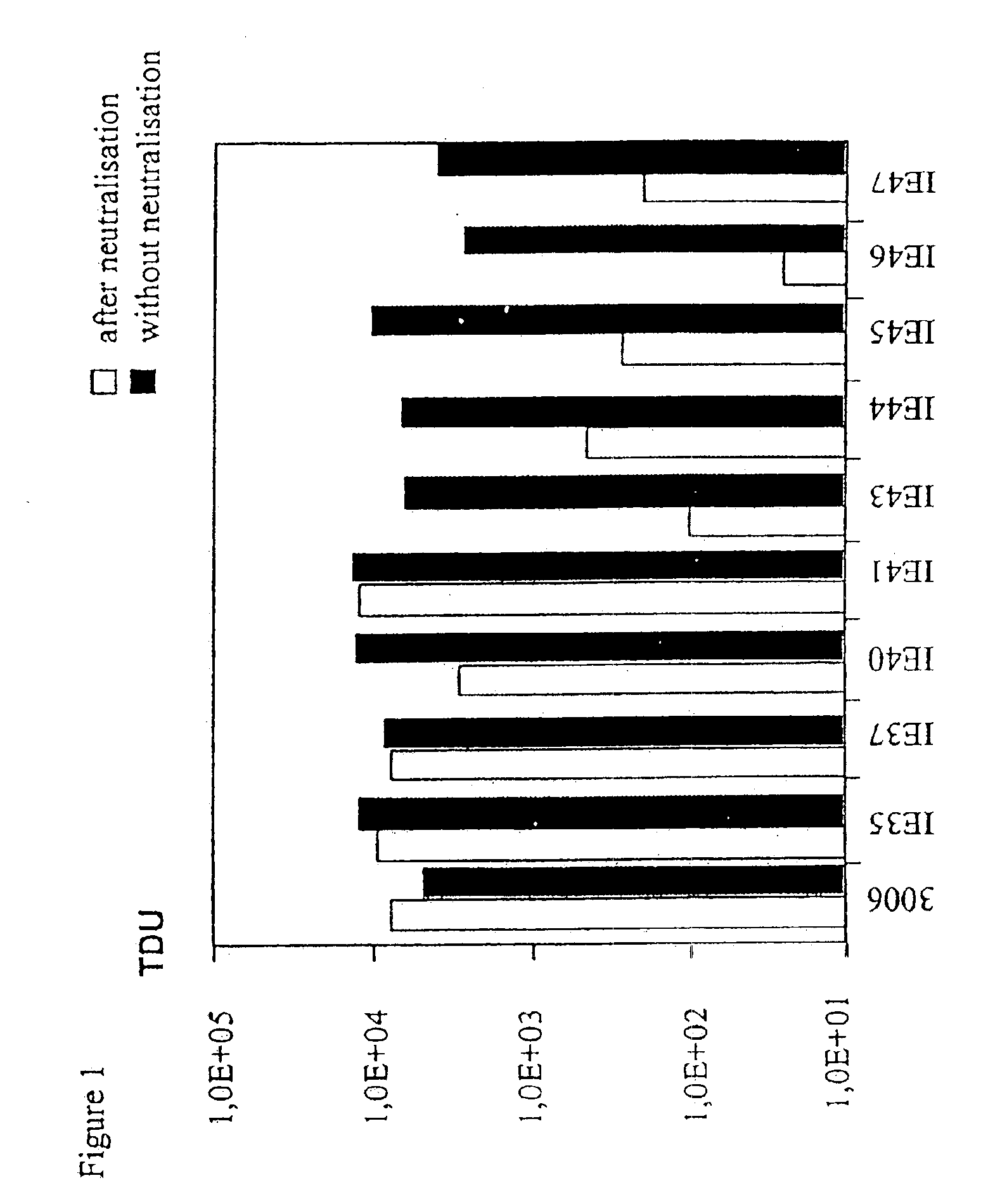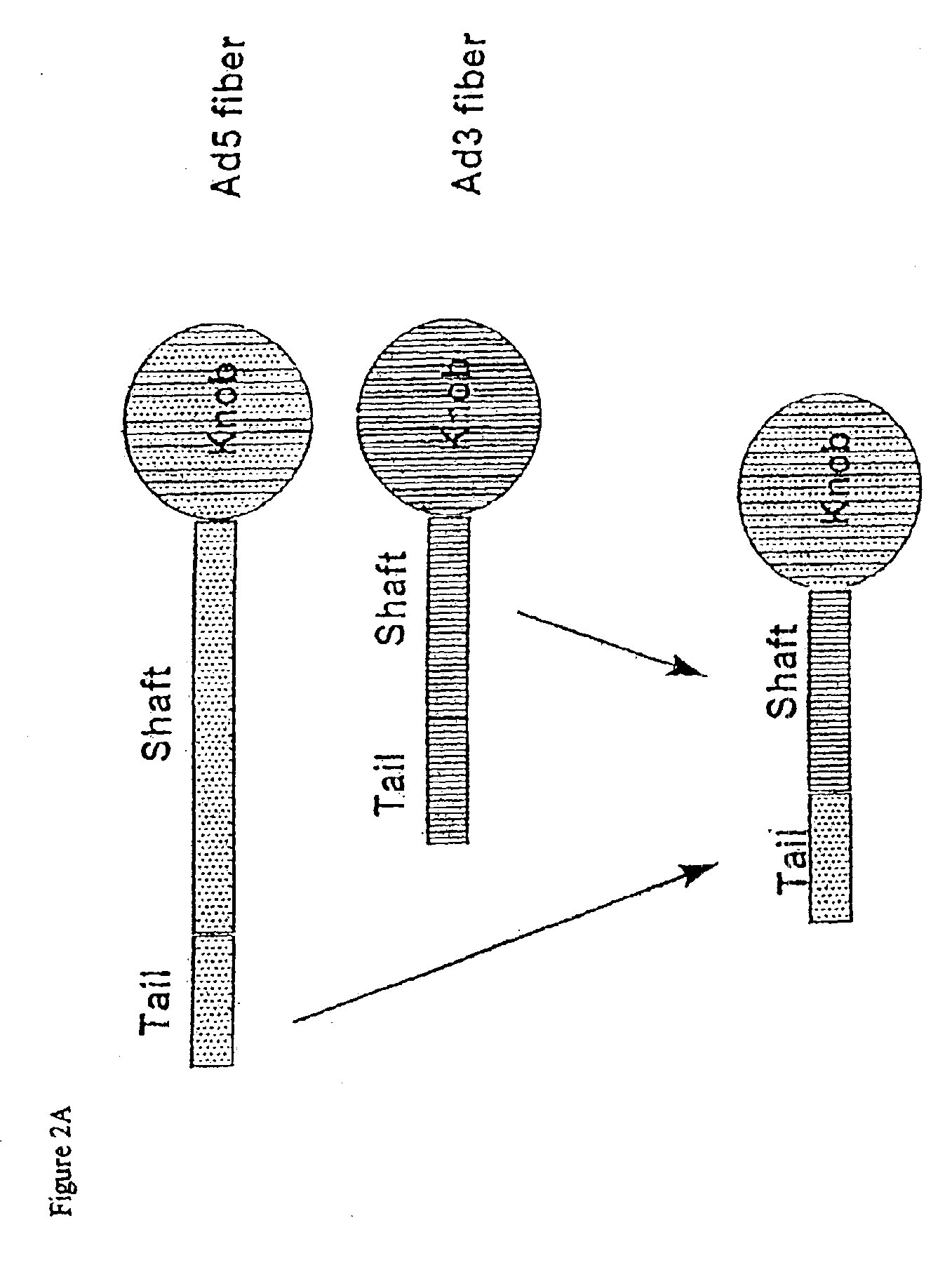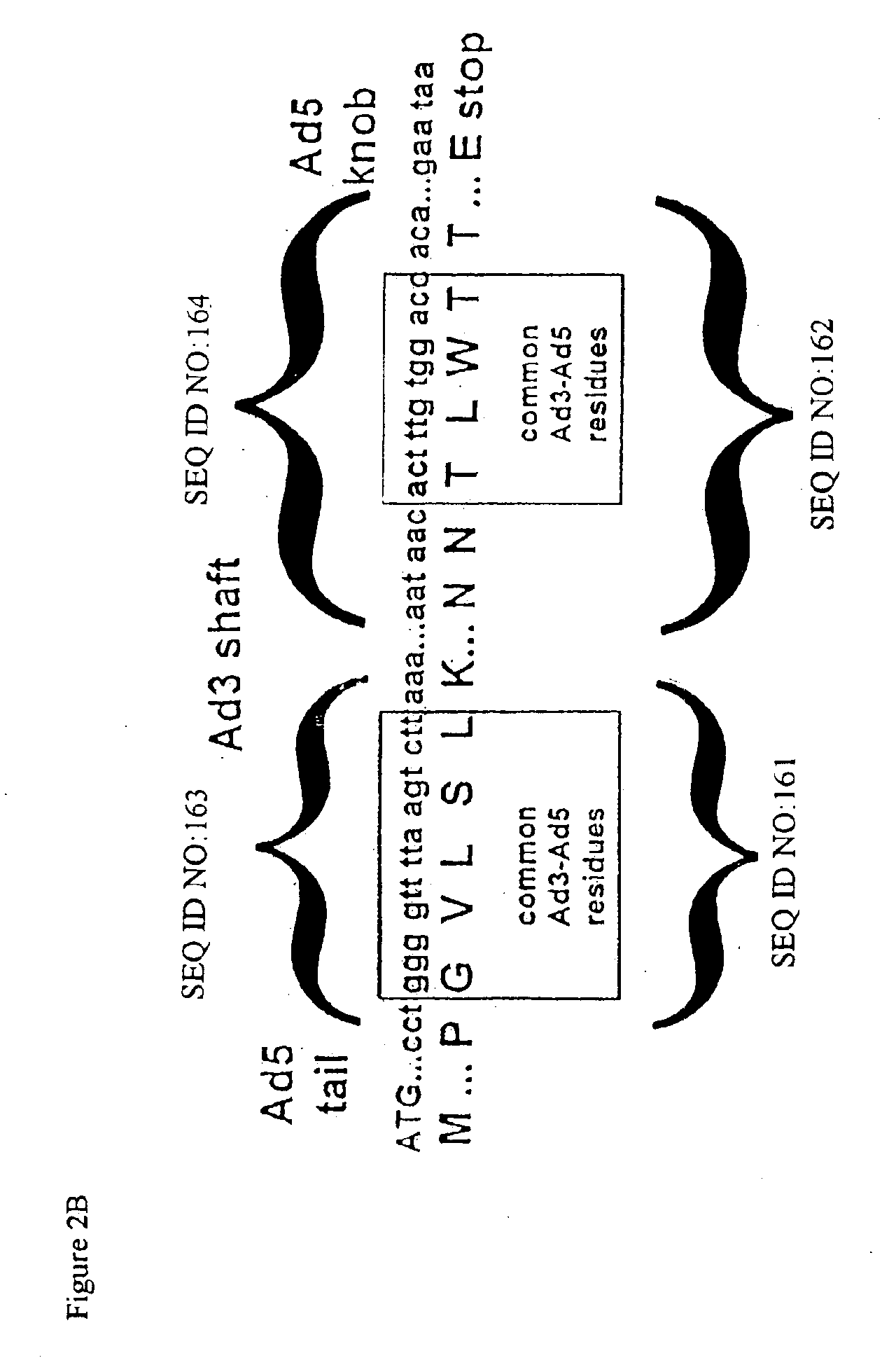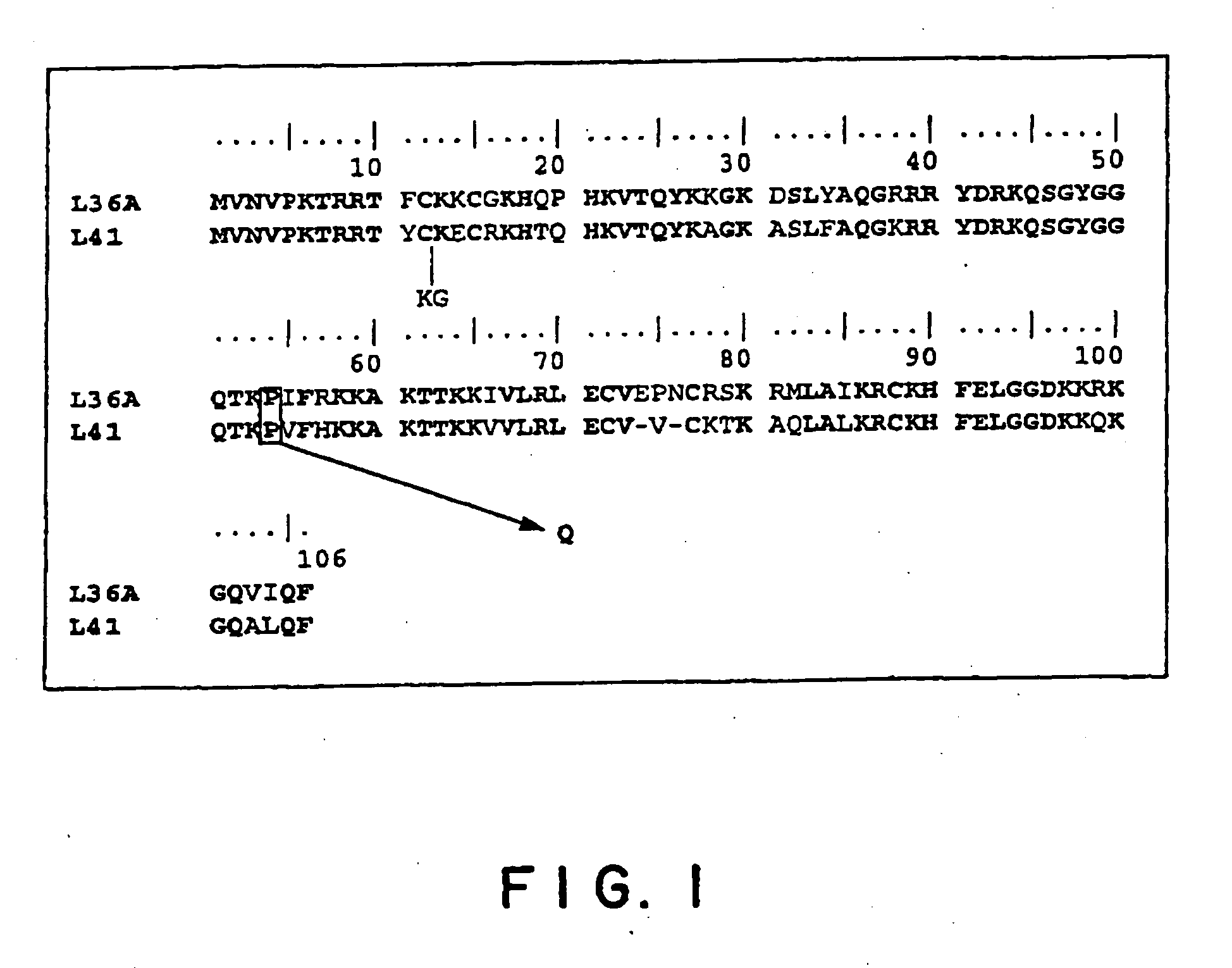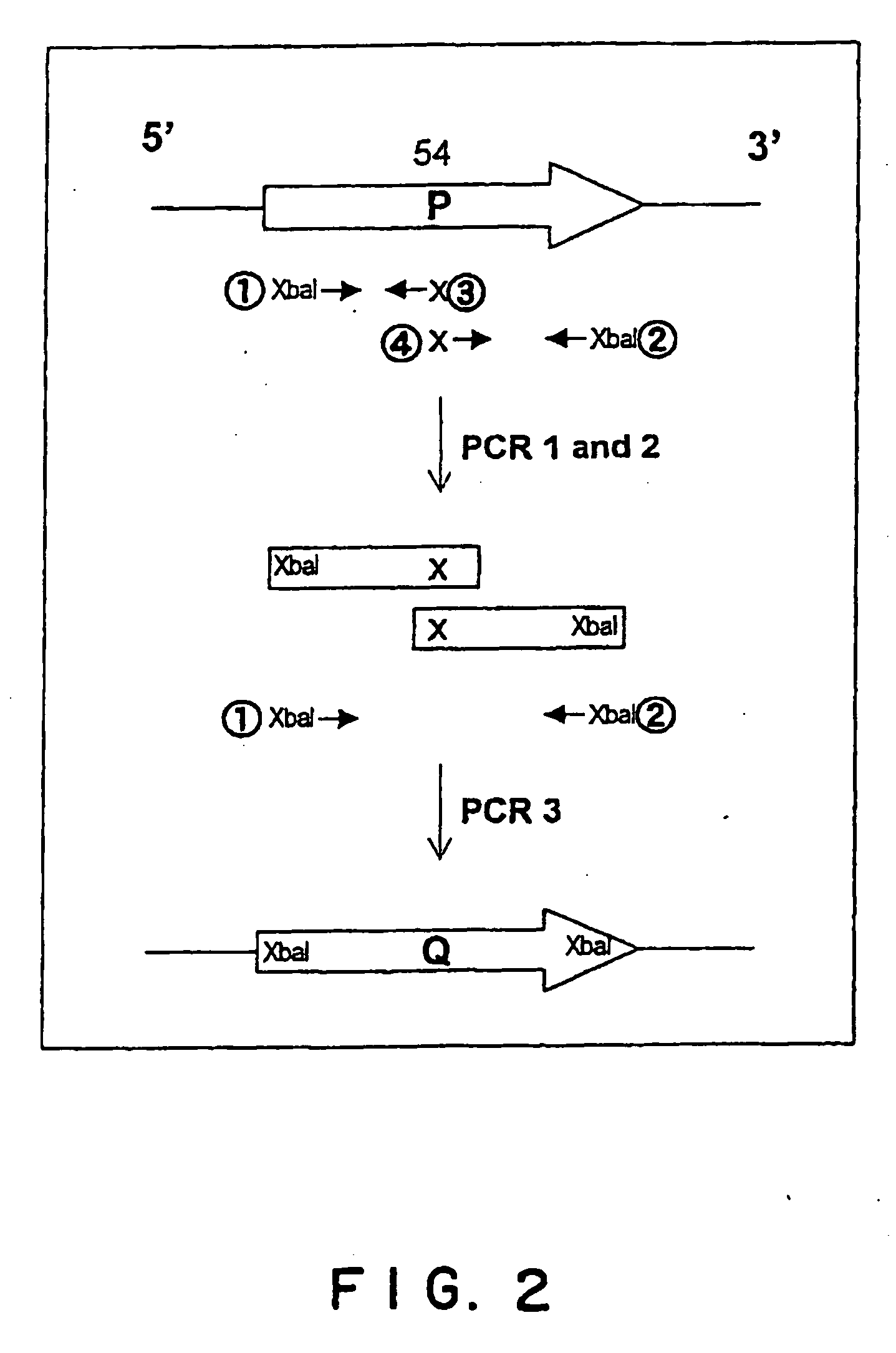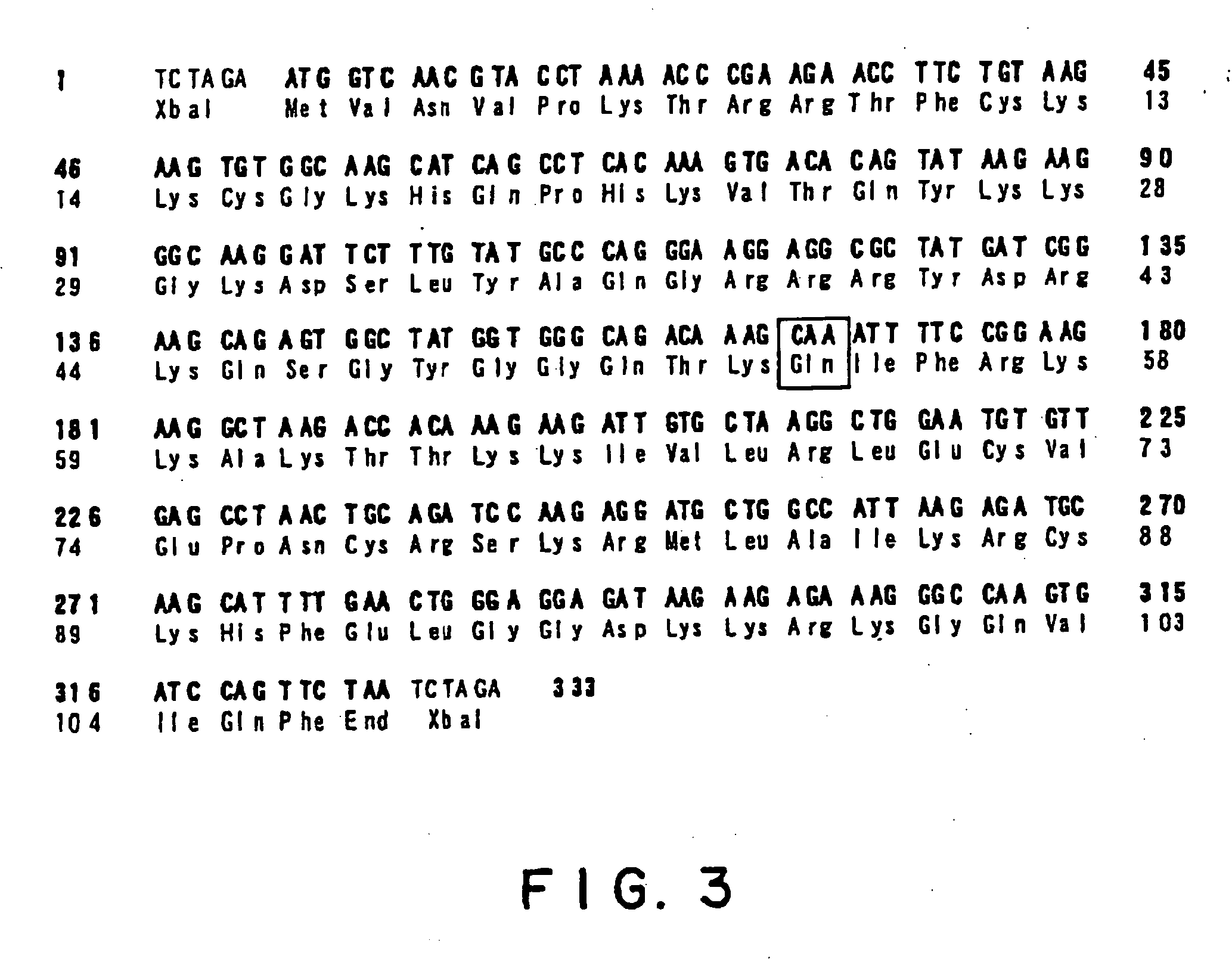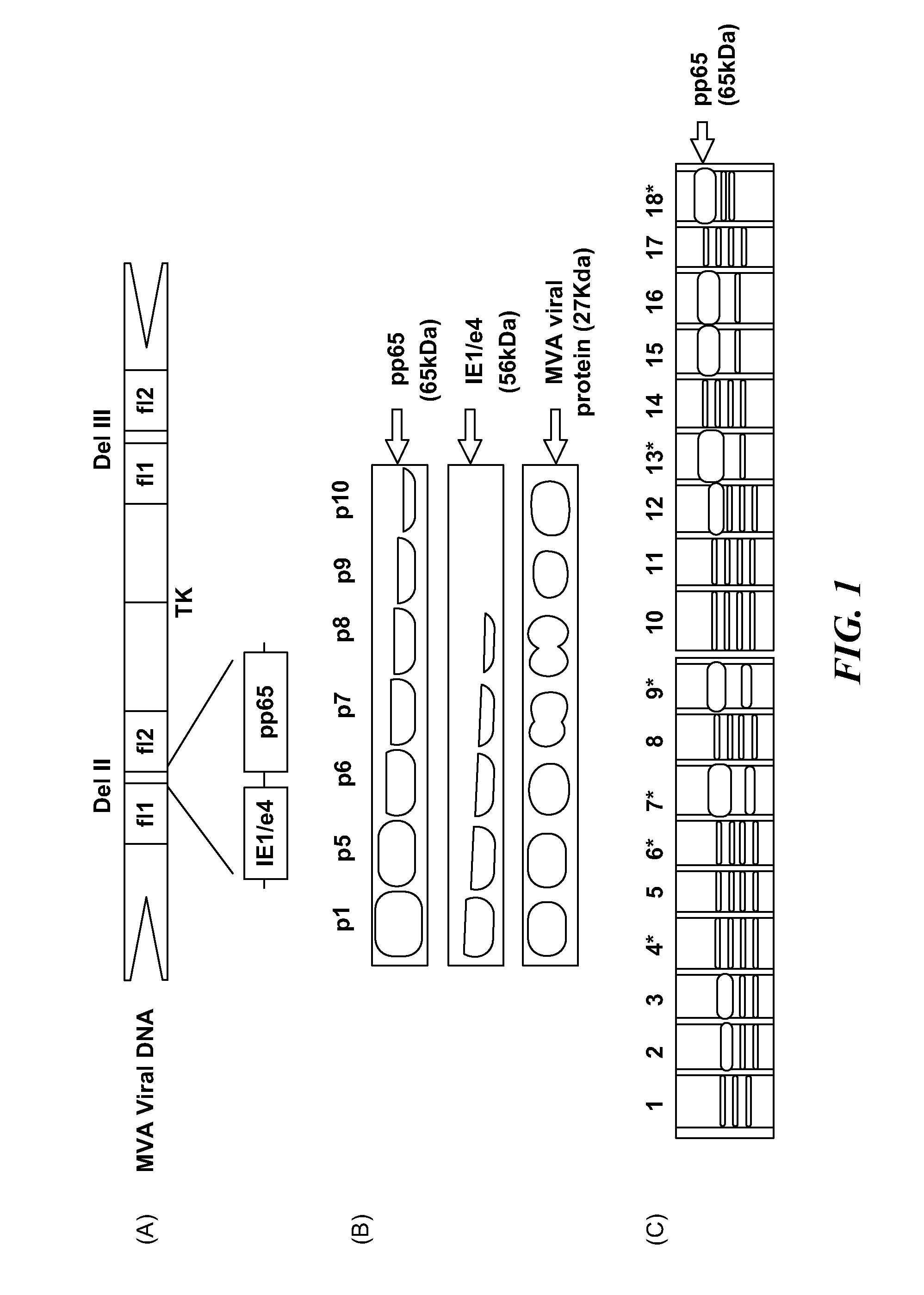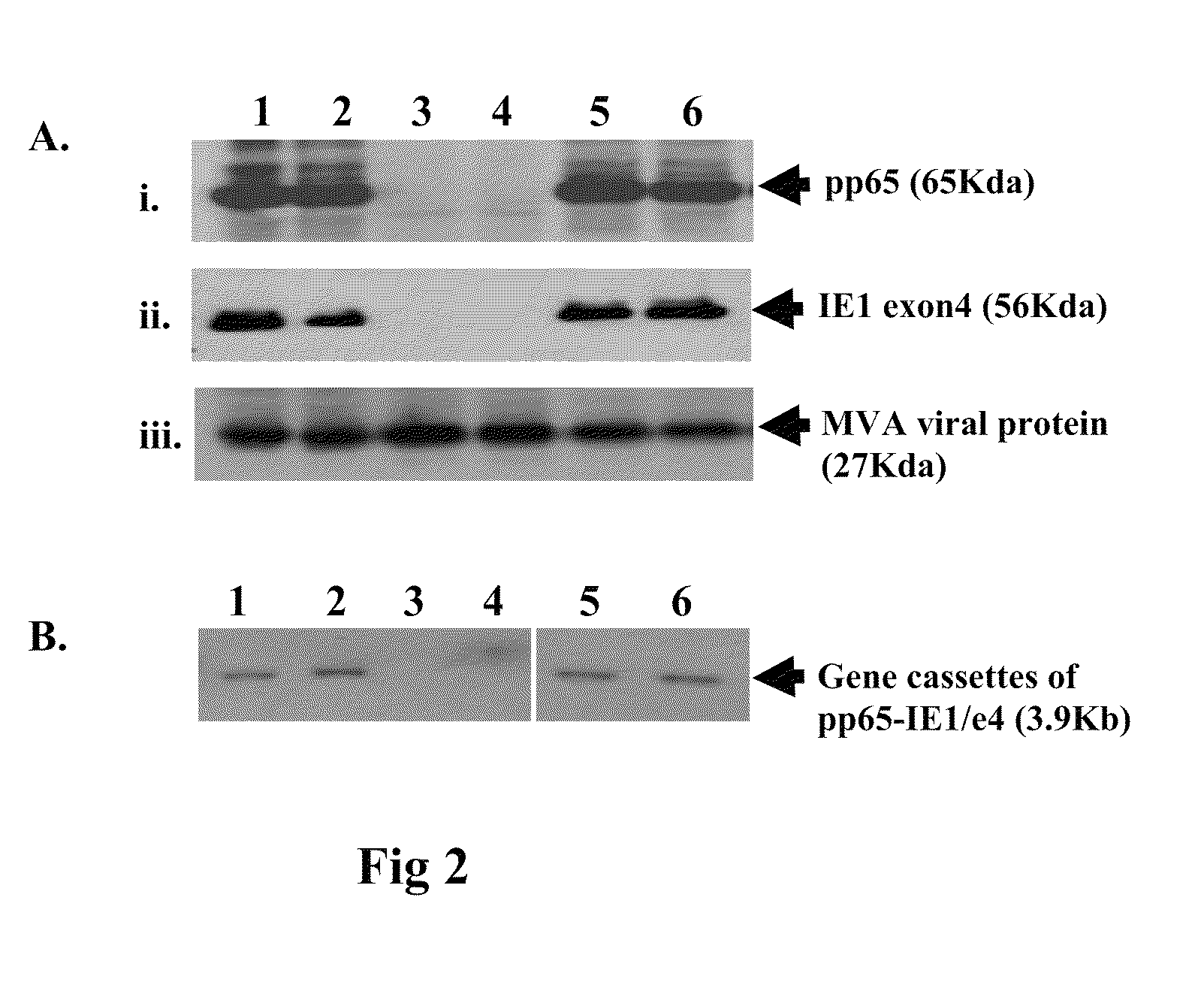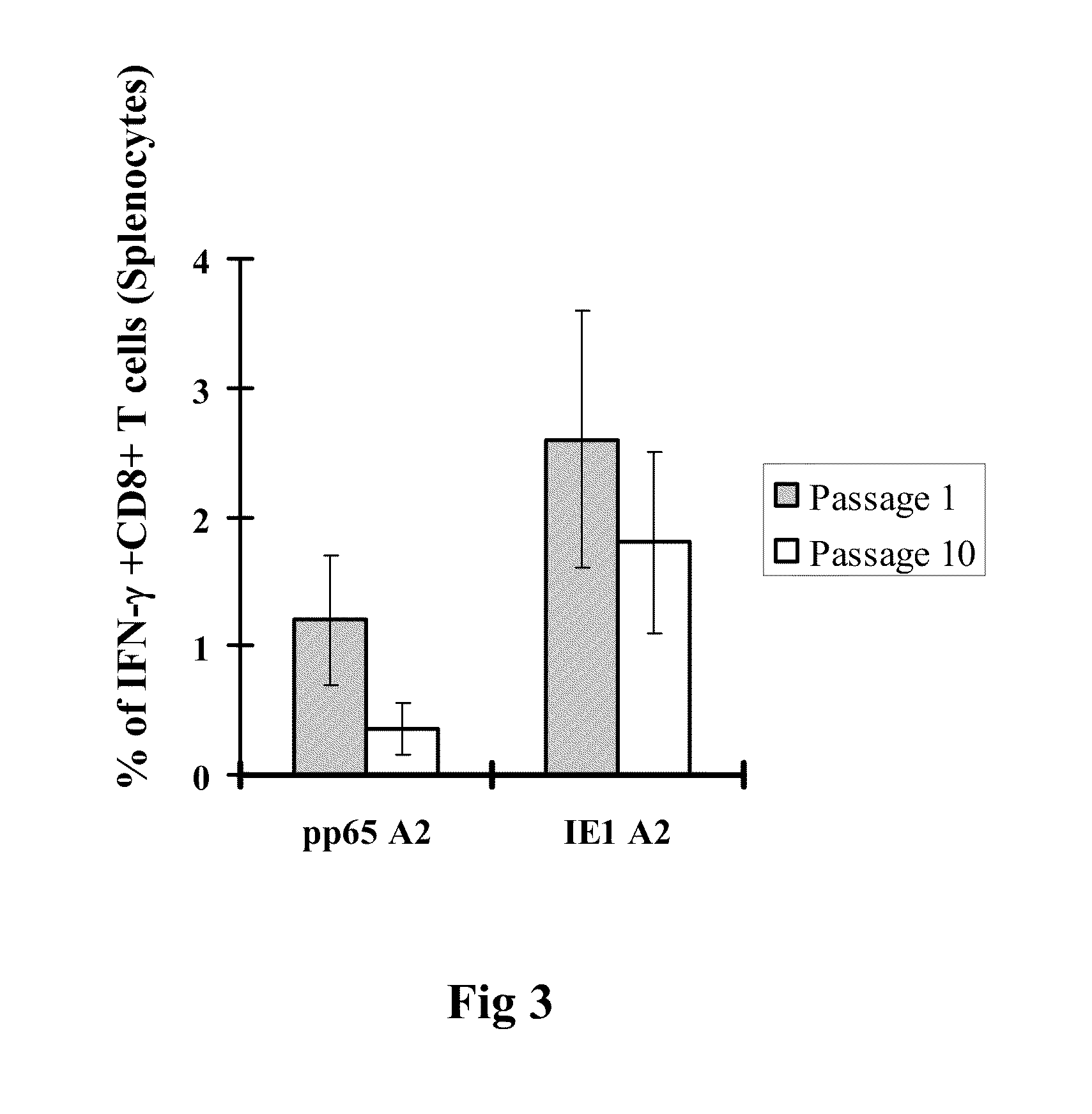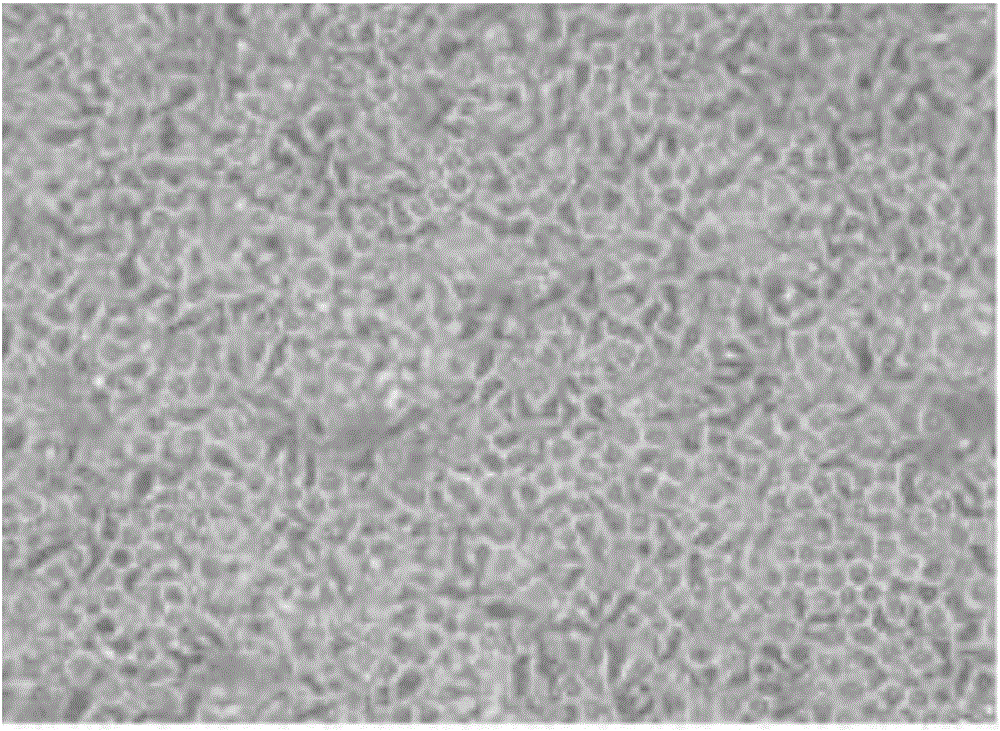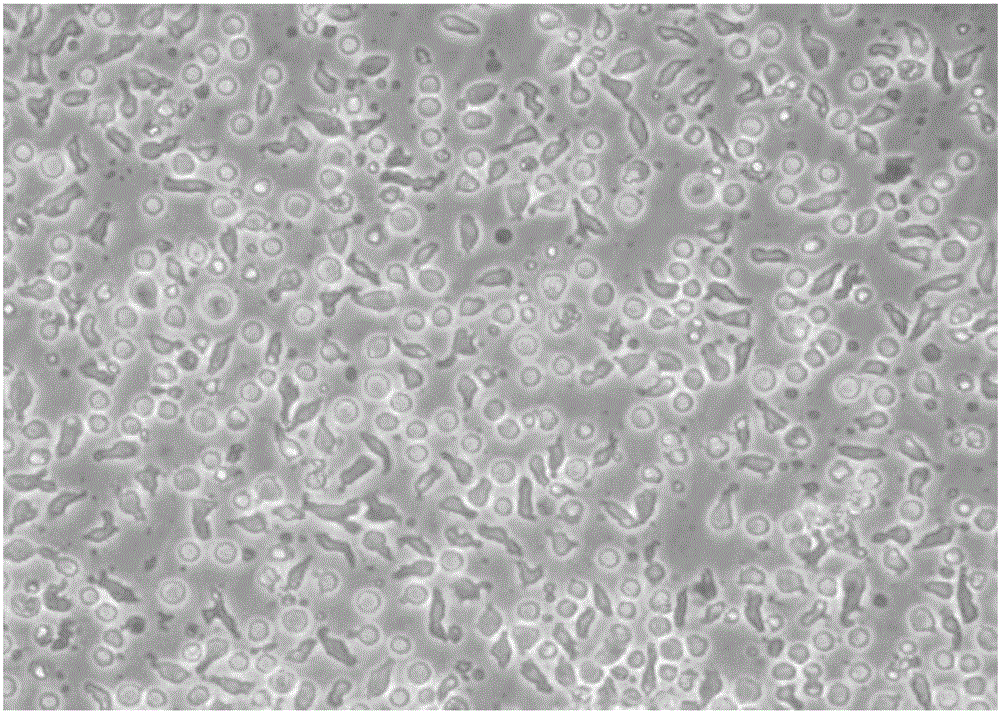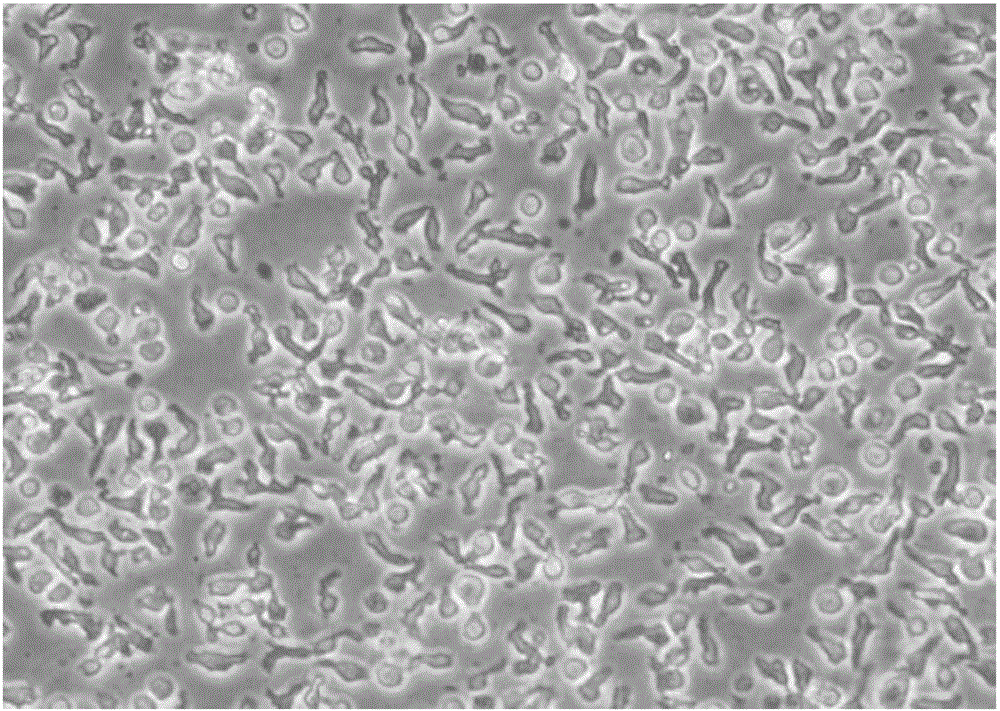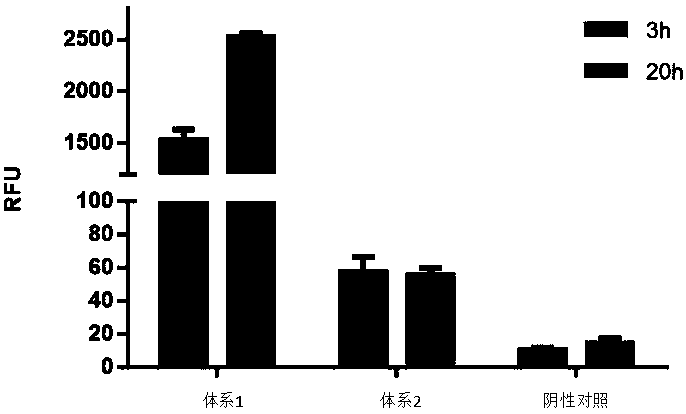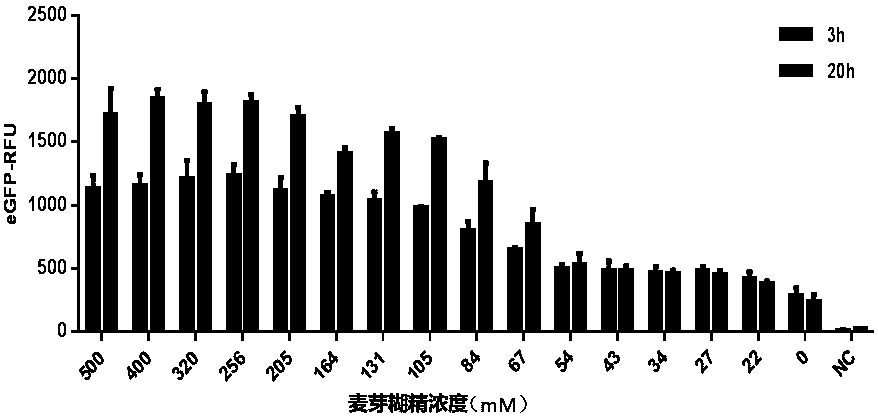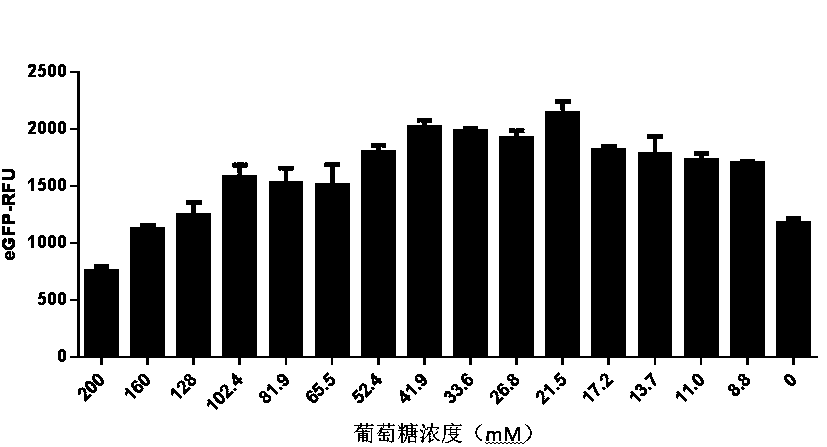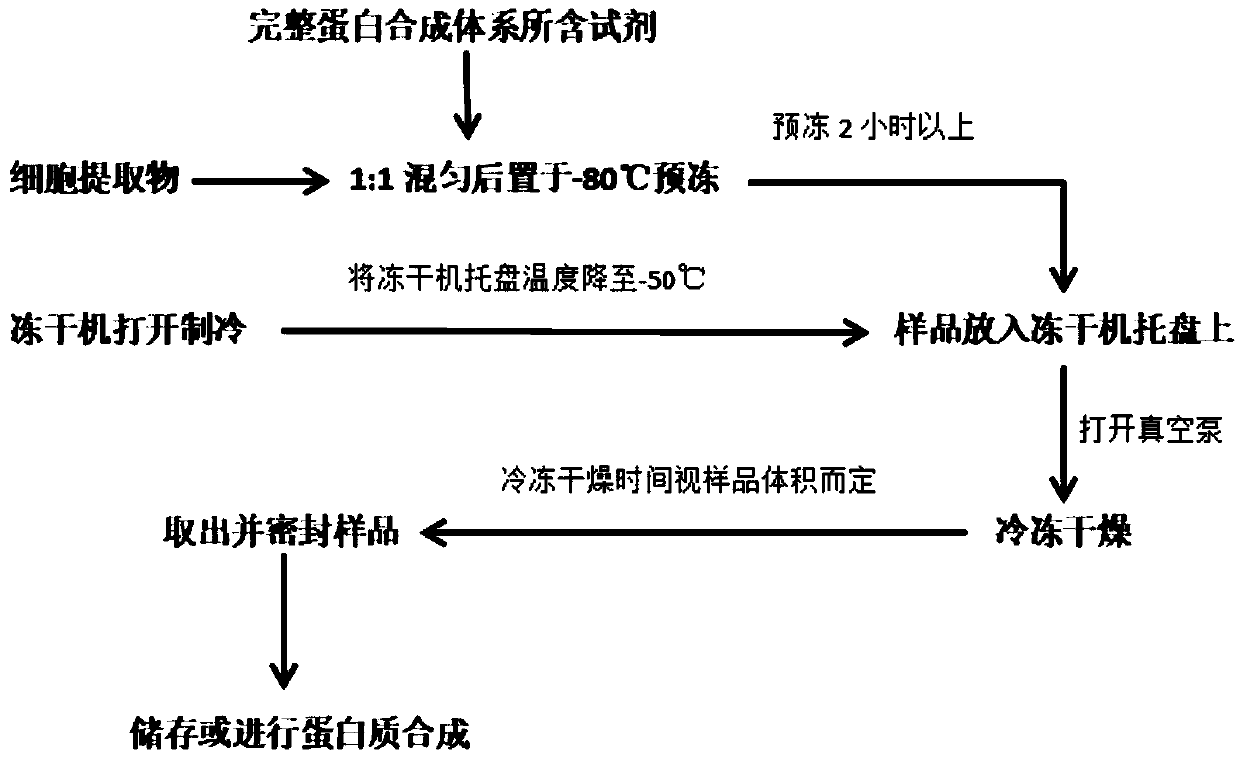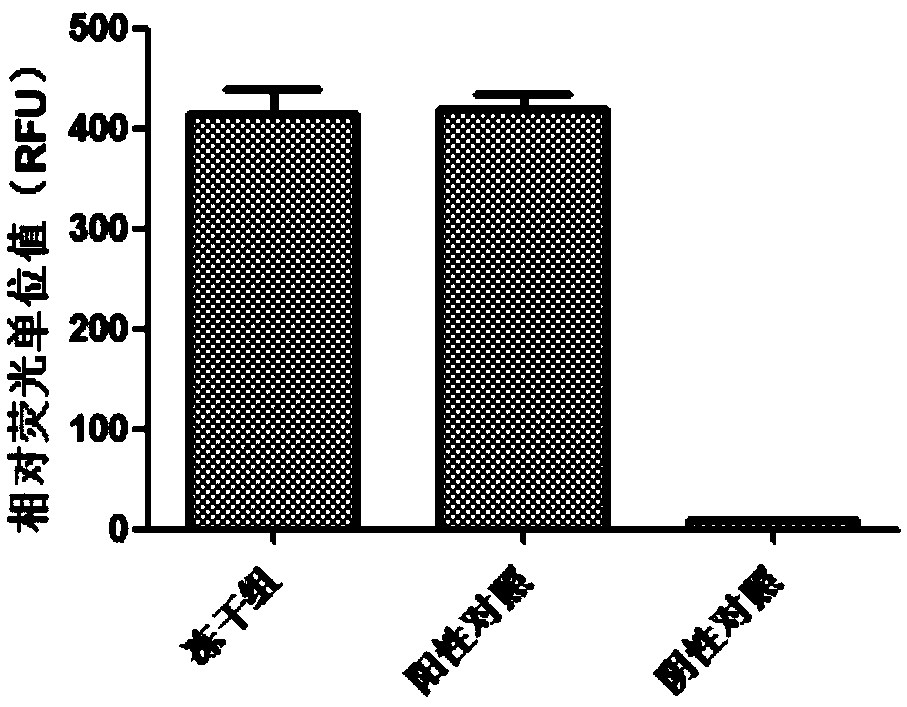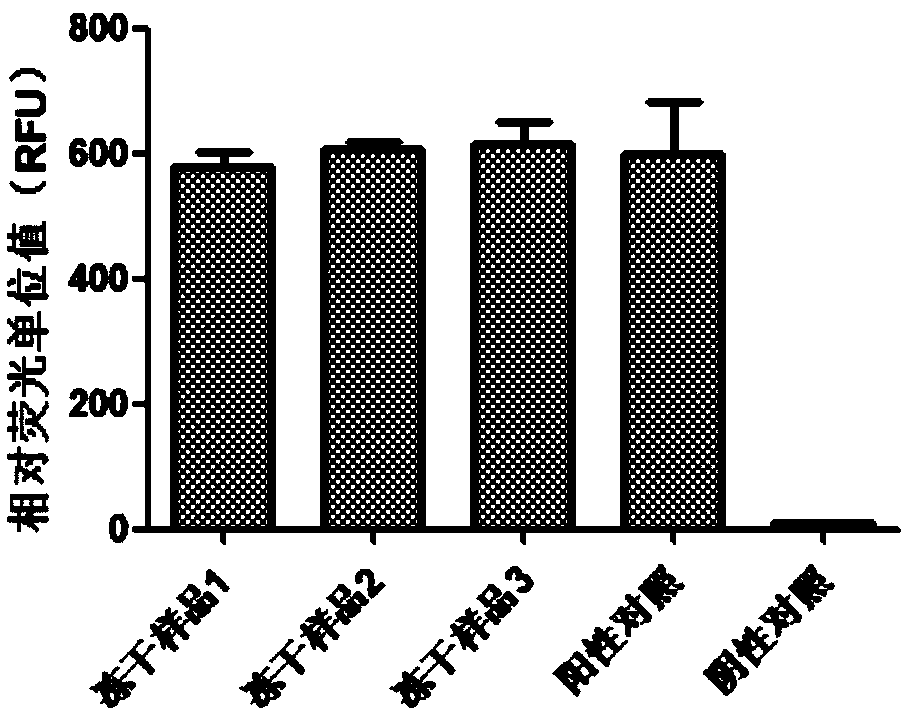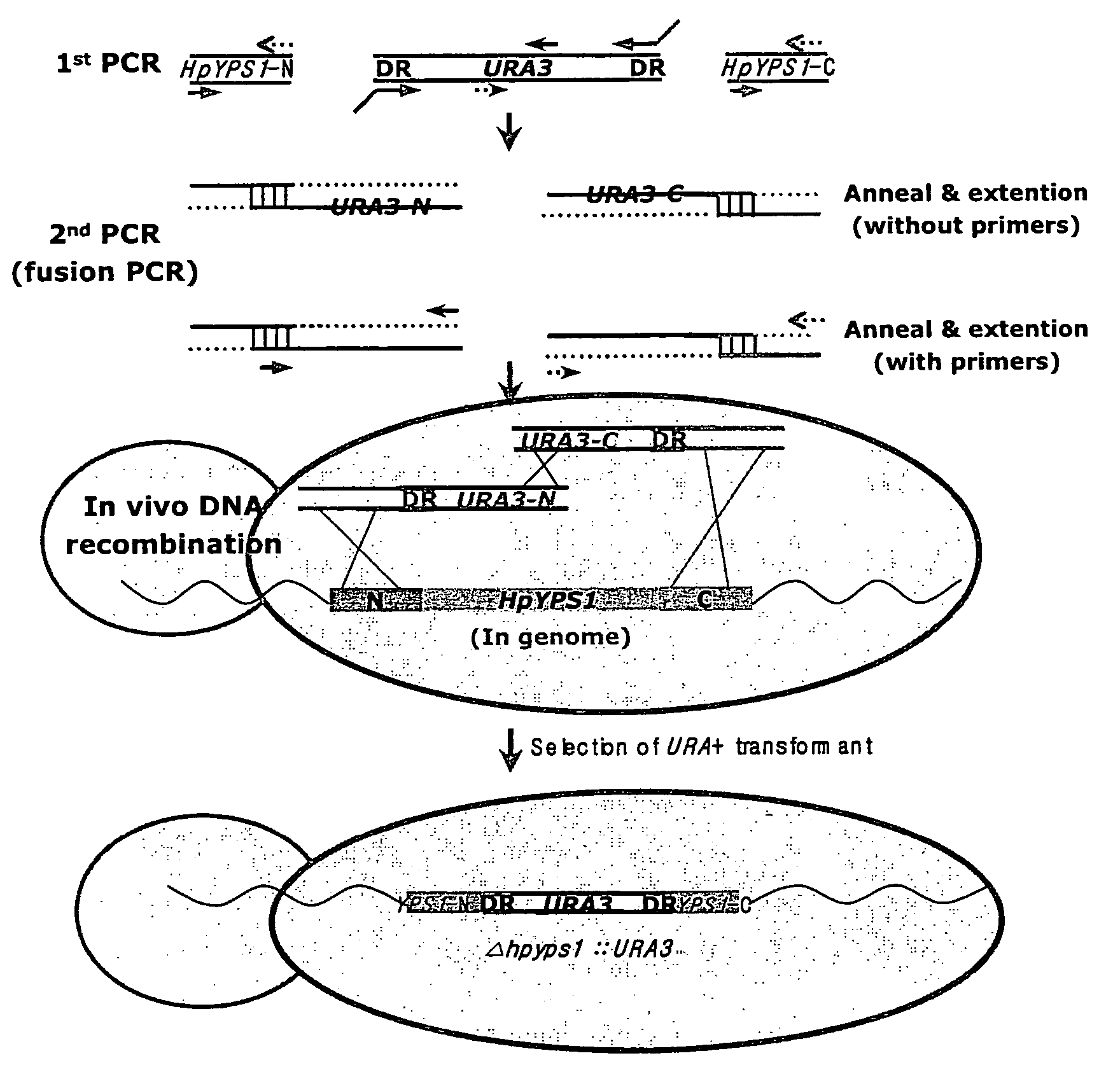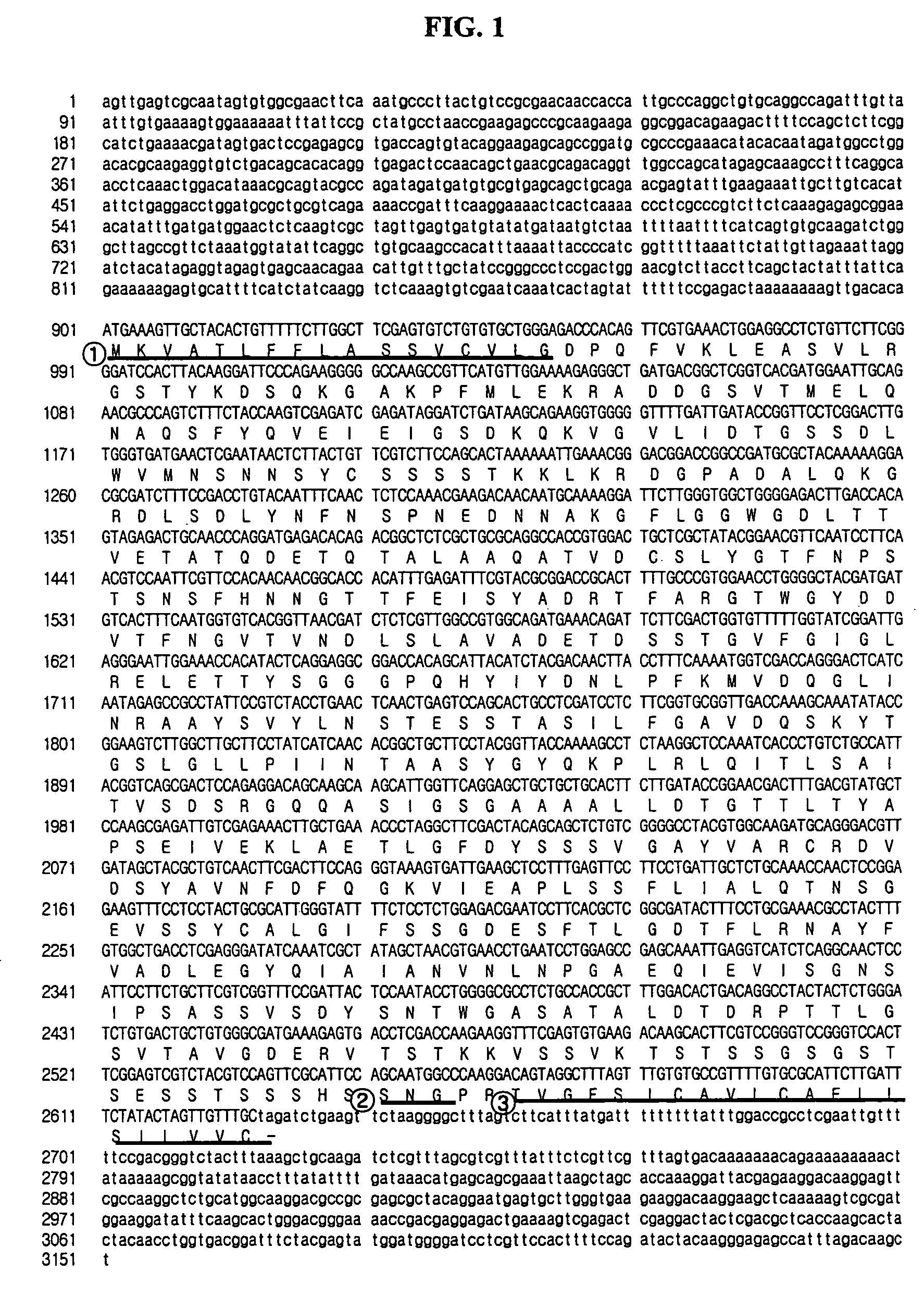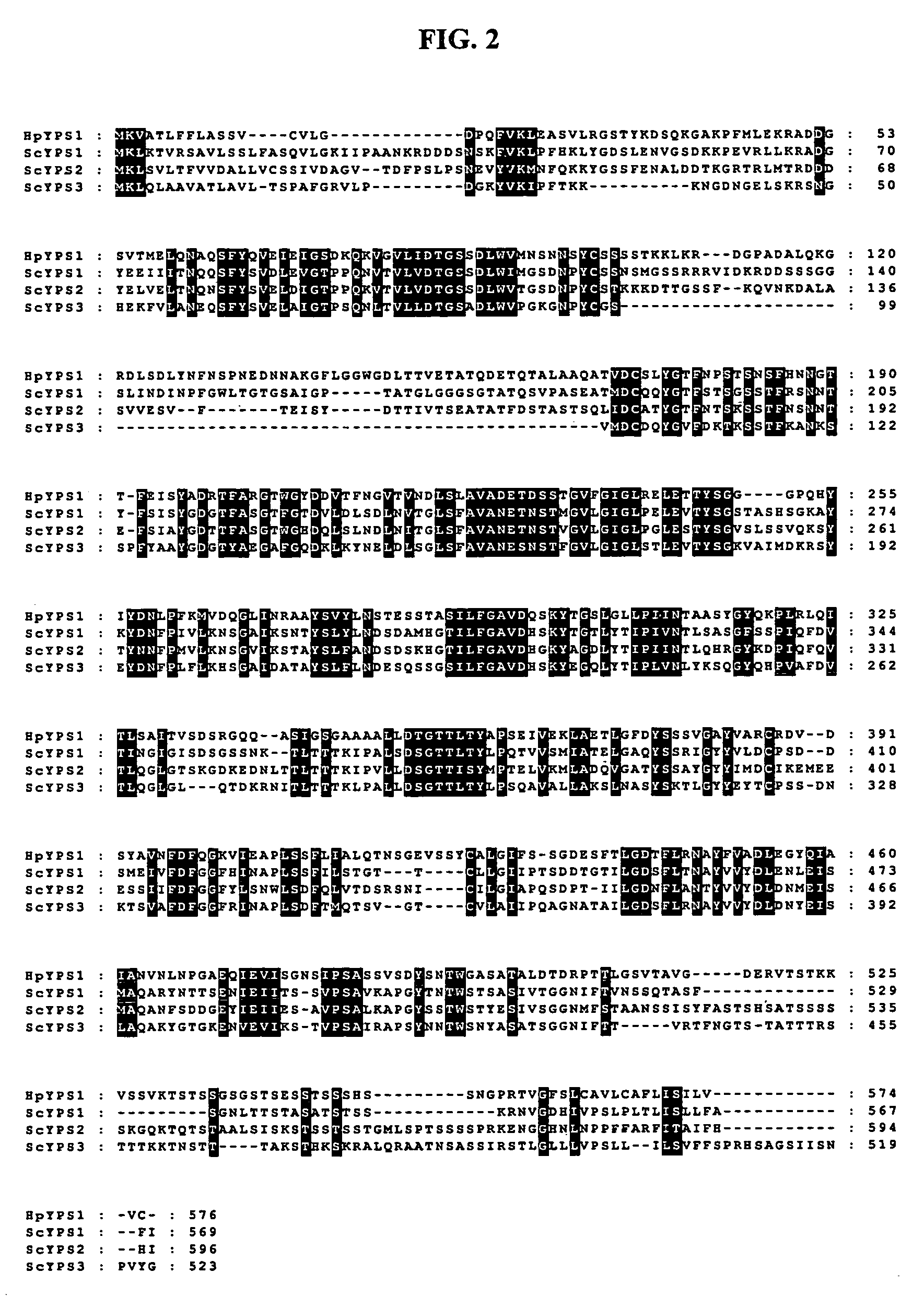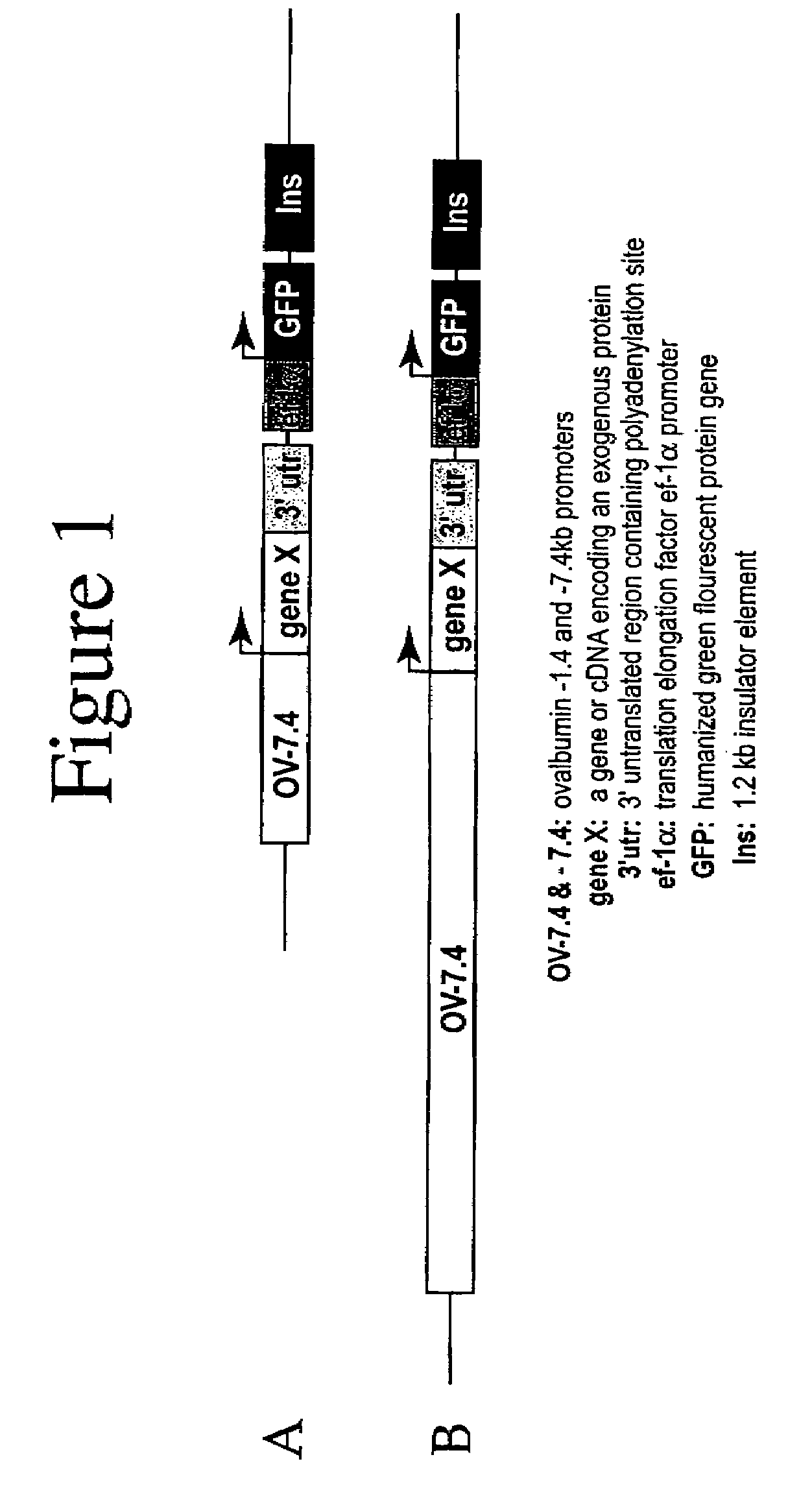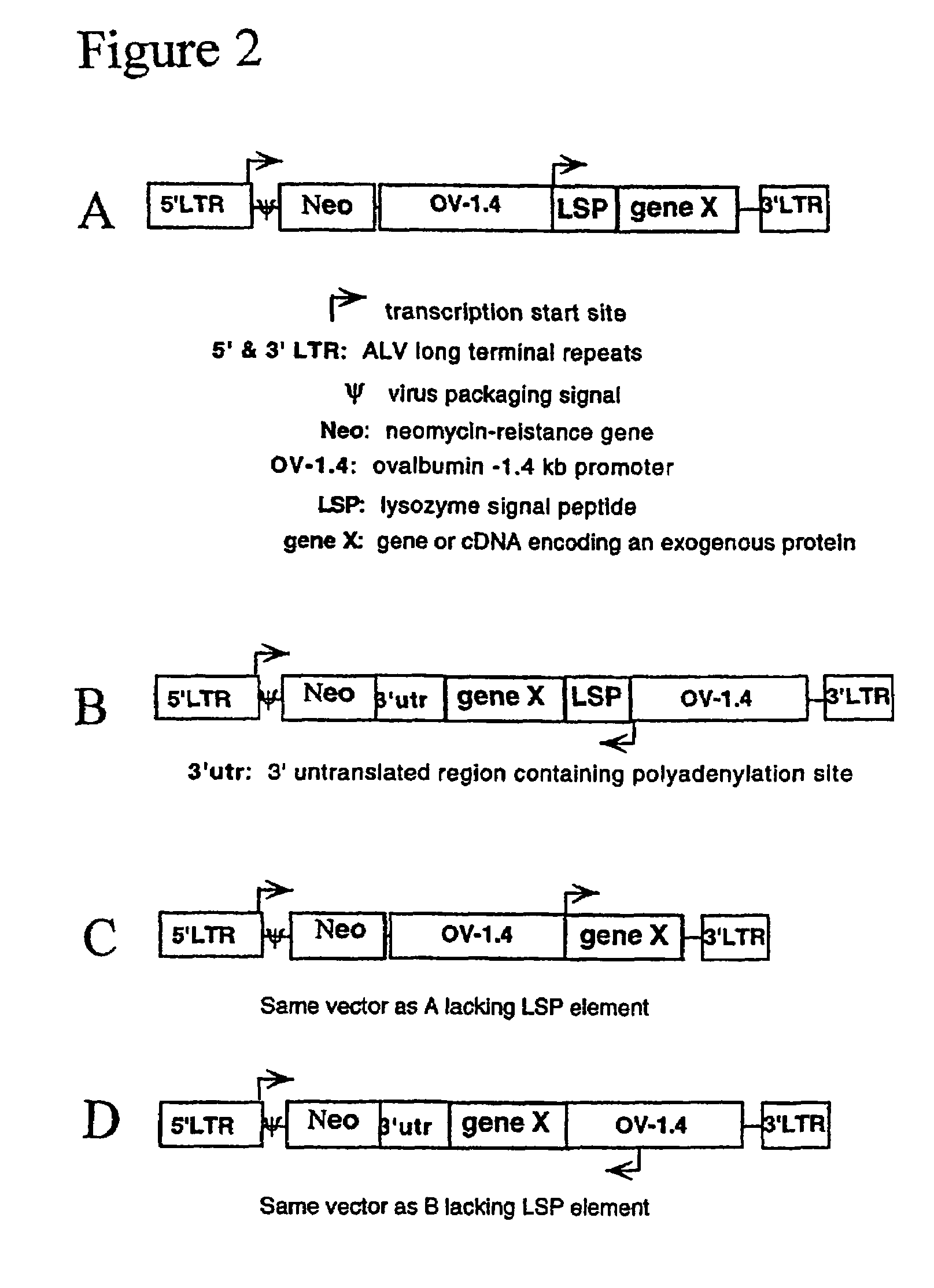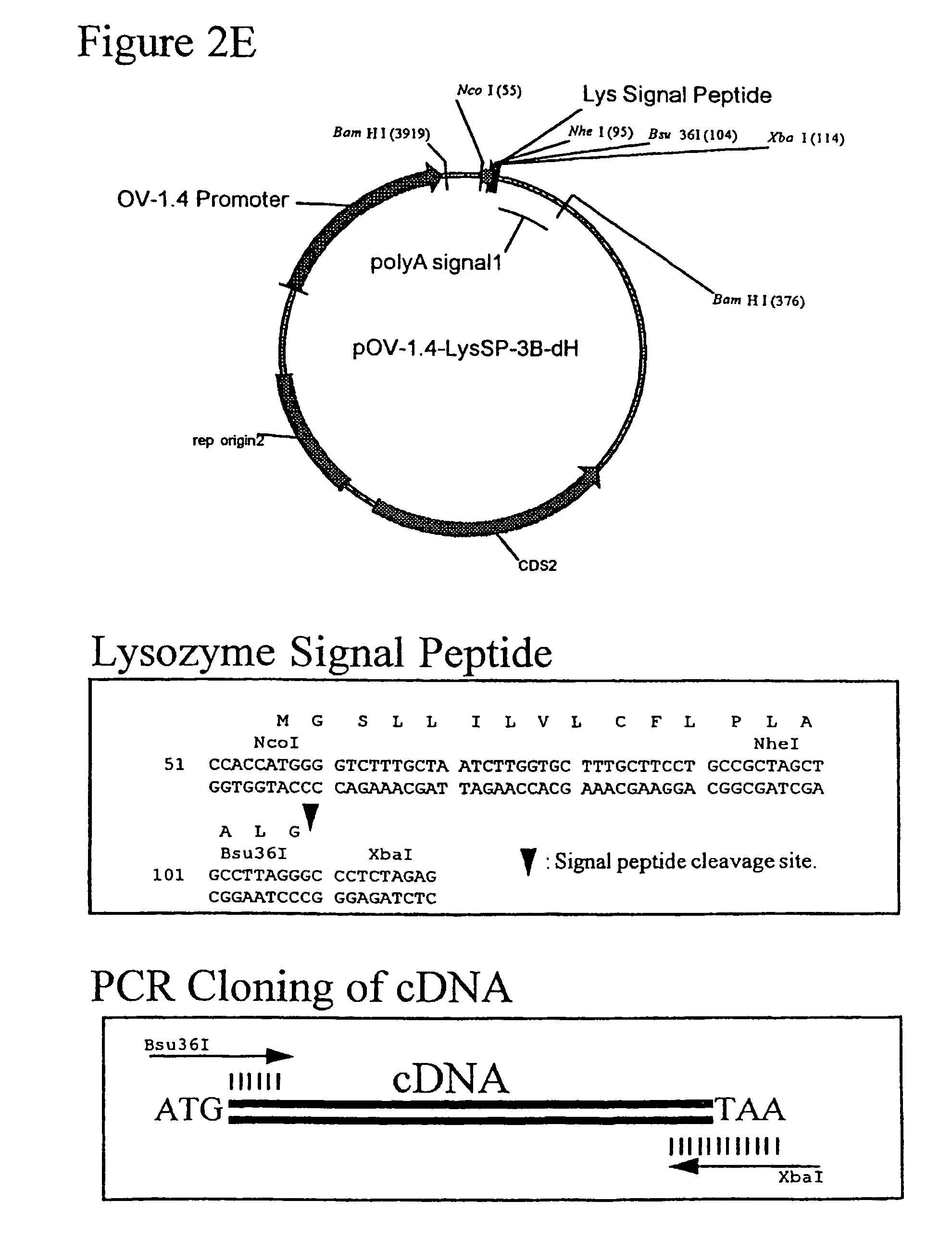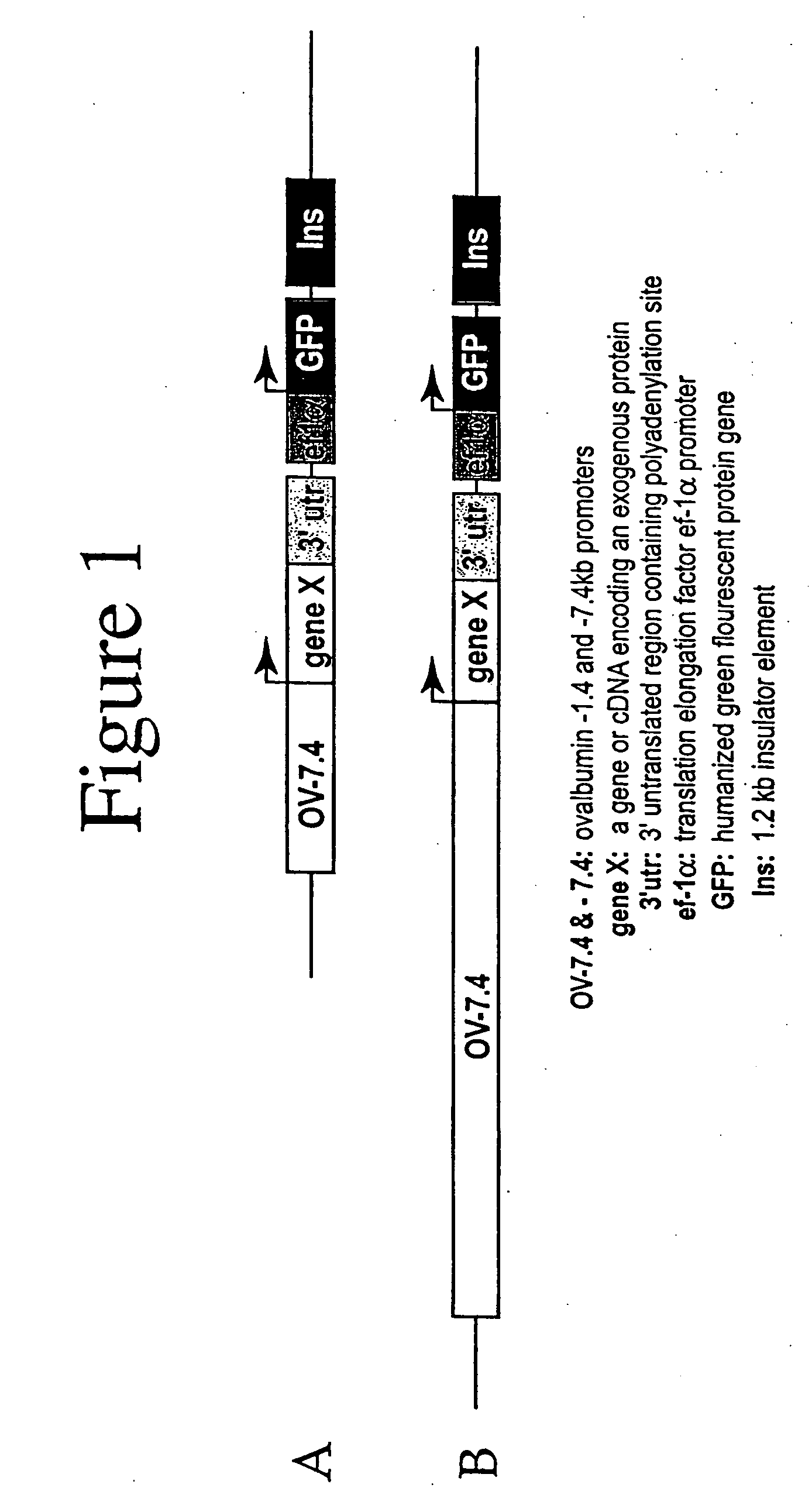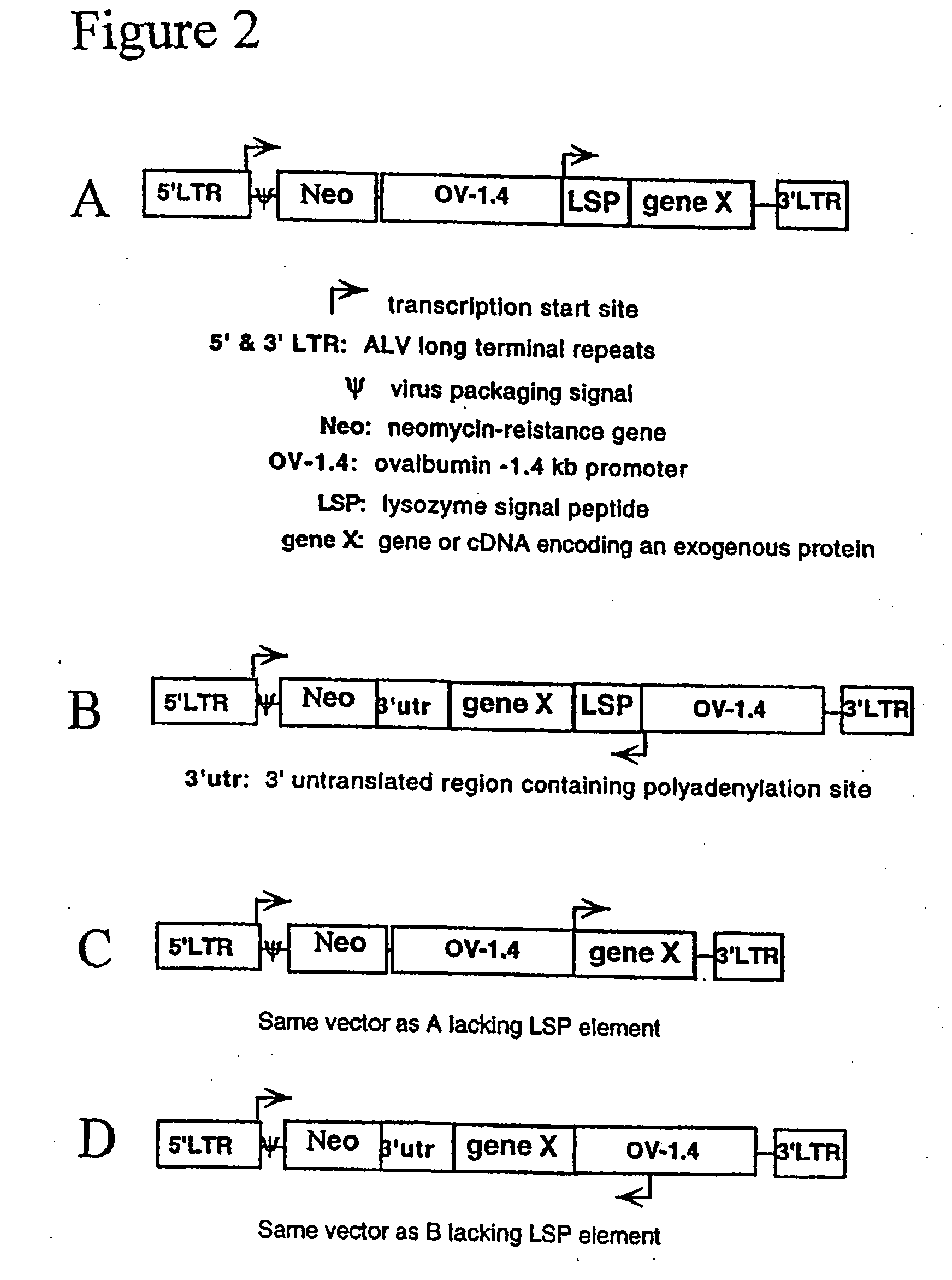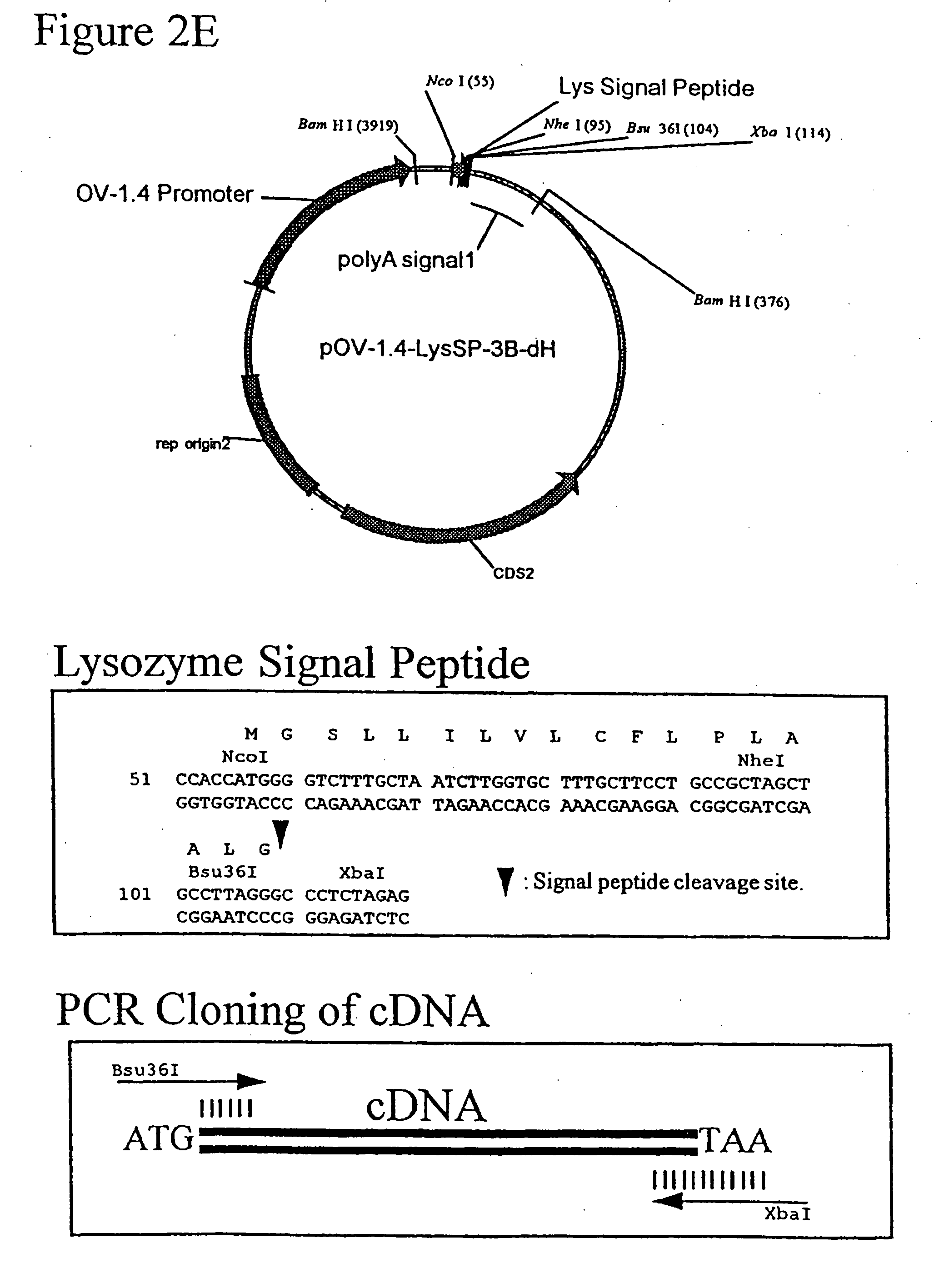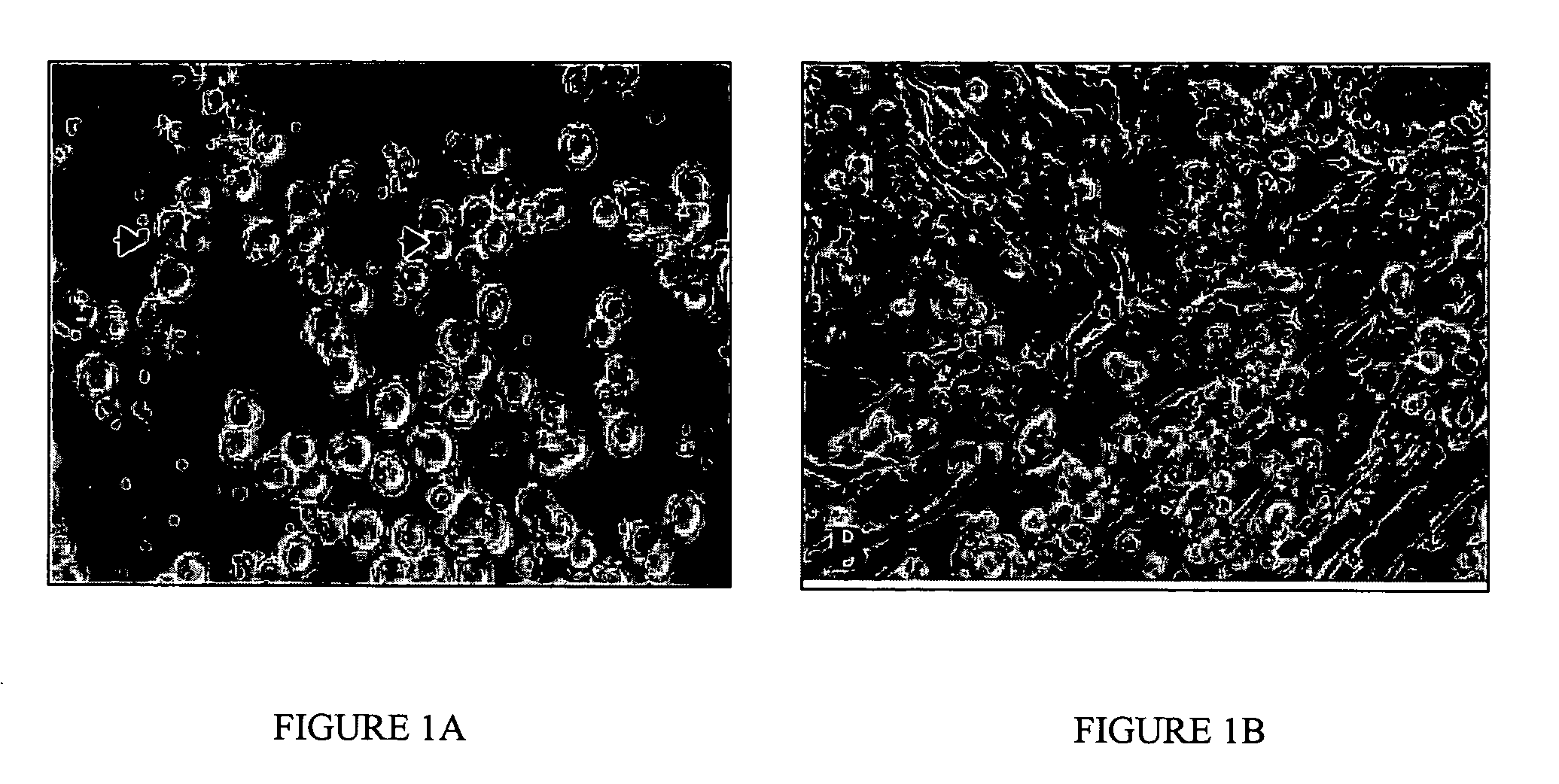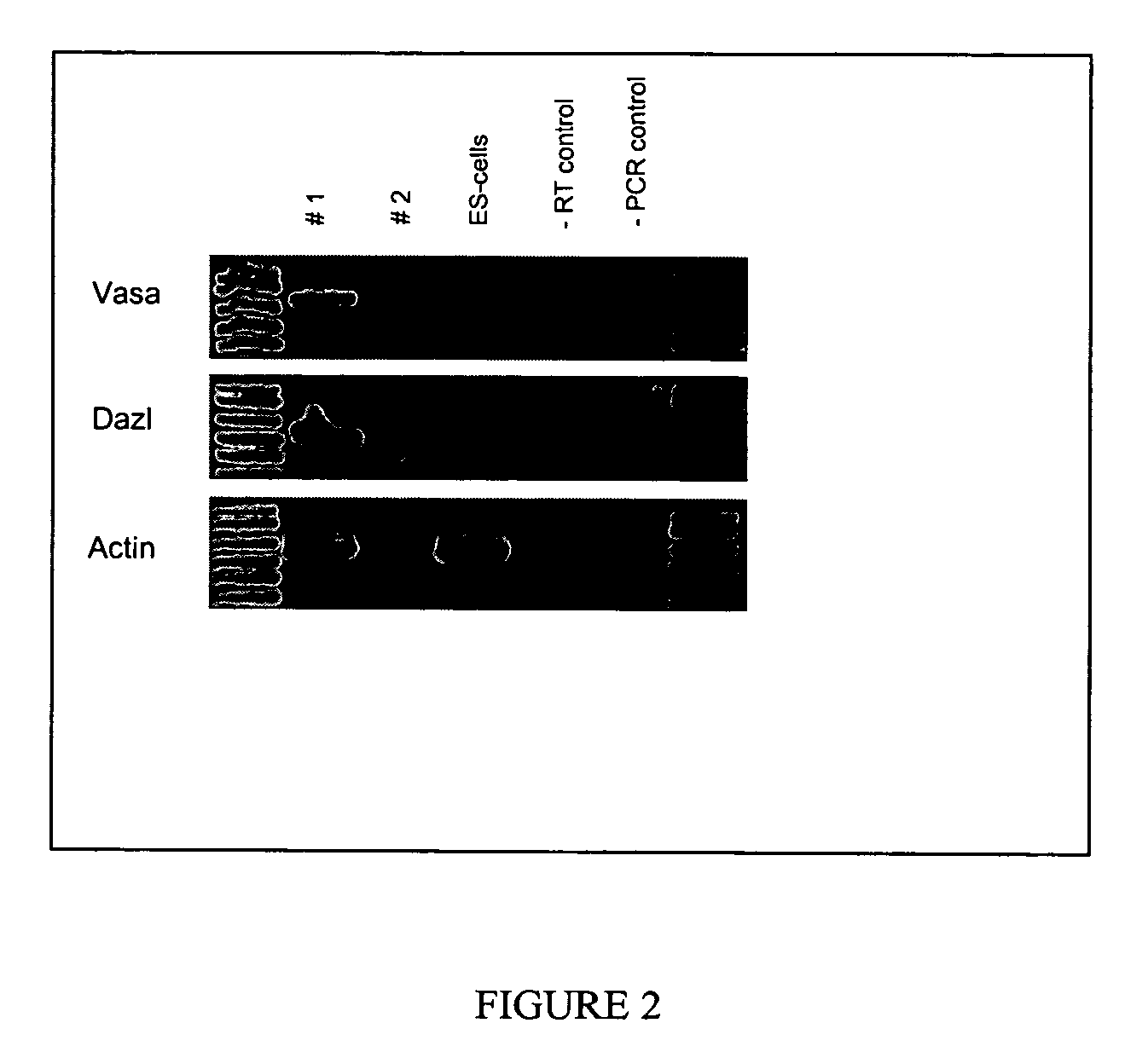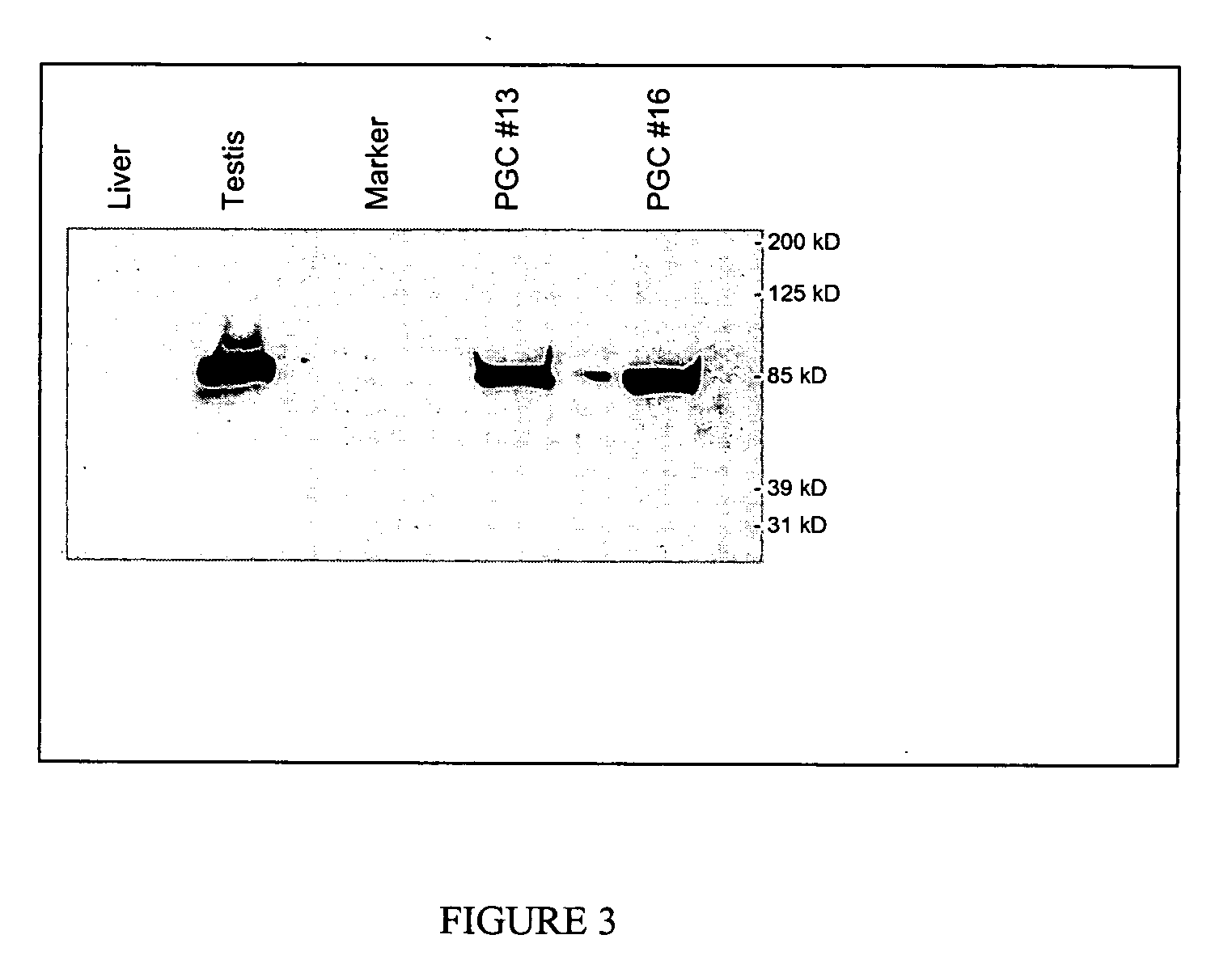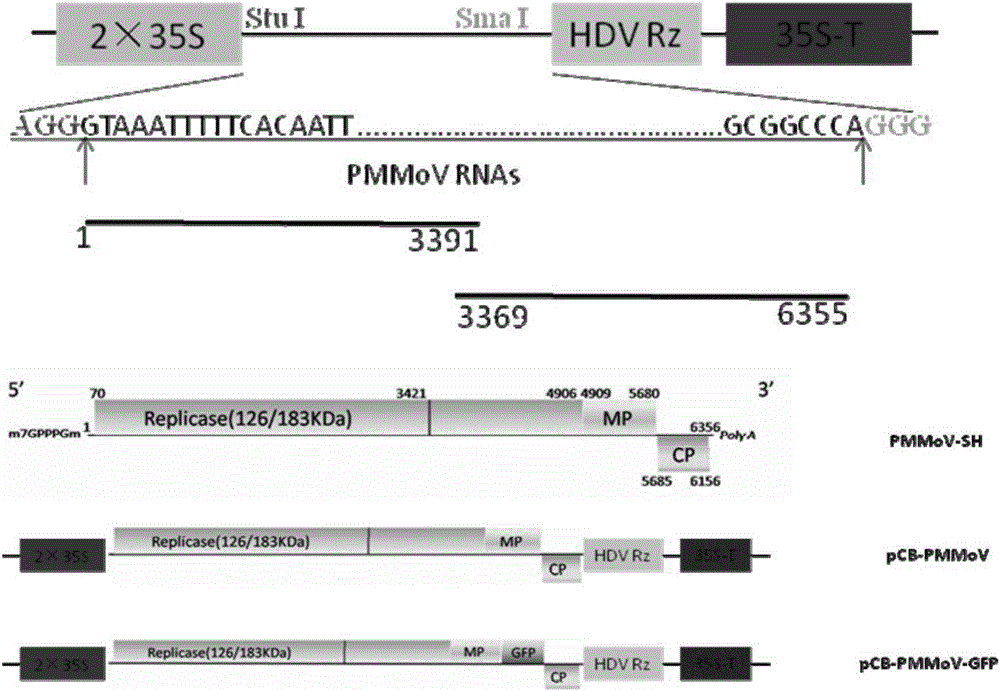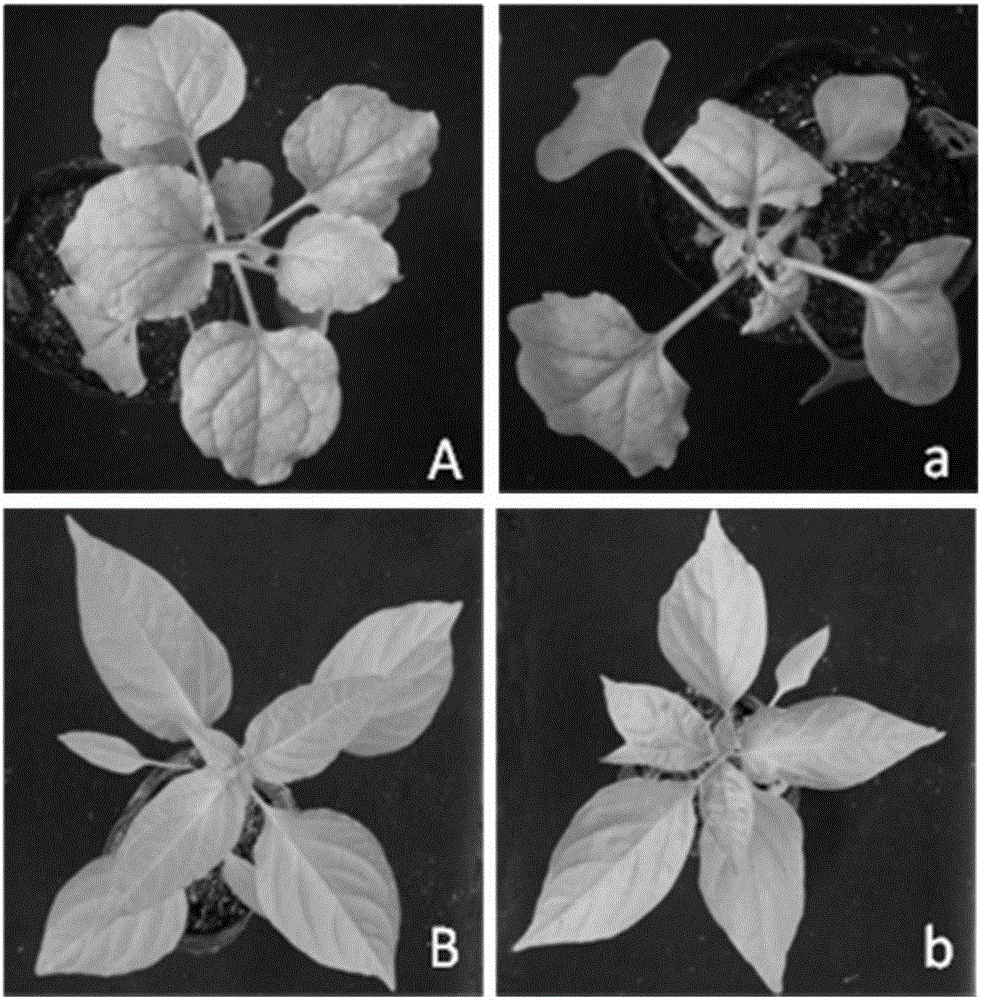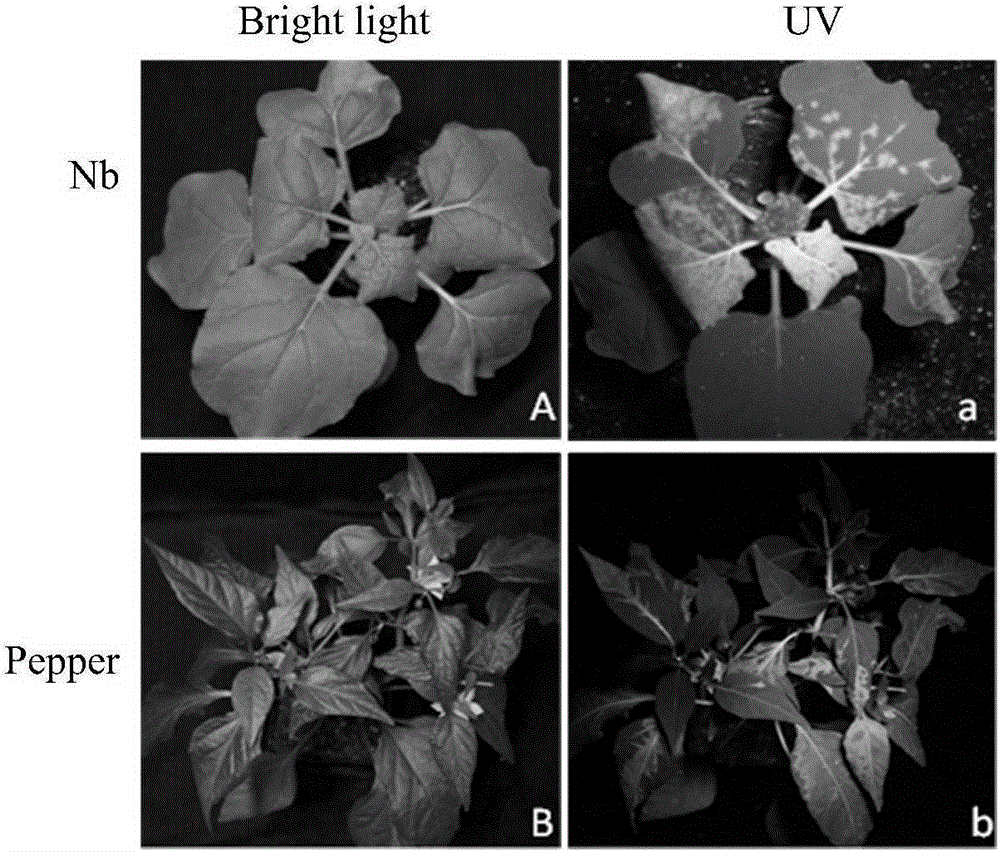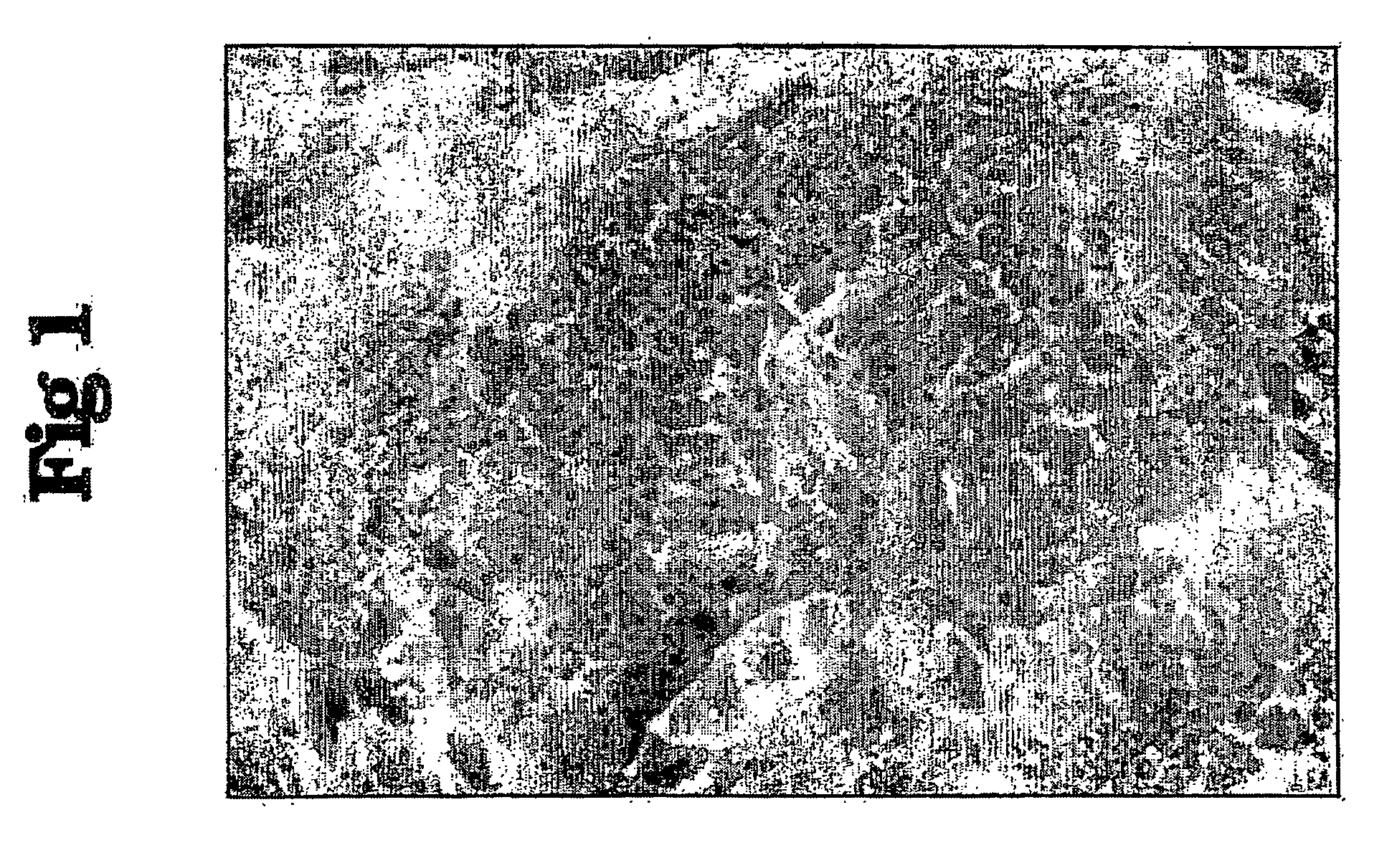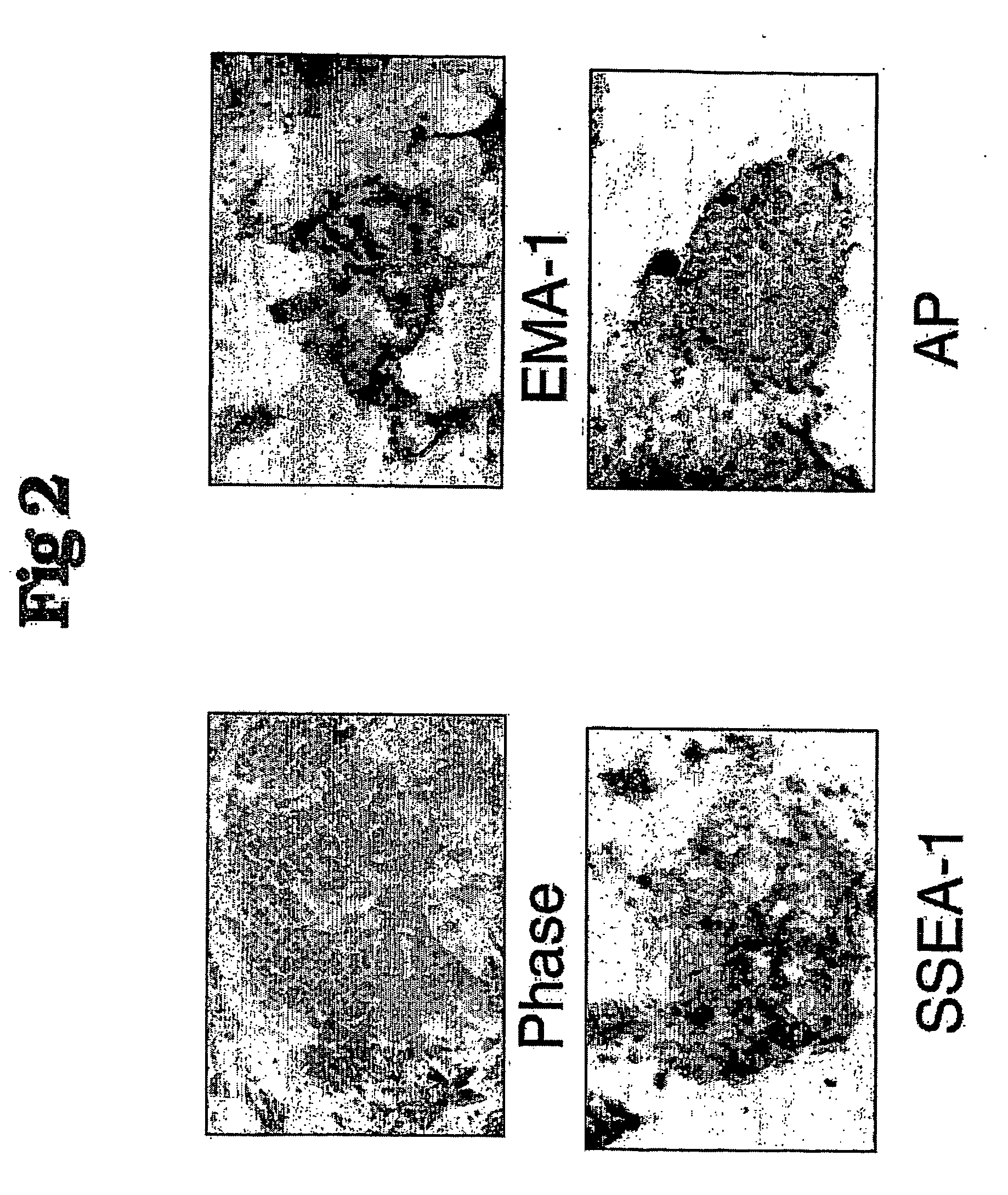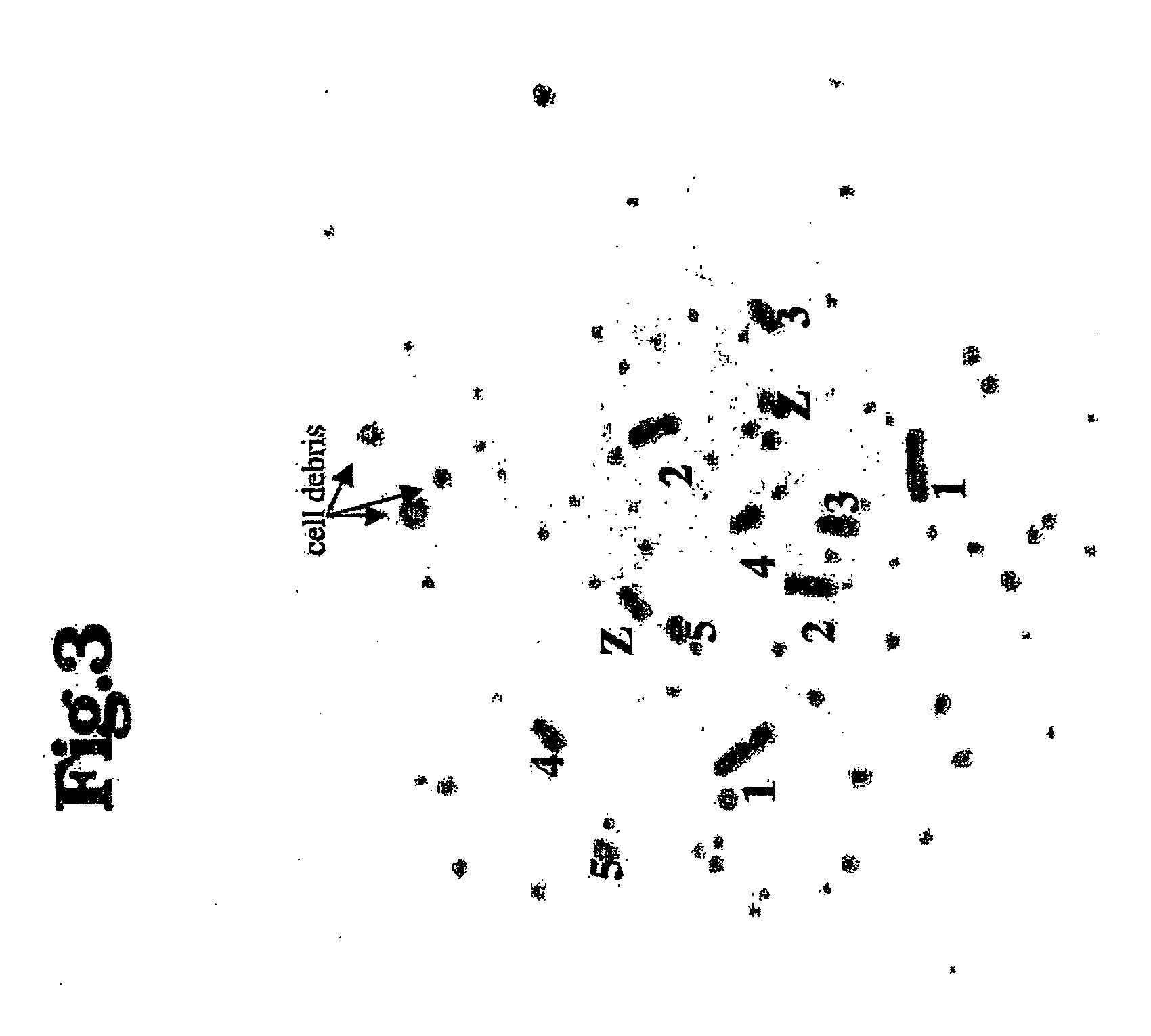Patents
Literature
412 results about "Exogenous protein" patented technology
Efficacy Topic
Property
Owner
Technical Advancement
Application Domain
Technology Topic
Technology Field Word
Patent Country/Region
Patent Type
Patent Status
Application Year
Inventor
Definition: By the term endogenous protein metabolism is meant the disintegration of those proteins which already exist as components of living cells (tissue proteins). The term exogenous protein metabolism implies the breakdown of food proteins which do not exist as parts of the cell protoplasm.
Immunoassay device with immuno-reference electrode
InactiveUS20060160164A1Reduce distractionsIncrease ionic strengthBioreactor/fermenter combinationsBiological substance pretreatmentsImmune profilingImmobilized Antibodies
An electrochemical immunosensor system with reduced interference, comprising: a first immunosensor that generates an electrochemical signal based on the formation of a sandwich between an immobilized antibody, a target analyte and a labeled antibody, wherein a portion of the signal arises from non-specific binding of the labeled antibody in the region of the first immunosensor, and a second immunosensor that acts as an immuno-reference sensor and generates a signal that is the same as or predictably related to the degree of non-specific binding which occurs in the region of the first immunosensor, and has an immunocomplex between an immobilized antibody and an endogenous or exogenous protein that is in the sample and that is not the target analyte.
Owner:ABBOTT POINT CARE
Immunoassay device with immuno-reference electrode
InactiveUS7723099B2Increase ionic strengthReduce distractionsBioreactor/fermenter combinationsBiological substance pretreatmentsProtein insertionNon specific
An electrochemical immunosensor system with reduced interference, comprising: a first immunosensor that generates an electrochemical signal based on the formation of a sandwich between an immobilized antibody, a target analyte and a labeled antibody, wherein a portion of the signal arises from non-specific binding of the labeled antibody in the region of the first immunosensor, anda second immunosensor that acts as an immuno-reference sensor and generates a signal that is the same as or predictably related to the degree of non-specific binding which occurs in the region of the first immunosensor, and has an immunocomplex between an immobilized antibody and an endogenous or exogenous protein that is in the sample and that is not the target analyte.
Owner:ABBOTT POINT CARE
Chimeric bird from embryonic stem cells
Sustained cultures of avian embryonic stem cells are provided. Injection of avian embryonic stem cells into recipient embryos yields chimeras with a significant contribution from the embryonic stem cell phenotype. Transgene encoding exogenous proteins are stably integrated in the embryonic stem cells and are present in the somatic tissue of the resulting chimeras. The transgenes may encode exogenous proteins expressed in endodermal, ectodermal, mesodermal, or extra embryonic tissue. Breeding the resulting chimera yields transgenic birds whose genome is comprised of exogenous DNA.
Owner:SYNAGEVA BIOPHARMA CORP
Methods and organisms for utilizing synthesis gas or other gaseous carbon sources and methanol
The invention provides a non-naturally occurring microbial organism having an acetyl-CoA pathway and the capability of utilizing syngas or syngas and methanol. In one embodiment, the invention provides a non-naturally occurring microorganism, comprising one or more exogenous proteins conferring to the microorganism a pathway to convert CO, CO2 and / or H2 to acetyl-coenzyme A (acetyl-CoA), methyl tetrahydrofolate (methyl-THF) or other desired products, wherein the microorganism lacks the ability to convert CO or CO2 and H2 to acetyl-CoA or methyl-THF in the absence of the one or more exogenous proteins. For example, the microbial organism can contain at least one exogenous nucleic acid encoding an enzyme or protein in an acetyl-CoA pathway. The microbial organism is capable of utilizing synthesis gases comprising CO, CO2 and / or H2, alone or in combination with methanol, to produce acetyl-CoA. The invention additionally provides a method for producing acetyl-CoA, for example, by culturing an acetyl-CoA producing microbial organism, where the microbial organism expresses at least one exogenous nucleic acid encoding an acetyl-CoA pathway enzyme or protein in a sufficient amount to produce acetyl-CoA, under conditions and for a sufficient period of time to produce acetyl-CoA.
Owner:GENOMATICA INC
DNA encoding ovine adenovirus (OAV287) and its use as a viral vector
A genome of an ovine adenovirus designated OAV287 is isolated from sheep and sequenced. Portions of the genome not essential for maintenance or viability of the virus can be deleted or altered. A nucleotide sequence encoding a non-adenoviral polypeptide can be incorporated into the genome. The a full-length clone of the genome can be provided as part of a plasmid or viral vector. Cells can be transformed with a vector of the invention such that they express an exogenous protein.
Owner:COMMONWEALTH SCI & IND RES ORG
Expression of biologically active proteins in a bacterial cell-free synthesis system using bacterial cells transformed to exhibit elevated levels of chaperone expression
The present disclosure describes methods and systems for improving the expression of a properly folded, biologically active protein of interest in a cell free synthesis system. The methods and systems use a bacterial cell free extract having an active oxidative phosphorylation system, and include an exogenous protein chaperone. The exogenous protein chaperone can be expressed by the bacteria used to prepare the cell free extract. The exogenous protein chaperone can be a protein disulfide isomerase and / or a peptidyl-prolyl cis-trans isomerase. The inventors discovered that the combination of a protein disulfide isomerase and a peptidyl-prolyl cis-trans isomerase produces a synergistic increase in the amount of properly folded, biologically active protein of interest.
Owner:SUTRO BIOPHARMA
Bacillus subtilis for efficient exogenous protein expression and high density culture
Belonging to the technical field of bioengineering, the invention discloses a bacillus subtilis for efficient exogenous protein expression and high density culture. According to the invention, a screening and separation method is employed to acquire a bacillus subtilis with high protein expression quantity, and the six genes srfC, spoIIAC, amyE, nprE, aprE and bamA are knocked out to obtain B. subtilis WS5 with a preservation number of CCTCC M 2016536. The bacillus subtilis WS5 is adopted as the expression host for construction of a beta-CGTase genetically engineered bacterium. The beta-CGTase genetically engineered bacterium is subjected to 3L fermentor culture, foams produced in the fermentation process are obviously decreased, a mirror does not detect spore production, almost no extracellular amylase and protease exist in the culture process, after 70h of fermentation culture, the beta-CGTase enzyme activity reaches 270U / ml, and DCW reaches 70g / L.
Owner:JIANGNAN UNIV
Tissue specific expression of exogenous proteins in transgenic chickens
InactiveUS20030172387A1Improve concentrationEasy to collectEgg immunoglobulinsVectorsGerm layerExogenous DNA
Transgenes encoding exogenous proteins are stably integrated into embryonic stem cells and are present in the somatic tissue of transgenic or chimeric birds. The transgenes encode exogenous proteins and are expressed in any of endodermal, ectodermal, mesodermal, or extra embryonic tissue. Tissue specificity is provided by selecting the content of the transgene accordingly. Transgenic birds whose genome is comprised of trangene derived exogenous DNA express exogenous proteins with tissue specificity, and specifically express exogenous proteins in the tubular gland cells of the oviduct to concentrate exogenous proteins in egg white..
Owner:SYNAGEVA BIOPHARMA CORP
High level production of p-hydroxybenzoic acid in green plants
The invention relates to high-level production of pHBA in green plants using a unique expression cassette. The latter comprises a chorismate pyruvate lyase (CPL) coding sequence operably linked to a suitable promoter capable of driving protein expression in higher plants. Additionally, the CPL cassette comprises a sequence encoding a chloroplast transit peptide, its natural cleavage site, and a small portion of the transit peptide donor protein fused to the N-terminus of CPL. The chloroplast targeting sequence targets the foreign protein to the chloroplast compartment and aids in its uptake into the organelle. The cleavage site is unique to the transit peptide, and cleavage of the chimeric protein encoded by the cassette at this site releases a novel polypeptide that has full enzyme activity, comprising the mature CPL enzyme and a small portion of the transit peptide donor.
Owner:UNIVERSITY OF NORTH TEXAS
Genetically stable recombinant modified vaccinia ankara (RMVA) vaccines and methods of preparation thereof
ActiveUS20100316667A1Elicit immune responseVectorsSugar derivativesHeterologousModified vaccinia Ankara
A vaccine comprising an immunologically effective amount of recombinant modified vaccinia Ankara (rMVA) virus which is genetically stable after serial passage and produced by a) constructing a transfer plasmid vector comprising a modified H5 (mH5) promoter operably linked to a DNA sequence encoding a heterologous foreign protein antigen, wherein the expression of said DNA sequence is under the control of the mH5 promoter; b) generating rMVA virus by transfecting one or more plasmid vectors obtained from step a) into wild type MVA virus; c) identifying rMVA virus expressing one or more heterologous foreign protein antigens using one or more selection methods for serial passage; d) conducting serial passage; e) expanding an rMVA virus strain identified by step d); and f) purifying the rMVA viruses from step e) to form the vaccine. One embodiment is directed to a fusion cytomegalovirus (CMV) protein antigen comprising a nucleotide sequence encoding two or more antigenic portions of Immediate-Early Gene-1 or Immediate-Early Gene-2 (IEfusion), wherein the antigenic portions elicit an immune response when expressed by a vaccine.
Owner:CITY OF HOPE
System and method for identifying proteins involved in force-initiated signal transduction
InactiveUS6982150B2Bioreactor/fermenter combinationsBiological substance pretreatmentsMechanotransductionCytoskeleton
The present invention relates to a cytoskeletal system composed of purified components which allow for the identification of key proteins involved in mechanotransduction. The system comprises a cytoskeleton network deficient in force-dependent proteins, exogenous proteins in contact with the cytoskeleton network, a means for applying a force to the cytoskeleton network, and a means for identifying any of the exogenous proteins that bind to the cytoskeleton network when a force is applied to the cytoskeleton network, wherein proteins identified are involved in mechnotransduction. The invention further relates to a method for identifying proteins involved in mechanotransduction using the cytoskeletal system of the present invention. The identification of key players involved in mechanotransduction allows for the identification of agents capable of inhibiting or enhancing mechanotransduction.
Owner:THE TRUSTEES OF COLUMBIA UNIV IN THE CITY OF NEW YORK
Bacillus subtilis strain capable of efficiently expressing exogenous secretory proteinase
The invention discloses a bacillus subtilis strain capable of efficiently expressing an exogenous secretory proteinase. A bacillus subtilis host bacteria capable of expressing exogenous protein is disclosed. A gene apr of a bacillus subtilis alkaline protease, and a gene npr and a spore forming gene spoIIAC of a bacillus subtilis neutral metalloproteinase are knocked out, wherein the bacillus subtilis alkaline protease and the bacillus subtilis neutral metalloproteinase are two exocrine proteinases in the bacillus subtilis host bacteria. The obtained bacillus subtilis host bacteria can be used for high-yield exogenous proteinases by genetic engineering manners. Based on this, a genetically engineered bacterium secreting pullulanase is constructed and can produce the pullulanase with a high yield. The genetically engineered bacterium secreting has a wide development prospect in industrial production by fermentation industry research.
Owner:NANJING BESTZYME BIO ENG CO LTD
Methods and organisms for utilizing synthesis gas or other gaseous carbon sources and methanol
The invention provides a non-naturally occurring microbial organism having an acetyl-CoA pathway and the capability of utilizing syngas or syngas and methanol. In one embodiment, the invention provides a non-naturally occurring microorganism, comprising one or more exogenous proteins conferring to the microorganism a pathway to convert CO, CO2 and / or H2 to acetyl-coenzyme A (acetyl-CoA), methyl tetrahydrofolate (methyl-THF) or other desired products, wherein the microorganism lacks the ability to convert CO or CO2 and H2 to acetyl-CoA or methyl-THF in the absence of the one or more exogenous proteins. For example, the microbial organism can contain at least one exogenous nucleic acid encoding an enzyme or protein in an acetyl-CoA pathway. The microbial organism is capable of utilizing synthesis gases comprising CO, CO2 and / or H2, alone or in combination with methanol, to produce acetyl-CoA. The invention additionally provides a method for producing acetyl-CoA, for example, by culturing an acetyl-CoA producing microbial organism, where the microbial organism expresses at least one exogenous nucleic acid encoding an acetyl-CoA pathway enzyme or protein in a sufficient amount to produce acetyl-CoA, under conditions and for a sufficient period of time to produce acetyl-CoA.
Owner:GENOMATICA INC
Immunization cell frozen stock solution, preparation method and application
ActiveCN104026118AMaintain functional propertiesMaintain biological propertiesDead animal preservationDonors plasmaBlood plasma
The invention discloses an immunization cell frozen stock solution, a preparation method and an application, the immunization cell frozen stock solution contains dimethyl sulfoxide, human donor plasma and an immunization cell basic medium. The immunization cell frozen stock solution comprises the following components according to volume percentage: 5-10% of dimethyl sulfoxide, 10-90% of human donor plasma and 0.01-80% of immunization cell basic medium. According to the immunization cell frozen stock solution, no animal serum is contained, exogenous protein is not introduced, so that possibility of animal disease cause pollution is reduced; refrigeration damage of the immunization cell can be effectively avoided, physiology function and stability of biology characteristic after recovering the immunization cell can be kept, the immunization cell frozen stock solution can be directly used for clinical treatment, and is suitable for long-term refrigeration storage of human mononuclear cell and other various immunization cells.
Owner:HANGZHOU S EVANS BIOSCI LTD
Specific detection method of protein or polypeptide cysteine sulfydryl modification and application thereof
ActiveCN101893634AMaterial analysis by electric/magnetic meansBiological testingSpecific detectionProtein insertion
The invention relates to a specific detection method of protein or polypeptide cysteine sulfydryl related modification under the condition that the interference of the intermolecular disulfide bond is removed, a kit for executing the method and application of the kit in screening new physiopathology related endogenous targets or exogenous protein or polypeptide targets of cysteine sulfydryl related modification, screening drugs designed to regulate the protein or polypeptide cysteine sulfydryl related modification and detecting content of cysteine sulfydryl related modification in samples.
Owner:INSITUTE OF BIOPHYSICS CHINESE ACADEMY OF SCIENCES
Alteration of cell membrane with B7
InactiveUS7238360B2Systemic effectInhibitionOrganic active ingredientsPeptide/protein ingredientsForeign proteinApoptosis
Methods and compositions are provided for the persistent modification of cell membranes with exogenous proteins so as to alter the function of the cell to achieve effects similar to those of gene therapy, without the introduction of exogenous DNA. DNA sequences, the proteins and polypeptides embodying these sequences are disclosed for modulating the immune system. The modulations include down-regulation, up-regulation and apoptosis.
Owner:UNIV OF LOUISVILLE RES FOUND INC
Transgenic chickens with an inactivated endogenous gene locus
InactiveUS20100138946A1Convenient treatmentGood curative effectVirusesImmunoglobulins against cell receptors/antigens/surface-determinantsFowlIntegrases
The present invention is transgenic chickens obtained from long-term cultures of avian PGCs and techniques to produce and transgenic birds derived from prolonged PGC cultures. In some embodiments, these PGCs can be transfected with genetic constructs to modify the DNA of the PGC, specifically to introduce a transgene encoding an exogenous protein. When combined with a host avian embryo by known procedures, those modified PGCs are transmitted through the germline to yield transgenic offspring. This invention includes compositions comprising long-term cultures of PGCs and offspring derived from them that are genetically modified. The genetic modifications introduced into PGCs to achieve the gene inactivation may also include, but are not restricted to, random integrations of transgenes into the genome, transgenes inserted into the promoter region of genes, transgenes inserted into repetitive elements in the genome, site specific changes to the genome that are introduced using integrase, site specific changes to the genome introduced by homologous recombination, and conditional mutations introduced into the genome by excising DNA that is flanked by lox sites or other sequences that are substrates for site specific recombination.
Owner:ORIGEN THERAPEUTICS +1
Method and composition for a protein transduction technology and its applications
ActiveUS20090298111A1Efficient deliveryBest protein transduction efficiencyPeptide/protein ingredientsMicroencapsulation basedSpectroscopyFluorophore
A protein transduction method for efficiently delivery of exogenous proteins into mammalian cells is invented, which has the capability of targeting different cellular compartments and protection from degradation of the delivered proteins from cellular proteases. A composition for treat proteins has cation reagents, lipids and enhancers in a carrier. The method can be used in a number of ways including: production of large quantities of properly folded, post-translationally modified proteins using mammalian cell machinery, a in-cell fluorescence spectroscopy and imaging using small molecule fluorophores and a in-cell NMR spectroscopy using living mammalian cells. The method permits cell biology at atomic resolution that is physiologically and pathological relevant and permits protein therapy to treat human diseases. The method can also be used to deliver exogenous protein inside mammalian cells, wherein the exogenous proteins follow a similar secretion pathway as that of the endogenous protein.
Owner:WAYNE STATE UNIV
Targeted adenovirus vectors for delivery of heterologous genes
Modification of internal sites of the adenovirus fiber protein and hexon protein permit effective targeting of adenovirus vectors. Accessible sites to redirect adenovirus targeting were identified. The HVR5 loop of the hexon protein and the HI loop of the fiber protein (knob) were highly permissive for the insertion of foreign protein sequences, which apparently did not impact on the viability and productivity of corresponding viruses. Accessibility and functionality of the epitope strongly depend on the size of the neighboring spacers. Other results suggest that short targeting peptides can be effectively fused to the C-terminus of the fiber protein. In a specific embodiment, a series of adenovirus vectors modified at the HVR5 site, the fiber protein HI loop, or the fiber protein C-terminus to target urokinase-type plasminogen activator receptor bearing cells were prepared. Such vectors are particularly useful for targeting the vasculature, e.g., for gene therapy of cancers or cardiovascular conditions.
Owner:CENTELION SAS
Novel vectors for animal cells and use thereof
InactiveUS20060078992A1Decrease productivityFold preciselyMicroorganismsMicroorganism based processesBiotechnologyForeign protein
Protein synthesis inhibitor resistance genes (typified by a cycloheximide resistance gene) are capable of imparting resistance to a protein synthesis inhibitor (typified by cycloheximide) to animal cells sensitive to the inhibitor. The genes have a sequence mutated by substitution in a gene encoding a ribosome-constituting protein derived from an animal. The genes may be placed in recombinant vectors, including expression vectors containing the gene together with a foreign protein structural gene.
Owner:KIRIN HOLDINGS KK
Genetically stable recombinant modified vaccinia ankara (rMVA) vaccines and methods of preparation thereof
A vaccine comprising an immunologically effective amount of recombinant modified vaccinia Ankara (rMVA) virus which is genetically stable after serial passage and produced by a) constructing a transfer plasmid vector comprising a modified H5 (mH5) promoter operably linked to a DNA sequence encoding a heterologous foreign protein antigen, wherein the expression of said DNA sequence is under the control of the mH5 promoter; b) generating rMVA virus by transfecting one or more plasmid vectors obtained from step a) into wild type MVA virus; c) identifying rMVA virus expressing one or more heterologous foreign protein antigens using one or more selection methods for serial passage; d) conducting serial passage; e) expanding an rMVA virus strain identified by step d); and f) purifying the rMVA viruses from step e) to form the vaccine. One embodiment is directed to a fusion cytomegalovirus (CMV) protein antigen comprising a nucleotide sequence encoding two or more antigenic portions of Immediate-Early Gene-1 or Immediate-Early Gene-2 (IEfusion), wherein the antigenic portions elicit an immune response when expressed by a vaccine.
Owner:CITY OF HOPE
Cryopreservation liquid for cultured NK cells and preparation method of cryopreservation liquid
The invention relates to the technical field of cell cryopreservation liquids, and in particular relates to a cryopreservation liquid for cultured NK cells and a preparation method of the cryopreservation liquid. The cryopreservation liquid for the cultured NK cells comprises tea polyphenol, a grape seed extract, vitamin C and autoserum. By virtue of adopting the autoserum, pollution of exogenous animal viruses and introduction of exogenous proteins are avoided, and the safety is high; by virtue of adding the tea polyphenol, the grape seed extract (procyanidine) and the vitamin C, cell oxidization can be effectively suppressed, the activity of the cells can be retained, and no harm to a human body is generated; meanwhile, the state of the cells recovered from cryopreservation is basically close to the state before cryopreservation, and the cryopreservation effect is good.
Owner:GUANGZHOU SALIAI STEMCELL SCI & TECH CO LTD
Optimized in vitro cell-free protein synthesis system and application
ActiveCN111378708AIncrease productionLow costFermentationVector-based foreign material introductionProtein targetCell free
The invention discloses an optimized in vitro cell-free protein synthesis system. The system comprises a cell extract, a carbohydrate material, a phosphate compound, a buffering agent and a DNA molecular template for encoding an exogenous protein, wherein the cell extract is a yeast cell extract inserted into a T7 RNA polymerase gene; the carbohydrate material is a mixture of glucose and maltodextrin; the buffering agent is a trihydroxymethyl aminomethane buffering agent; and the DNA molecule template is prepared by a nucleic acid isothermal amplification method, and a sequence as shown in SEQID NO.1 is inserted into the upstream of the coding sequence of the exogenous protein in the DNA molecular template. By optimizing, the cost of in vitro protein synthesis is reduced and the yield ofthe target protein is increased.
Owner:KANGMA SHANGHAI BIOTECH LTD
Cell-free freeze-drying preparation for in-vitro protein synthesis, and preparation method and application of cell-free freeze-drying preparation
The invention provides a cell-free freeze-drying preparation for in-vitro protein synthesis, and a preparation method and application of the cell-free freeze-drying preparation. Specifically, throughthe cell-free freeze-drying preparation provided by the invention, the synthetic activity of exogenous protein can be significantly improved under the situation that a protective agent does not need to be added.
Owner:KANGMA SHANGHAI BIOTECH LTD
Hansenula polymorpha yapsin deficient mutant strain and process for the preparation of recombinant proteins using the same
InactiveUS7262287B2High-efficiency <i>Improve efficiencyPolypeptide with localisation/targeting motifFungiBiotechnologyForeign protein
The present invention relates to a nucleic acid molecule comprising the HpYPS1 gene encoding H. polymorpha yapsin1, a polypeptide encoded by the nucleic acid molecule, a H. polymorpha mutant strain having reduced yapsin activity by mutation of the HpYPS gene encoding H. polymorpha yapsin1, a recombinant H. polymorpha strain expressing a foreign protein produced by introducing a gene encoding the foreign protein into the H. polymorpha mutant strain, and a process for preparing a foreign protein comprising culturing the recombinant H. polymorpha strain under conditions to express the foreign protein and isolating the foreign protein from the culture.
Owner:KOREA RES INST OF BIOSCI & BIOTECH +2
Avians expressing heterologous protein
InactiveUS7534929B2Altered phenotypeEfficient expressionAnimal cellsVectorsFowlNucleic acid sequencing
Owner:SYNAGEVA BIOPHARMA CORP +1
Avian eggs and exogenous proteins
InactiveUS20060123488A1Easy to produceImprove featuresOvalbuminStable introduction of DNAAvian oviductExogenous protein
This invention provides for proteins which are expressed in the avian oviduct, packaged into eggs laid by the avian and removed from the eggs.
Owner:SYNAGEVA BIOPHARMA CORP +1
Long-term culture of avian primordial germ cells (PGCs)
InactiveUS20060174362A1Robust growth and proliferationMaintenance of in simple and efficientHepatocytesImmunoglobulinsPlant Germ CellsAvian embryo
The present invention is long-term cultures of avian PGCs and techniques to produce germline chimeric and transgenic birds derived from prolonged PGC cultures. In some embodiments, these PGCs can be transfected with genetic constructs to modify the DNA of the PGC, specifically to introduce a transgene encoding an exogenous protein. When combined with a host avian embryo by known procedures, those modified PGCs produce germline chimeric birds. These germline chimeric birds do not have PGC derived somatic cells or tissues. This invention includes compositions comprising long-term cultures of PGCs that can be genetically modified by gene targeting, that can accept large amounts of foreign DNA and that contribute to the germline of recipient embryos.
Owner:ALEXION PHARMA INC
Infectious clone vector of pepper mild mottle virus, agrobacterium tumefaciens strain, method for preparing same and application of infectious clone vector
InactiveCN105219800AInvasive cloneEfficient infectionBacteriaMicroorganism based processesPlant virusTobacco mosaic virus
The invention relates to the field of genetic engineering, in particular to preparation of an infectious clone vector of a Pepper mild mottle virus (PMMoV) of RNA (ribonucleic acid) plant viruses and tobacco mosaic viruses, pathogenesis analysis on an infectiously cloned agrobacterium tumefaciens strain with the pepper mild mottle virus and exogenous proteins infectiously cloned and expressed by the aid of the PMMoV. The preparation, the pathogenesis analysis and exogenous proteins have the advantages that genomes of Shanghai bay isolate of the pepper mild mottle virus are constructed onto efficient plant expression vectors pCB301-CH by the aid of a genetic recombination process, the recombinant vectors are transferred into the agrobacterium tumefaciens strain by means of electroporation, and accordingly the virus vector with infection ability can be obtained; the plant expression vectors can be constructed by means of infectious cloning, and the exogenous proteins can be efficiently and stably expressed in host plants; mature systems can be provided for studying structures and functions of the virus genomes and studying interaction between the virus and hosts.
Owner:ZHEJIANG ACADEMY OF AGRICULTURE SCIENCES
Tissue specific expression of exogenous proteins in transgenic chickens
InactiveUS20060053504A1High expressionFacilitates concentration and collectionEgg immunoglobulinsVectorsGerm layerSomatic cell
Transgenes encoding exogenous proteins are stably integrated into embryonic stem cells and are present in the somatic tissue of transgenic or chimeric birds. The transgenes encode exogenous proteins and are expressed in any of endodermal, ectodermal, mesodermal, or extra embryonic tissue. Tissue specificity is provided by selecting the content of the transgene accordingly. Transgenic birds whose genome is comprised of trangene derived exogenous DNA express exogenous proteins with tissue specificity, and specifically express exogenous proteins in the tubular gland cells of the oviduct to concentrate exogenous proteins in egg white.
Owner:SYNAGEVA BIOPHARMA CORP
Features
- R&D
- Intellectual Property
- Life Sciences
- Materials
- Tech Scout
Why Patsnap Eureka
- Unparalleled Data Quality
- Higher Quality Content
- 60% Fewer Hallucinations
Social media
Patsnap Eureka Blog
Learn More Browse by: Latest US Patents, China's latest patents, Technical Efficacy Thesaurus, Application Domain, Technology Topic, Popular Technical Reports.
© 2025 PatSnap. All rights reserved.Legal|Privacy policy|Modern Slavery Act Transparency Statement|Sitemap|About US| Contact US: help@patsnap.com
